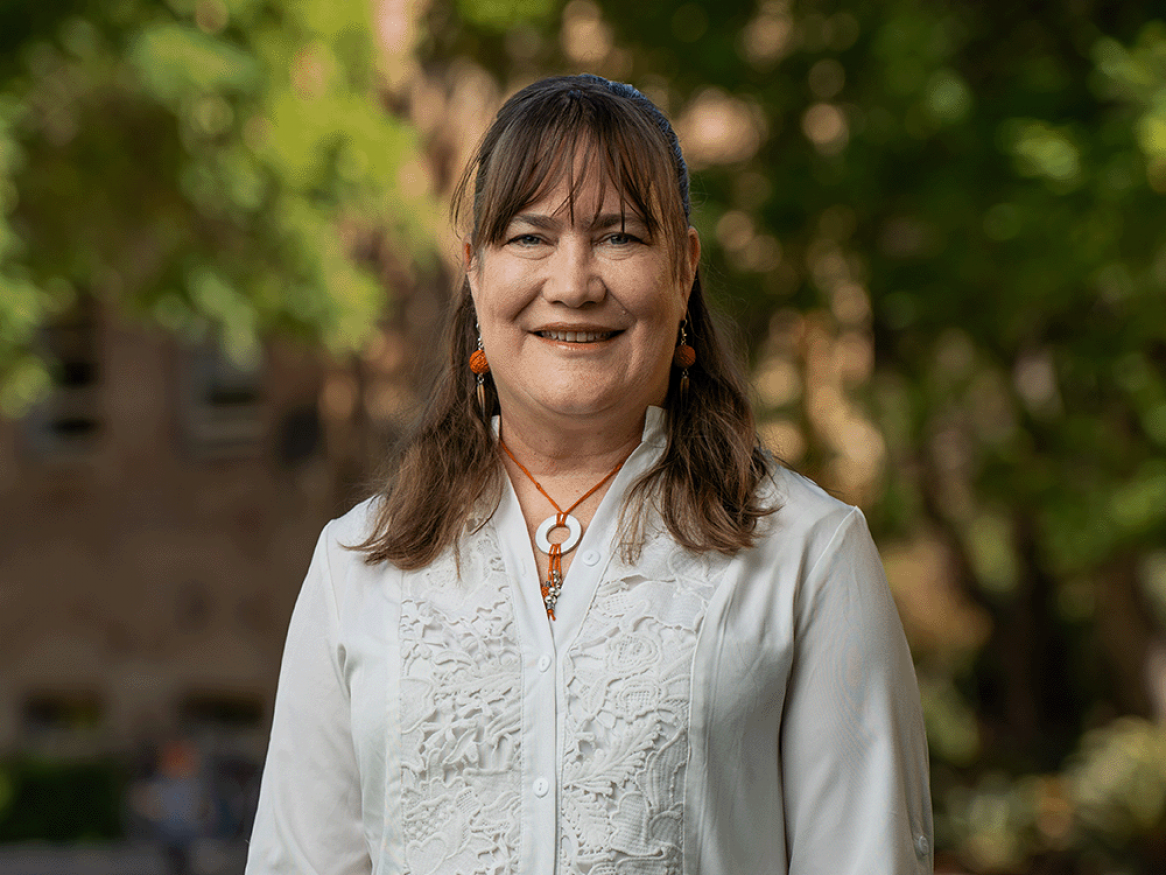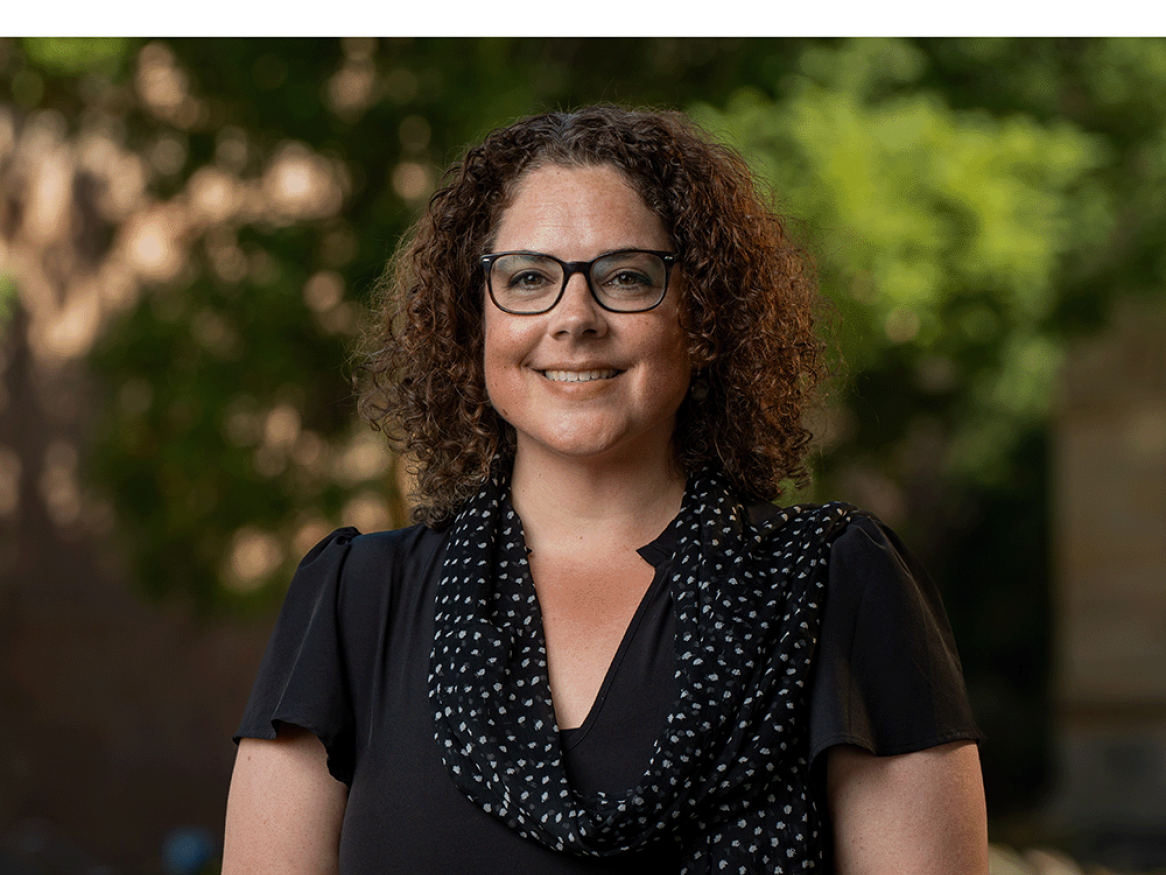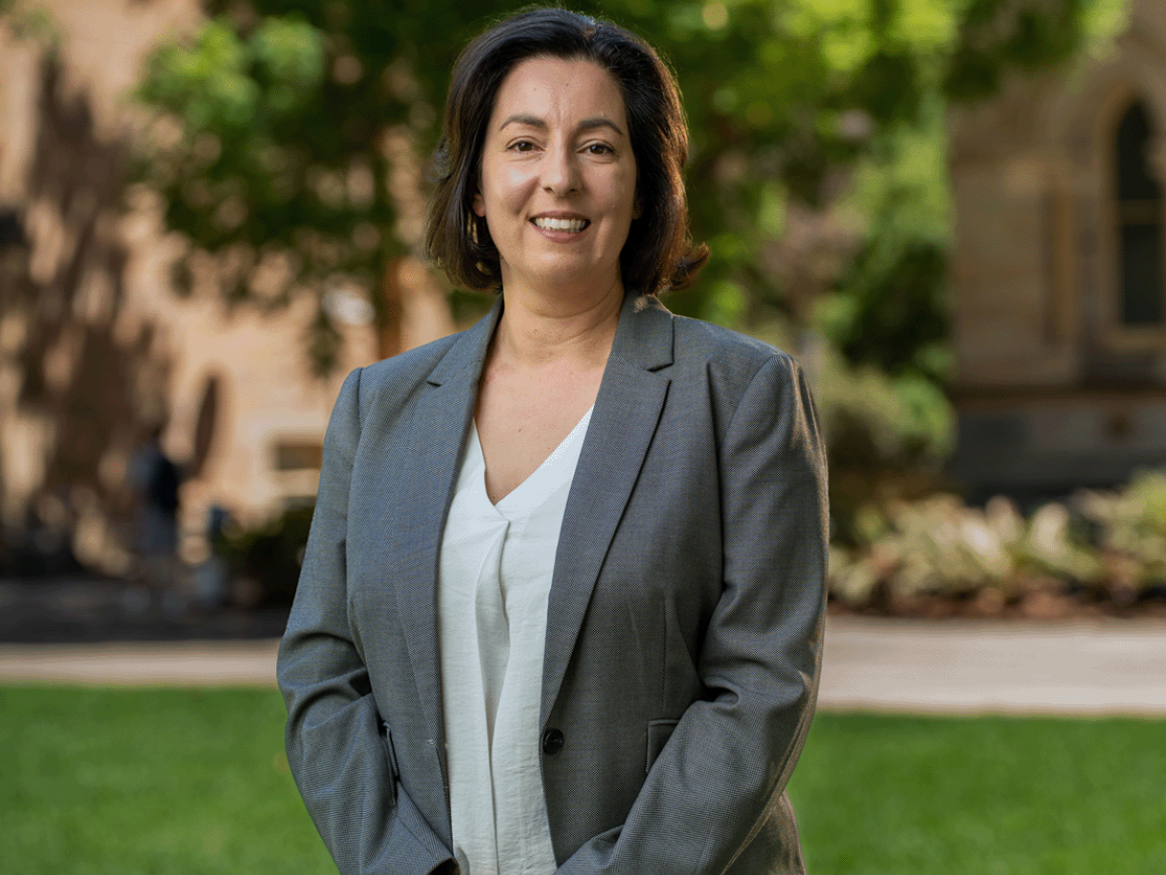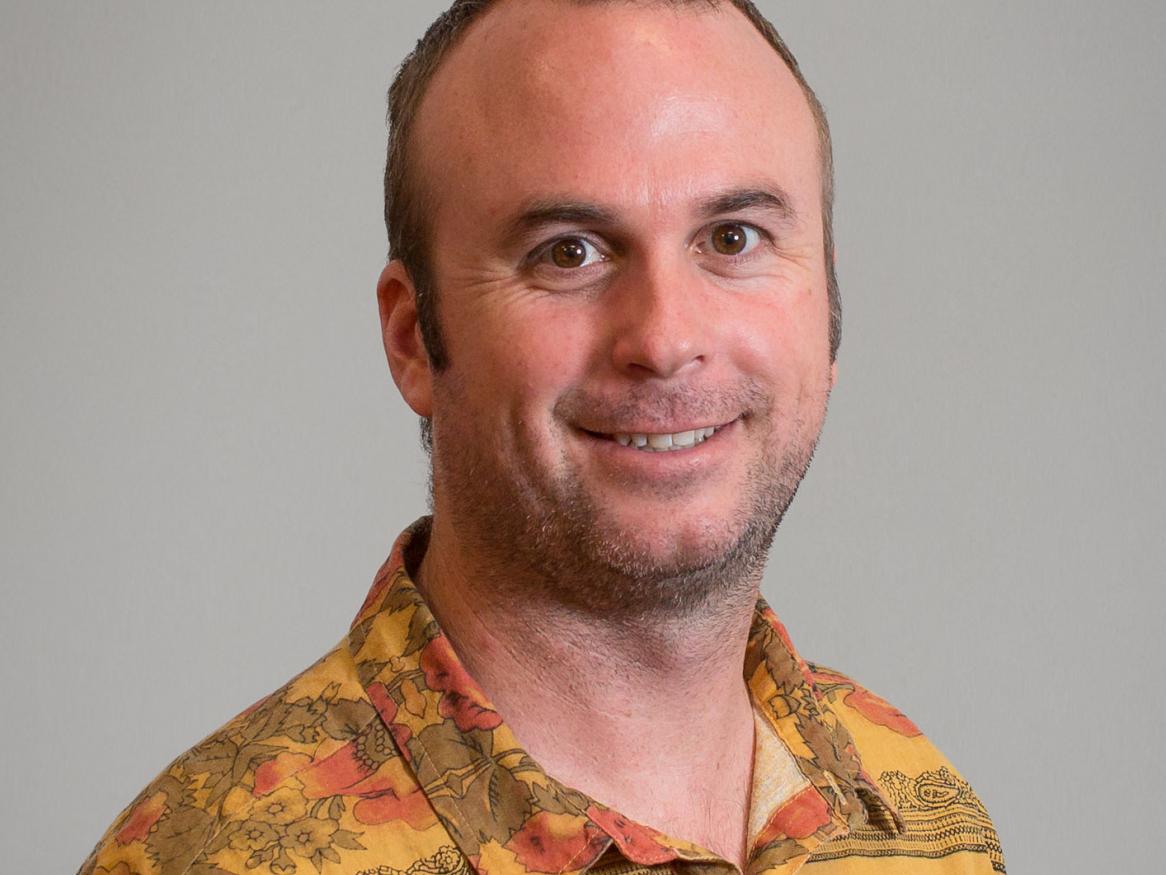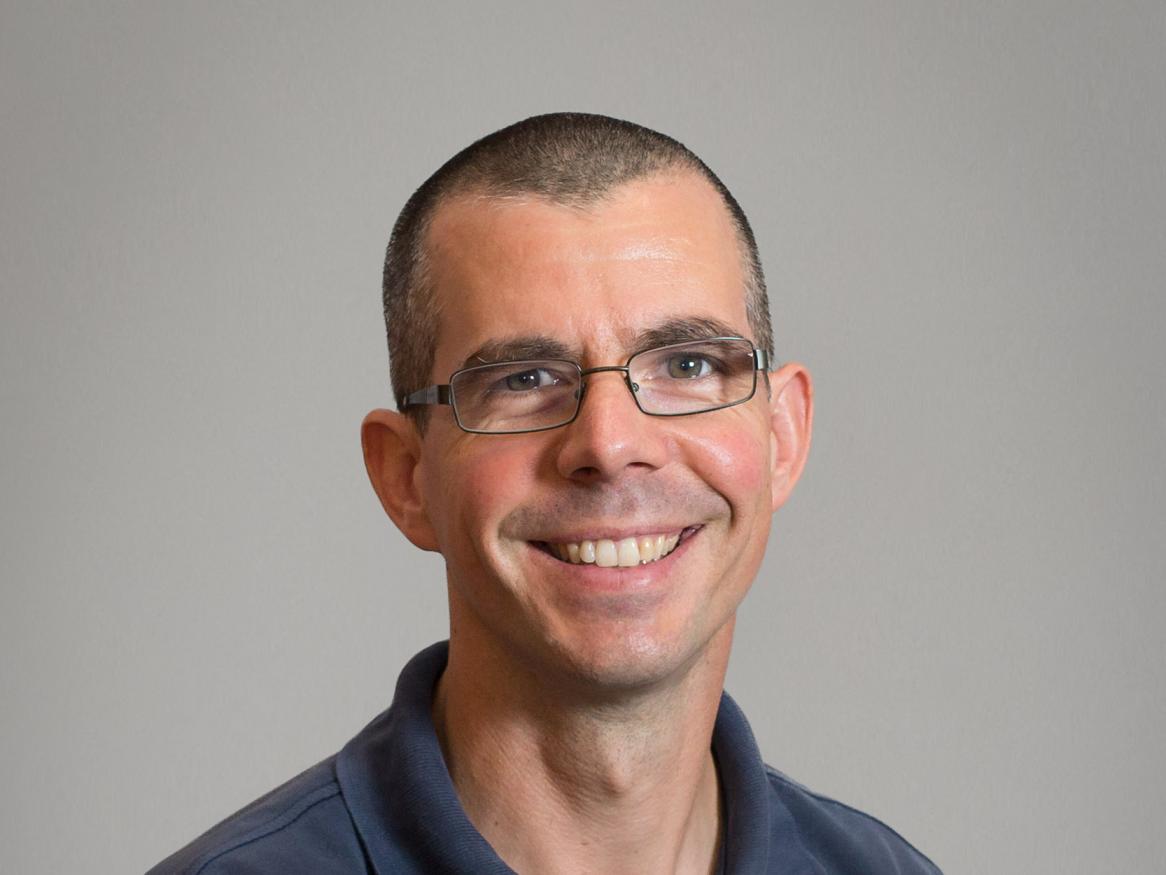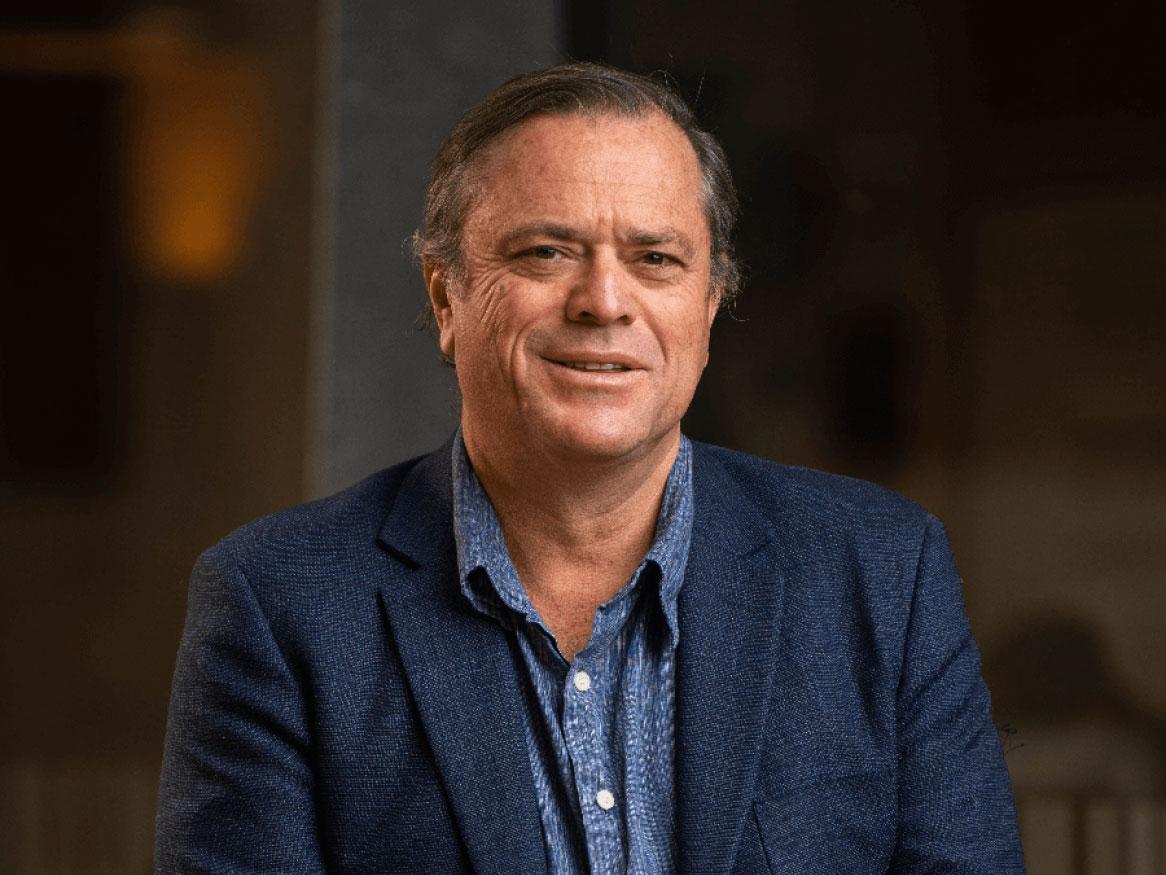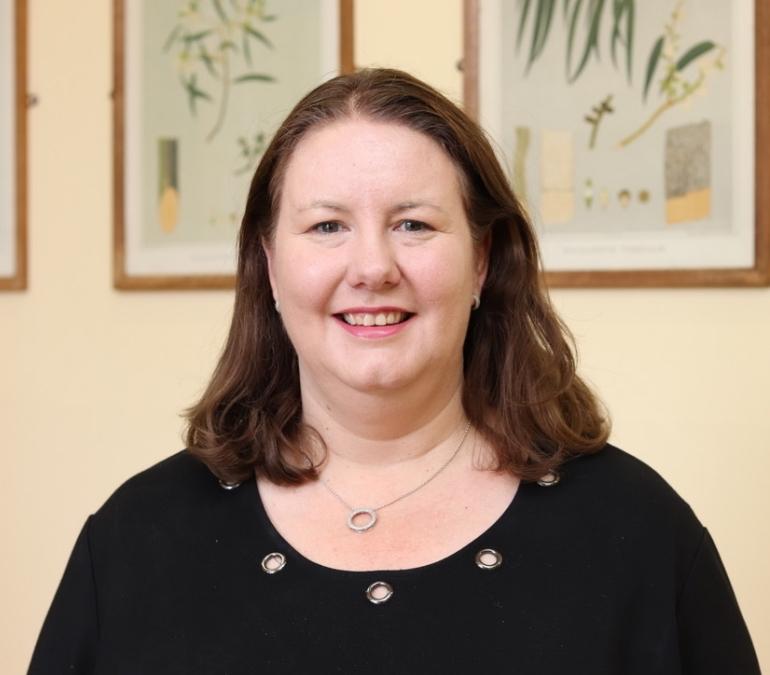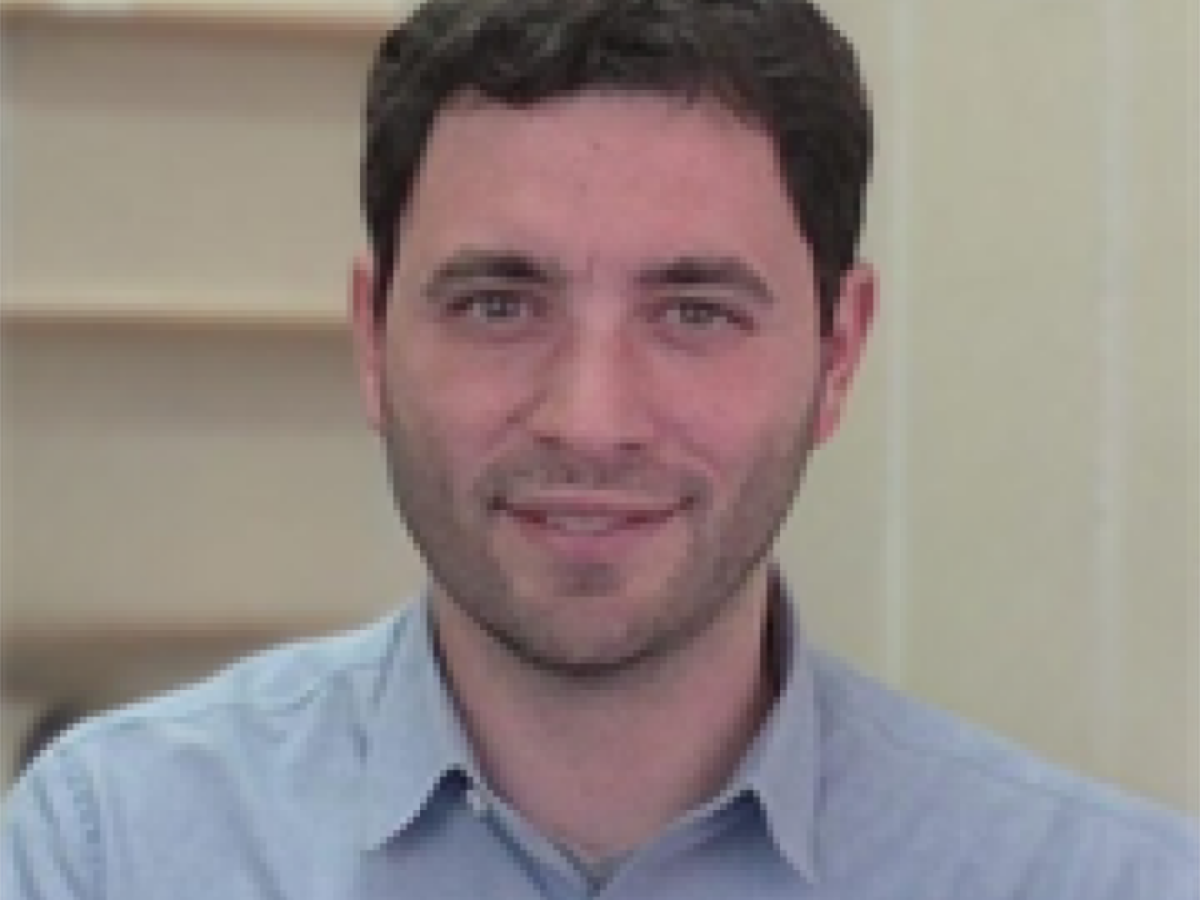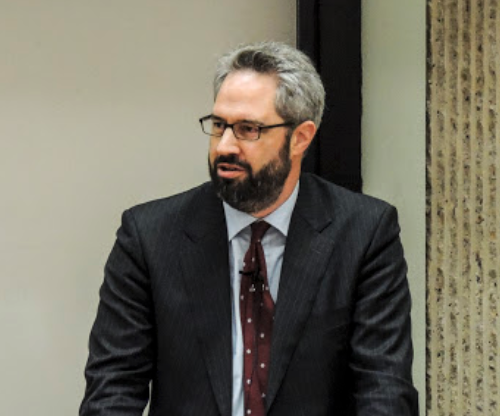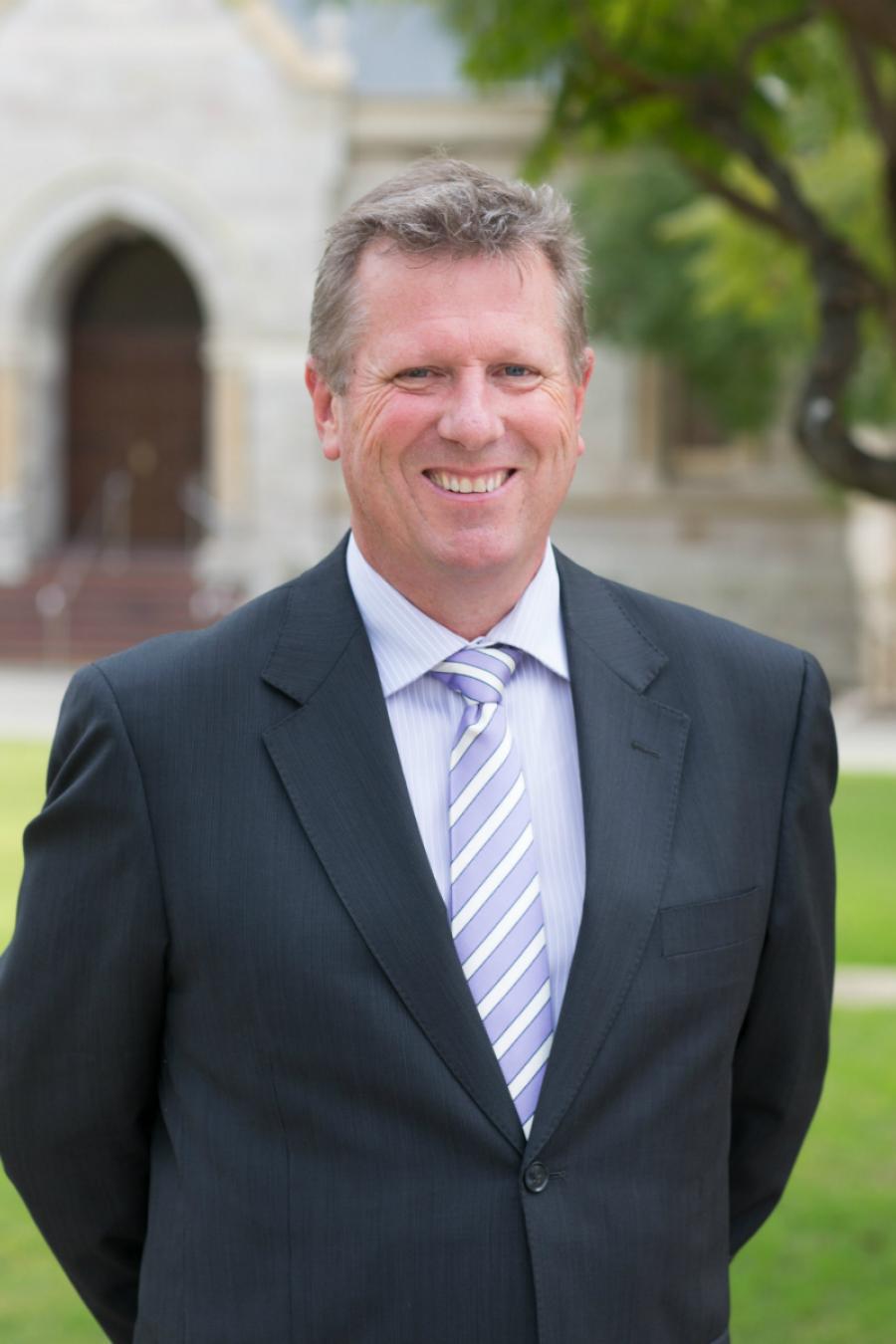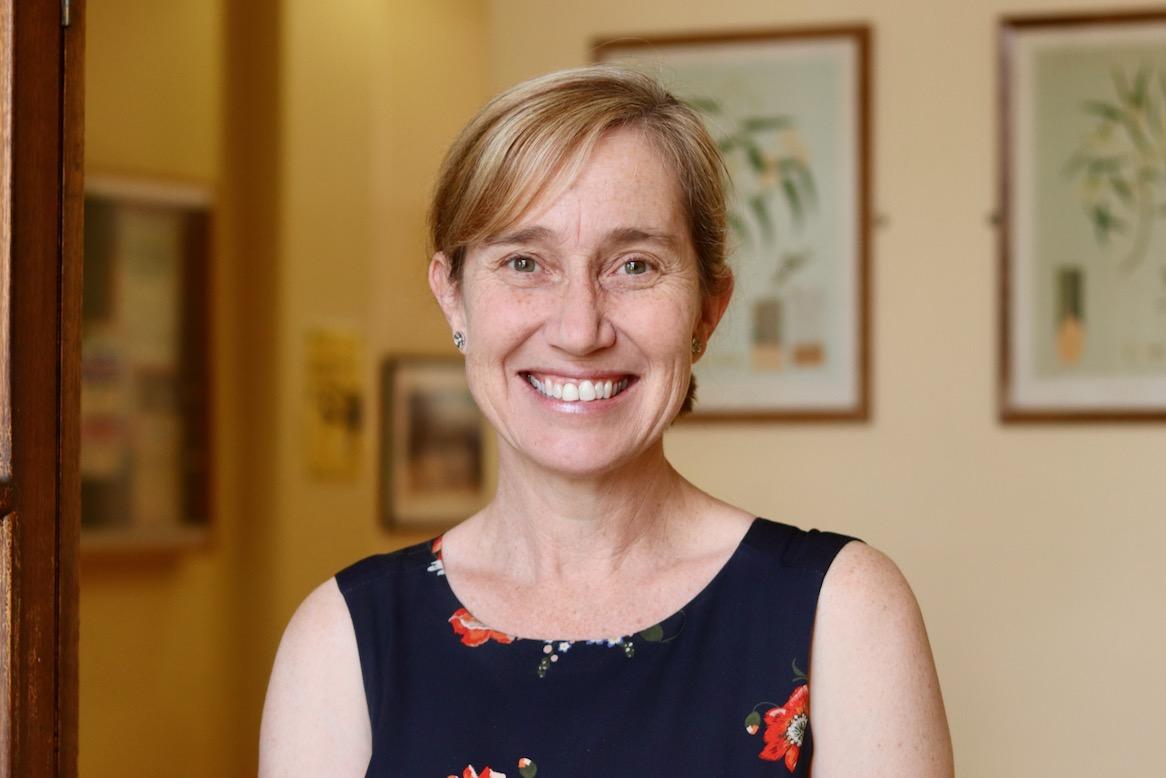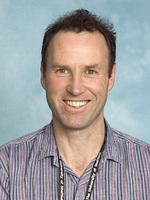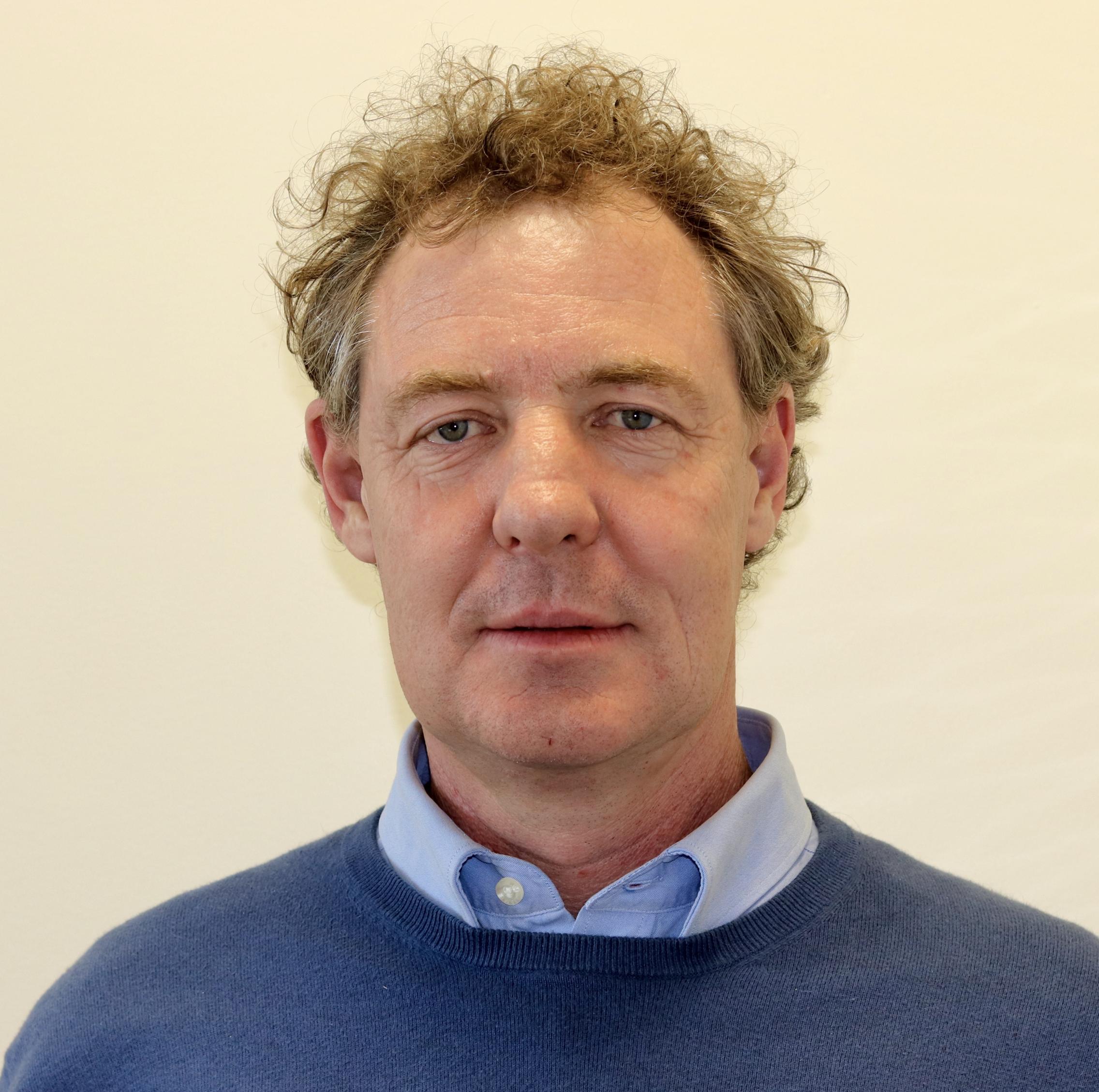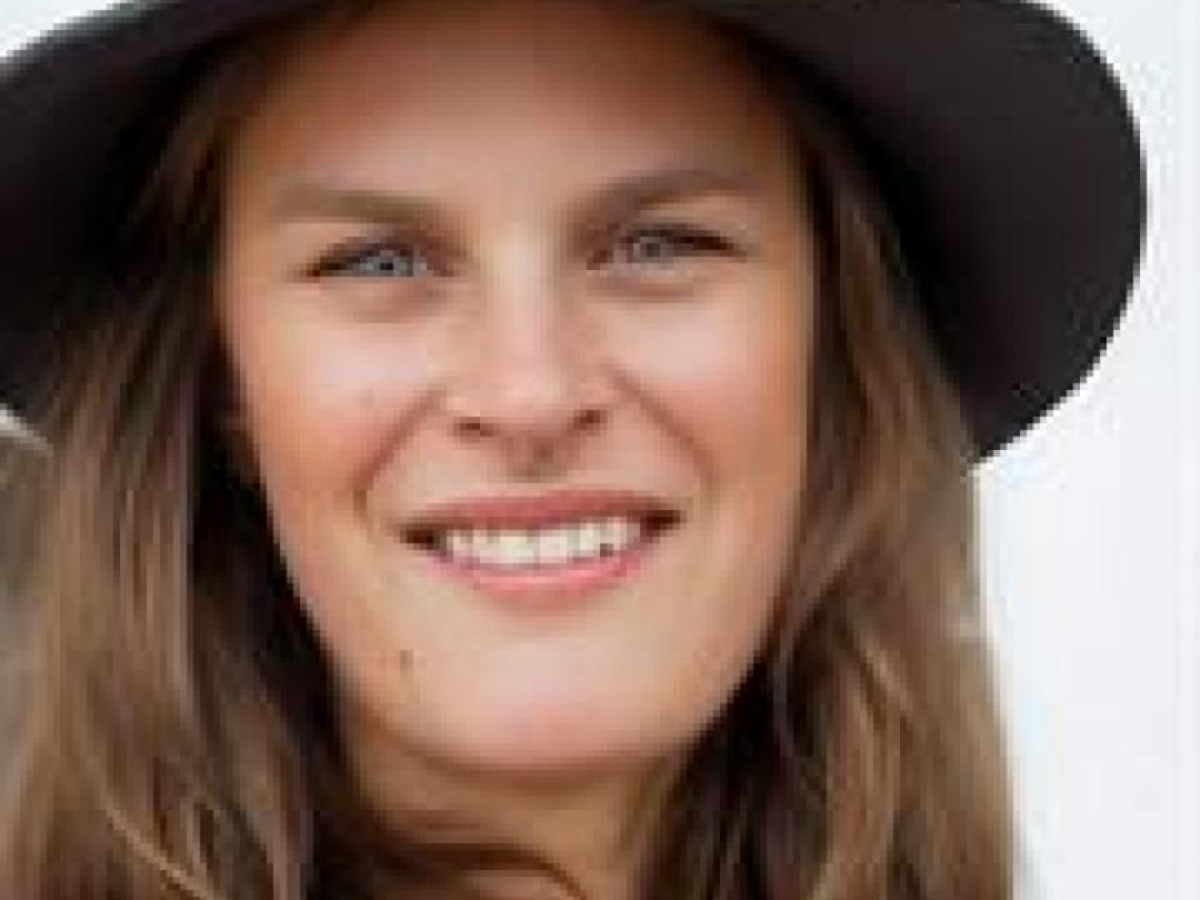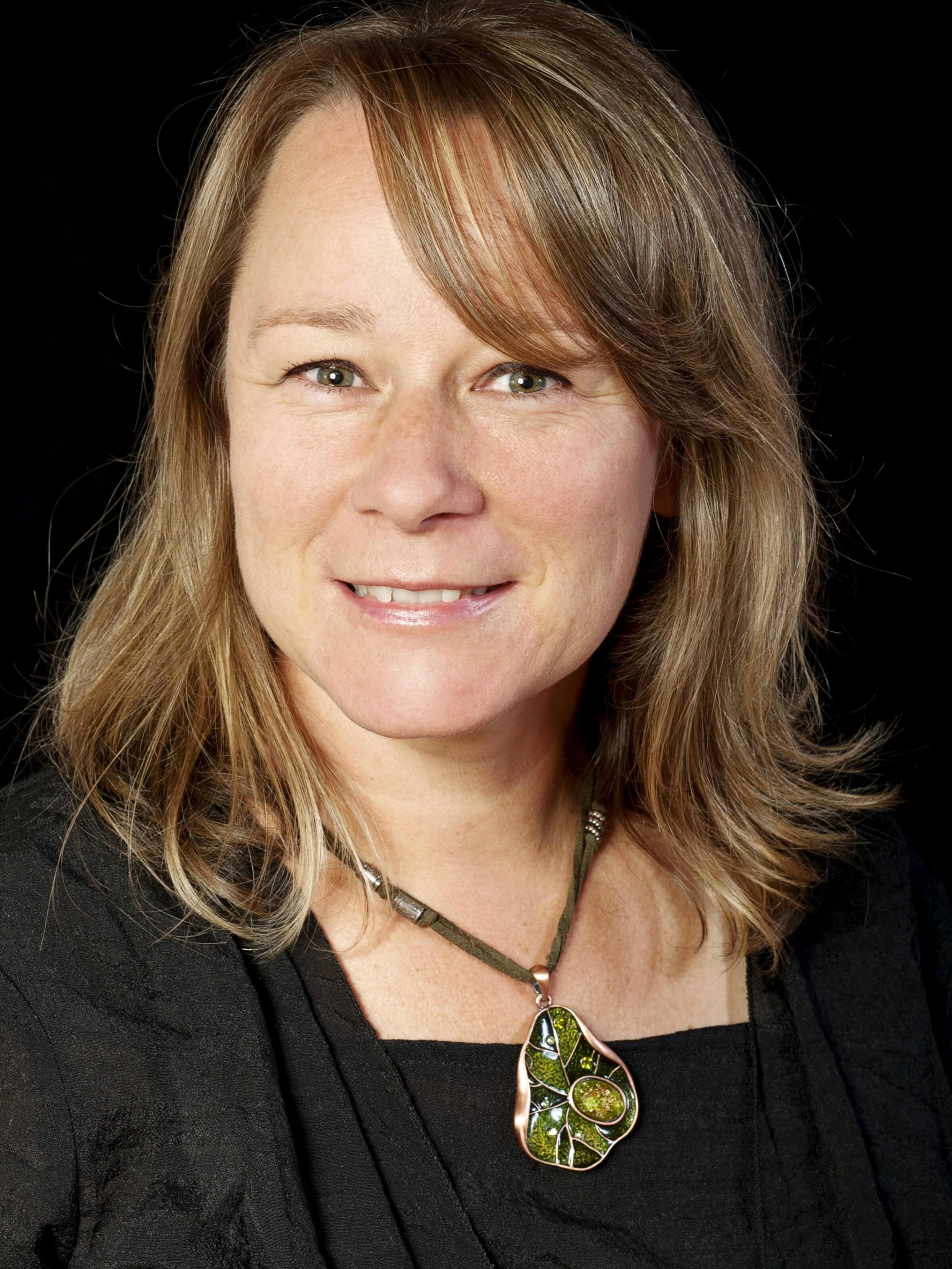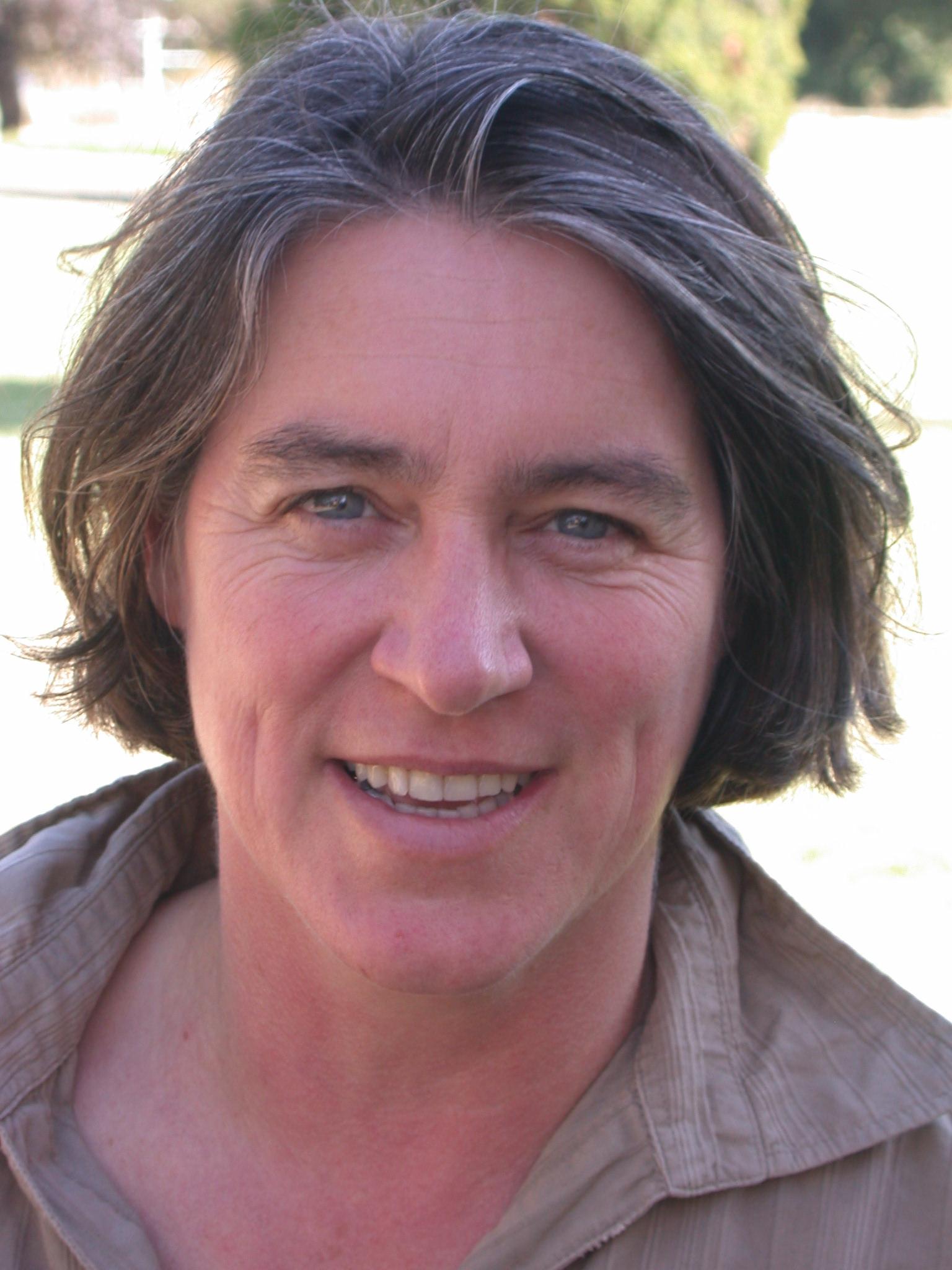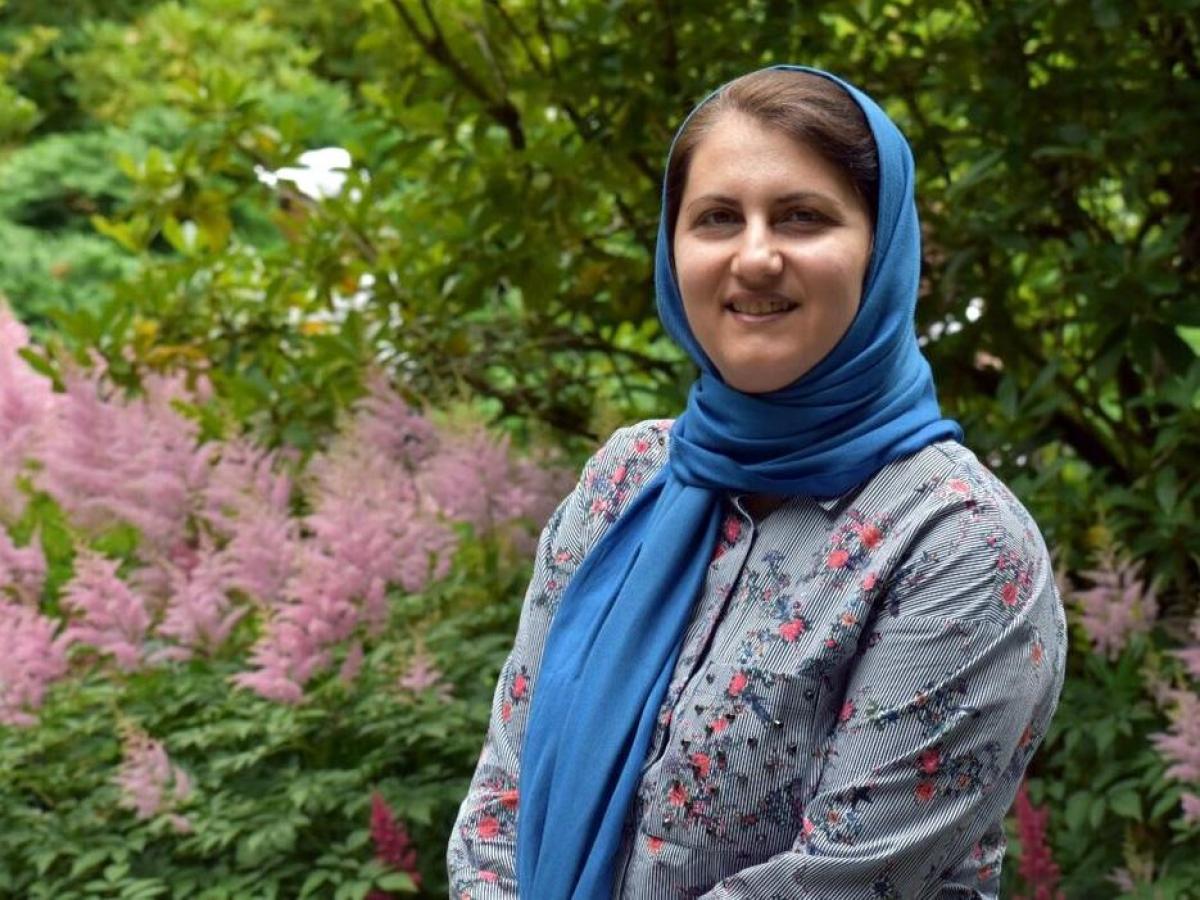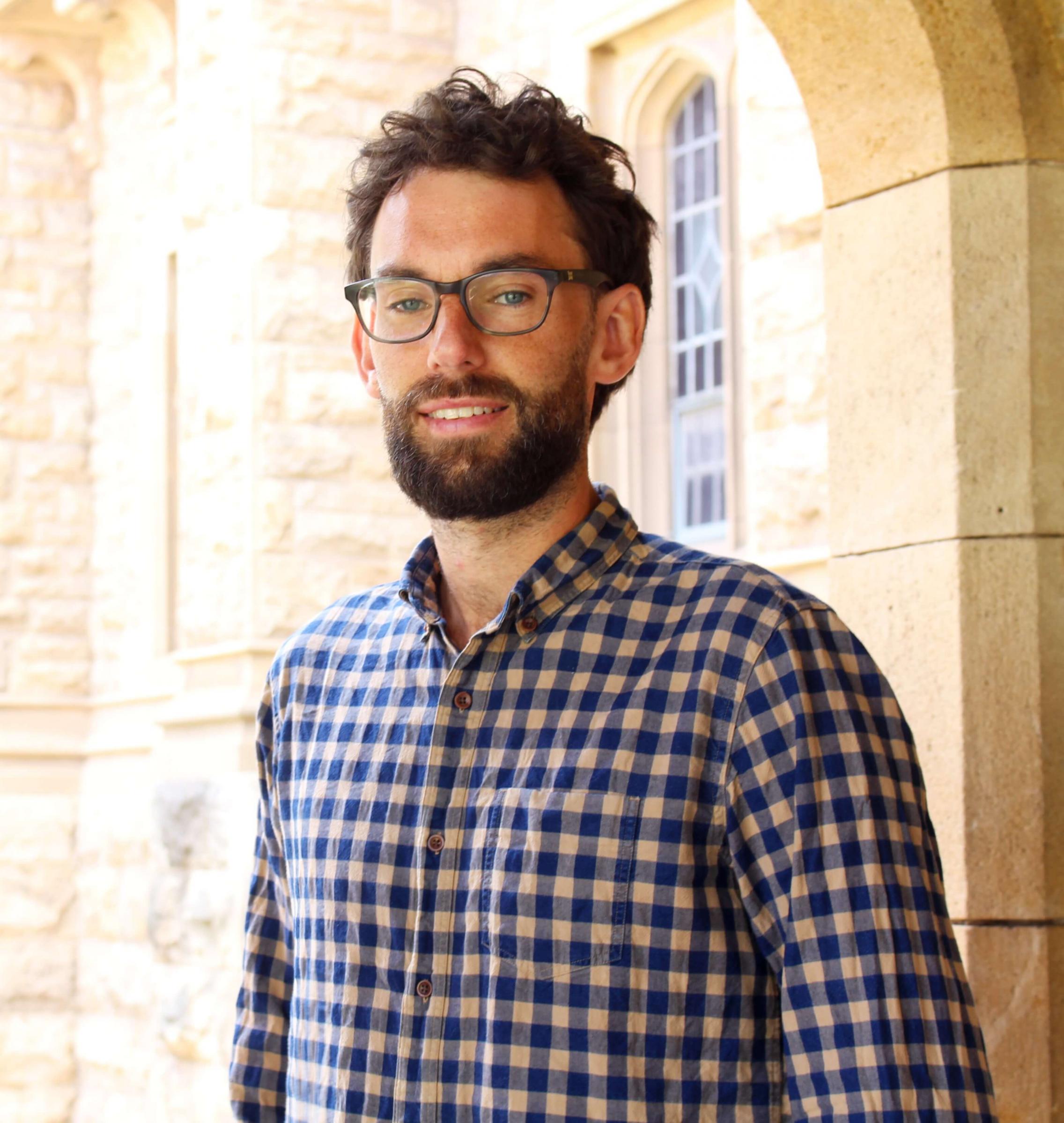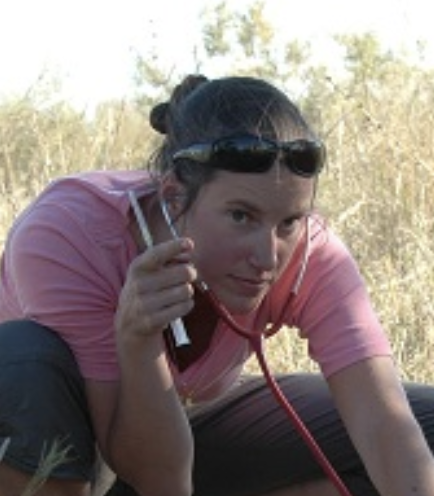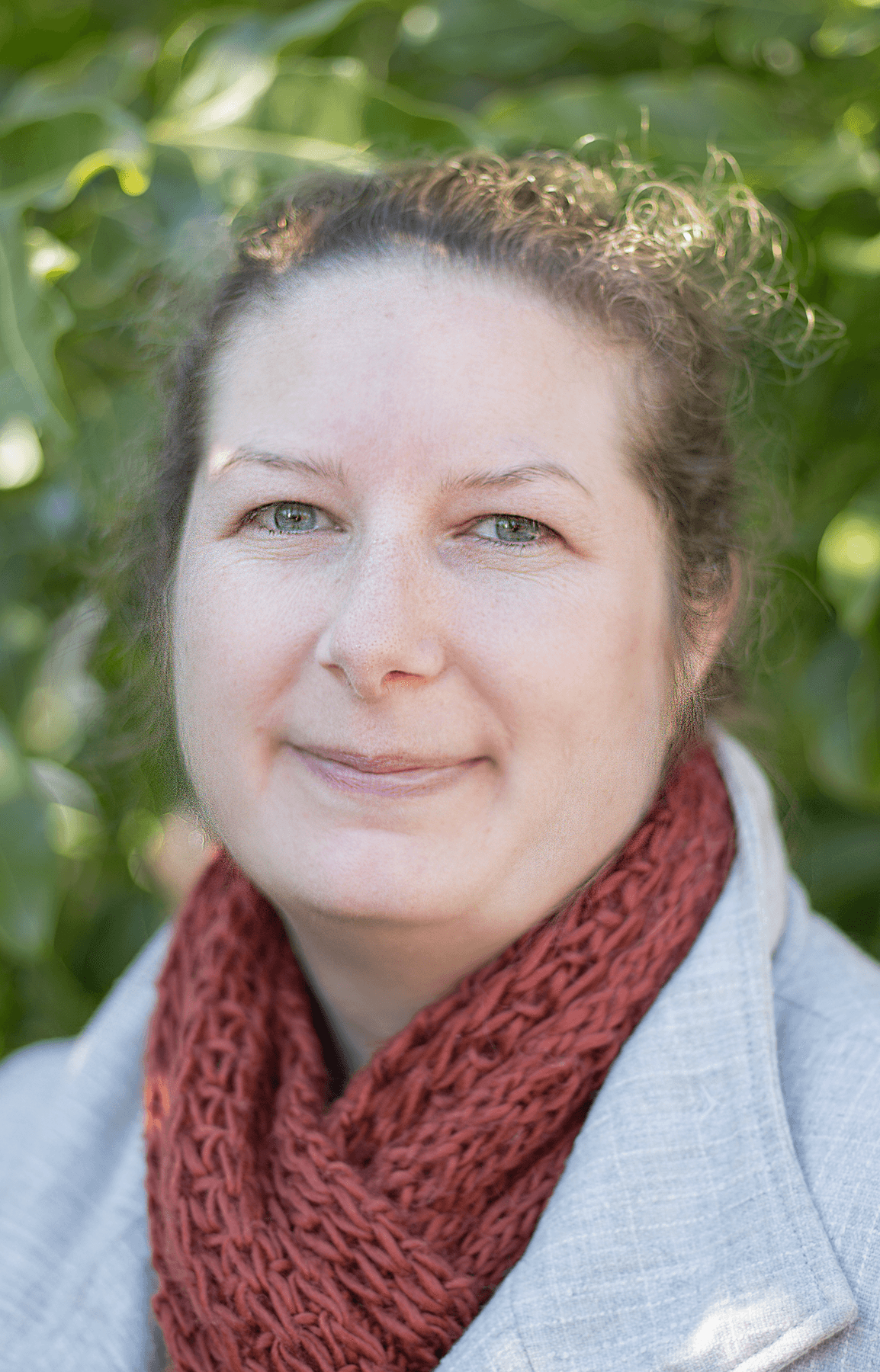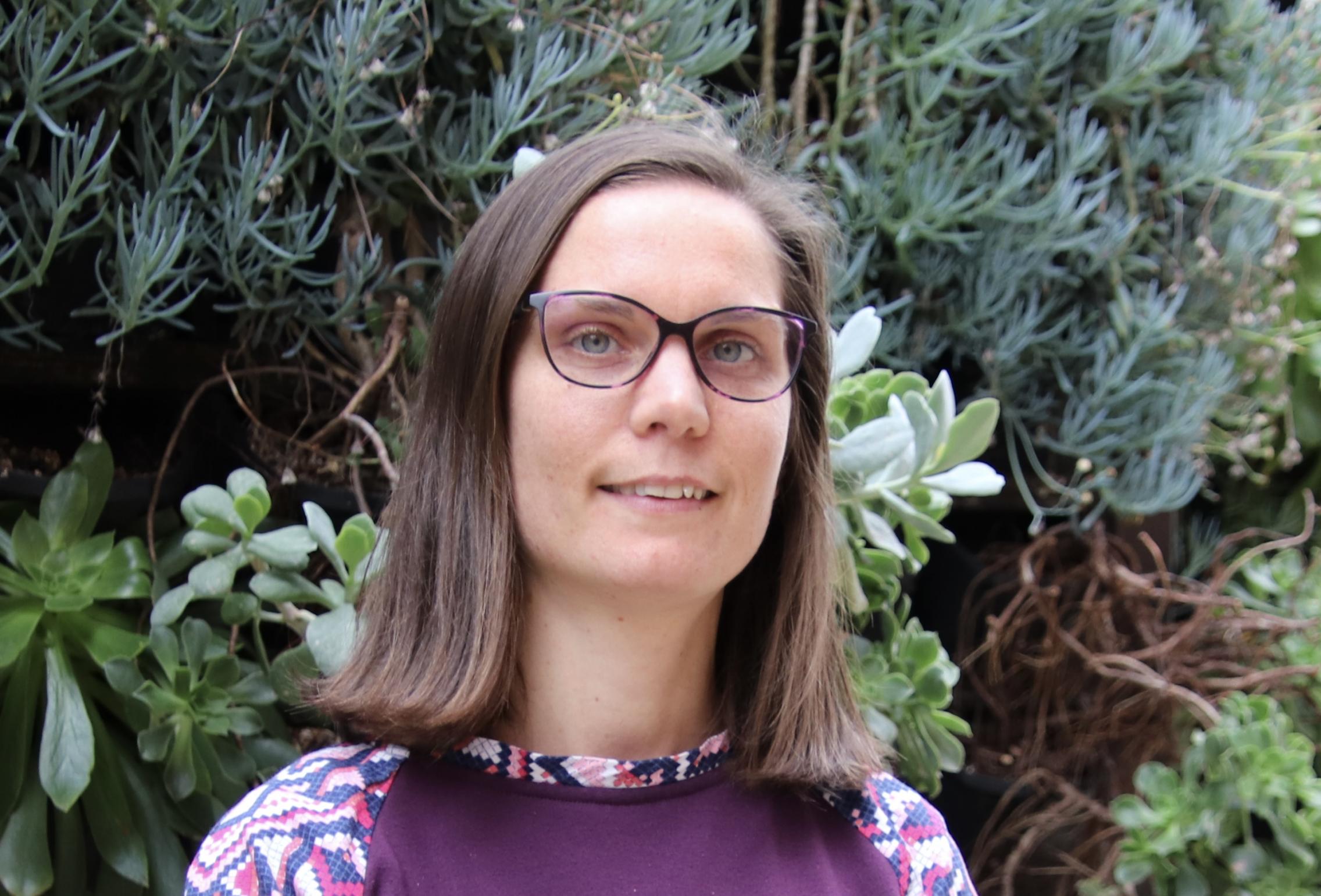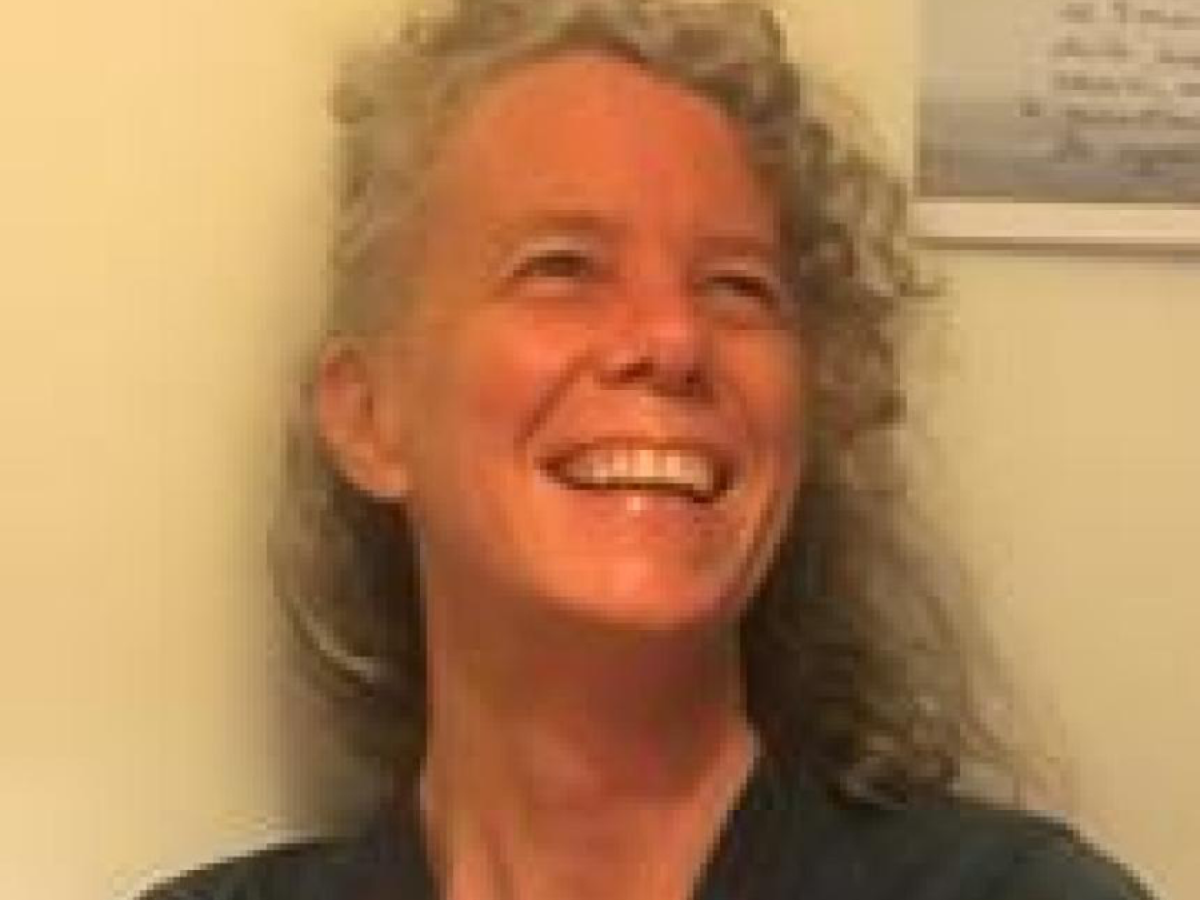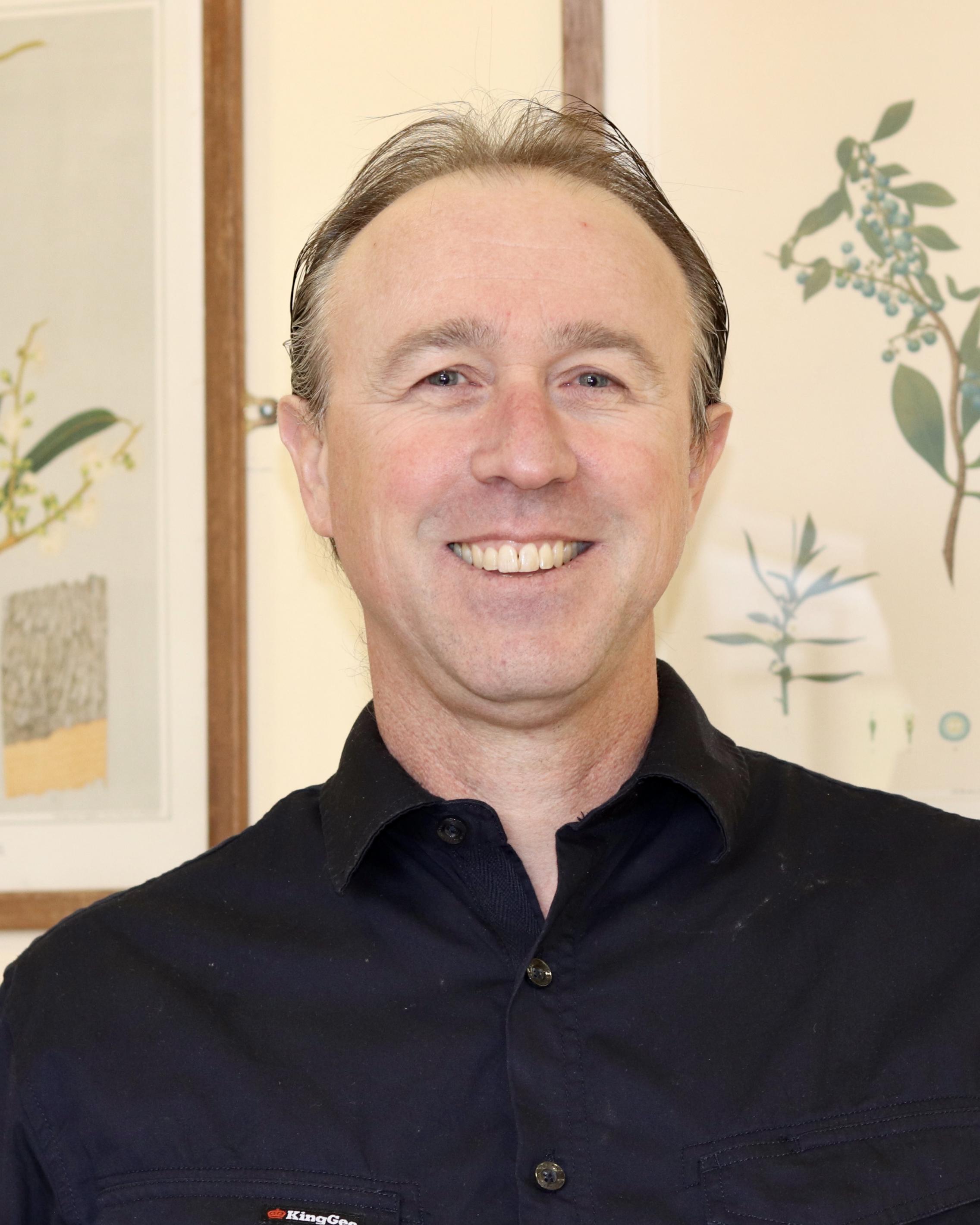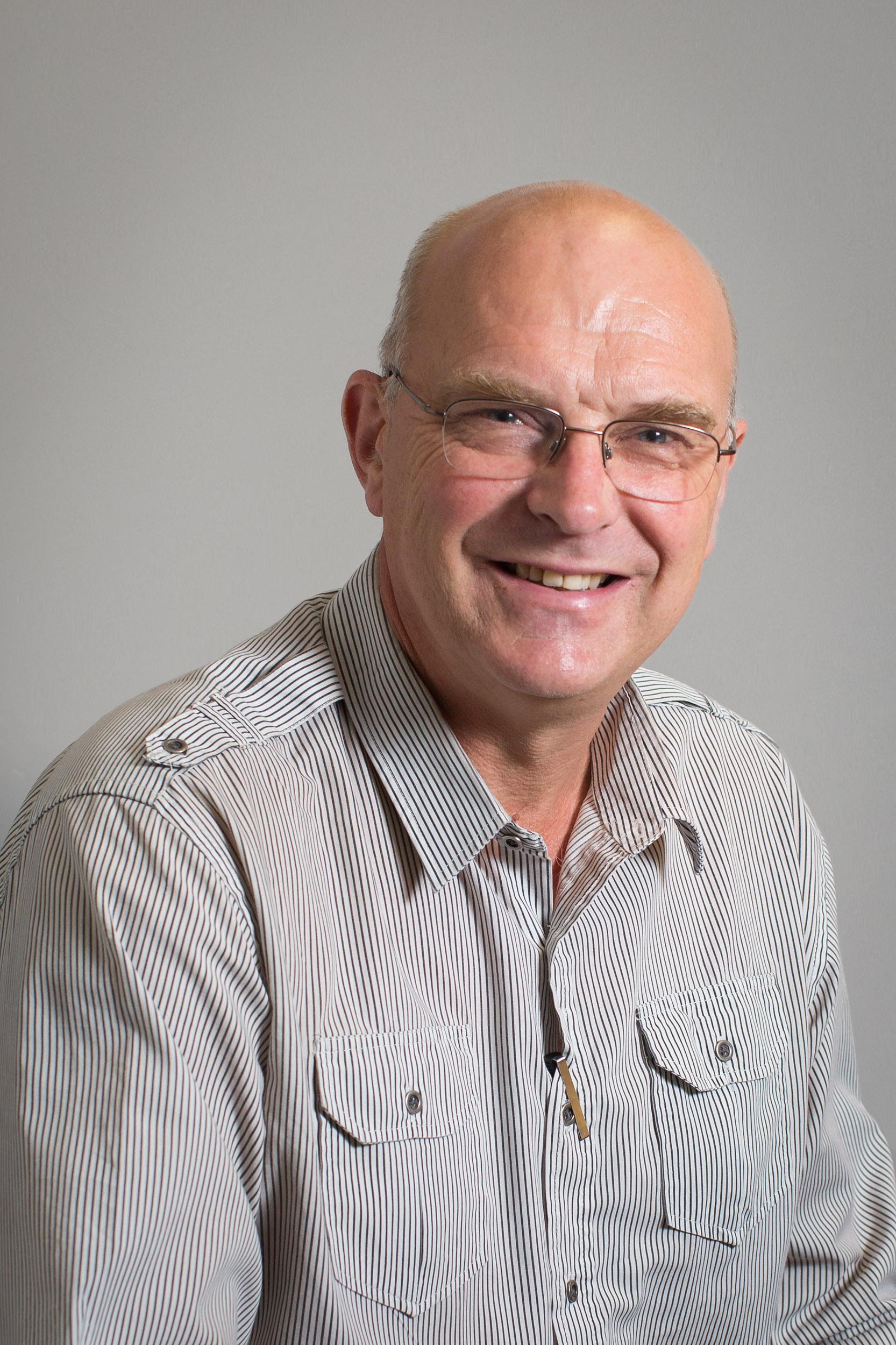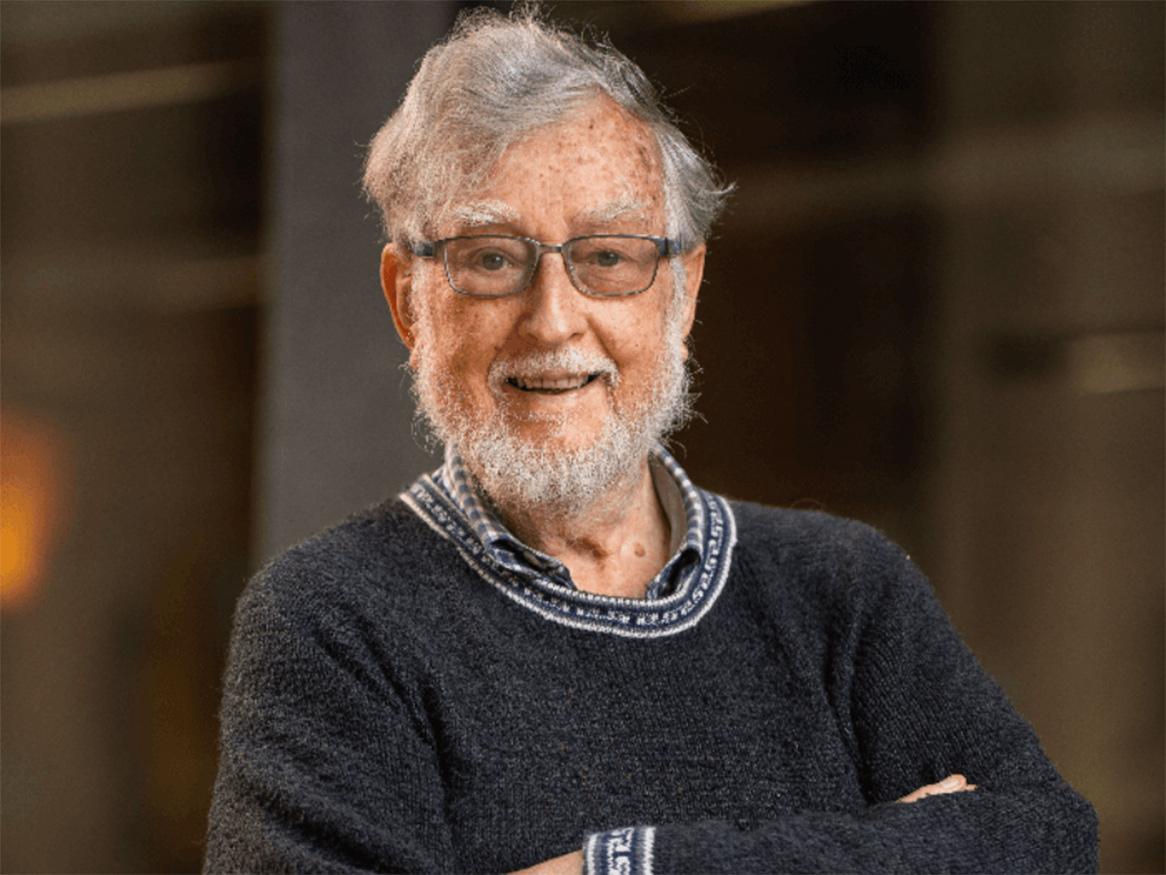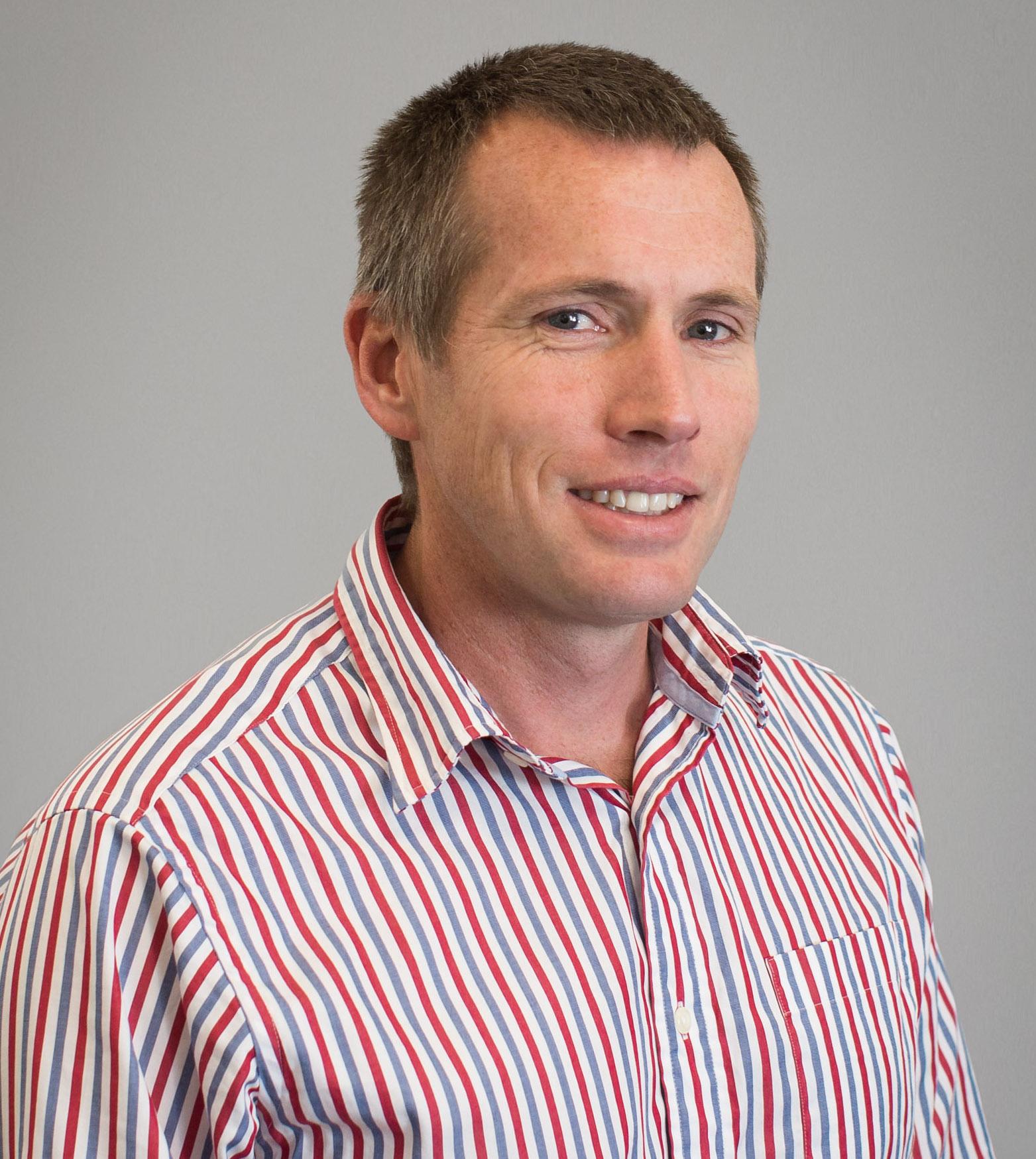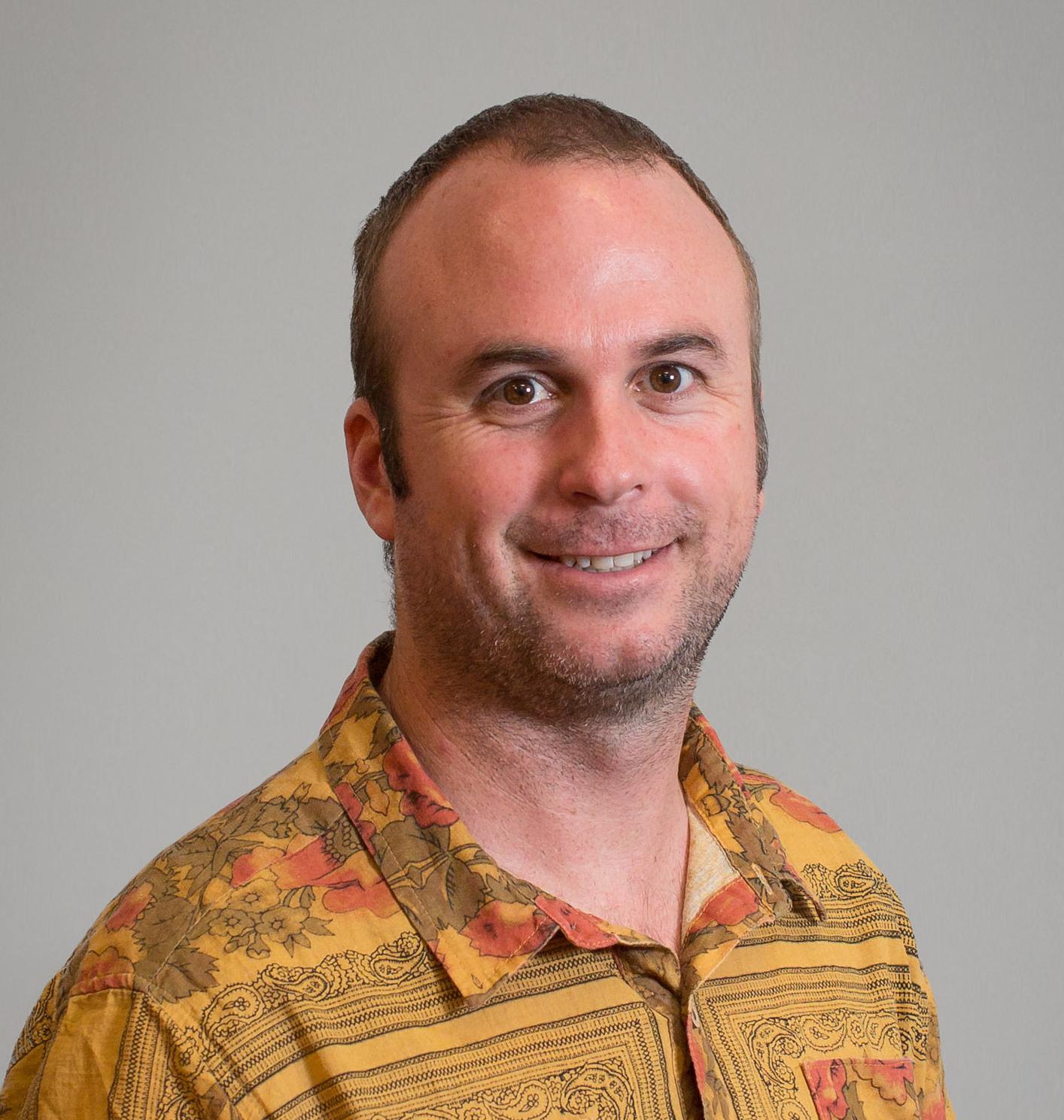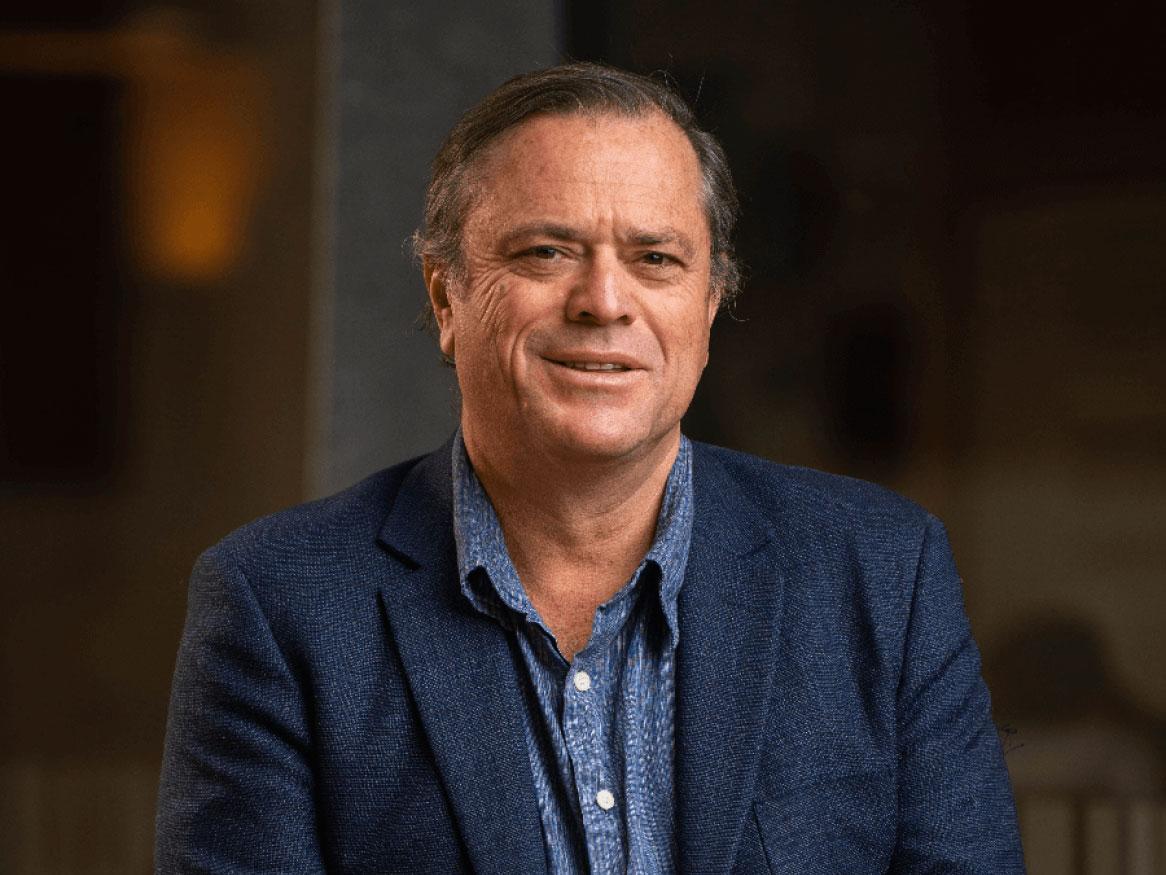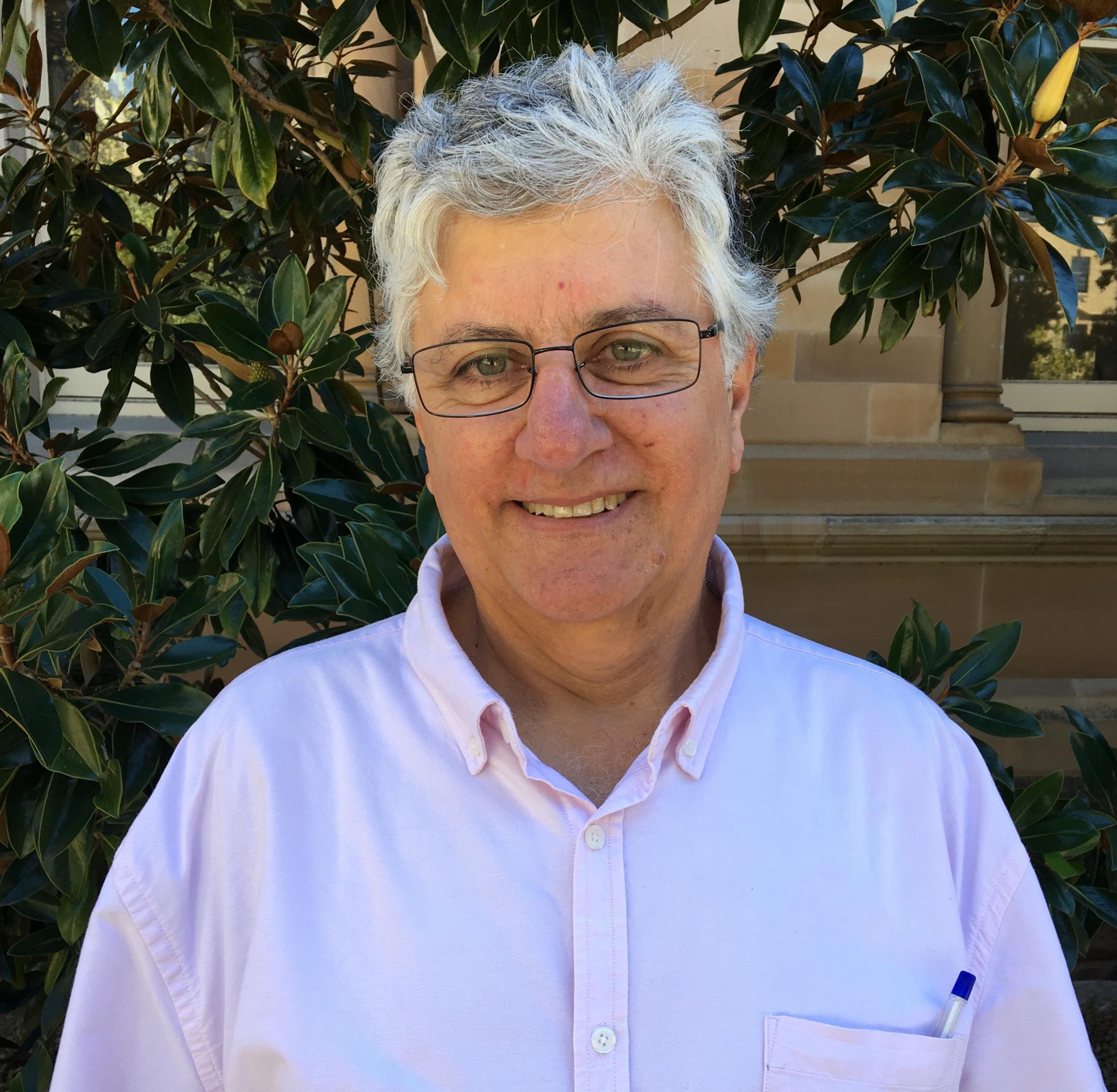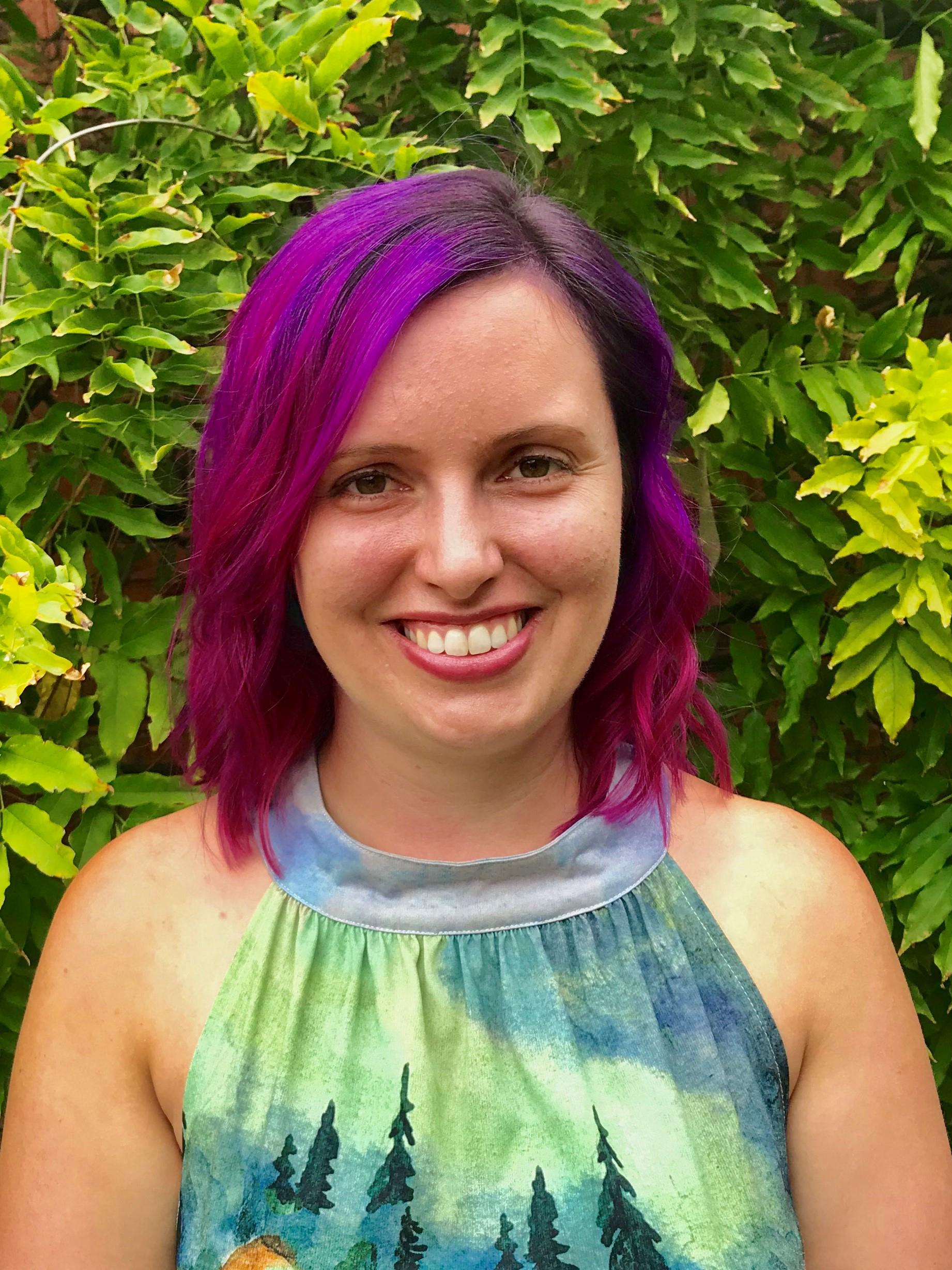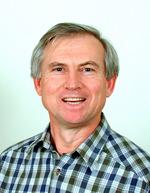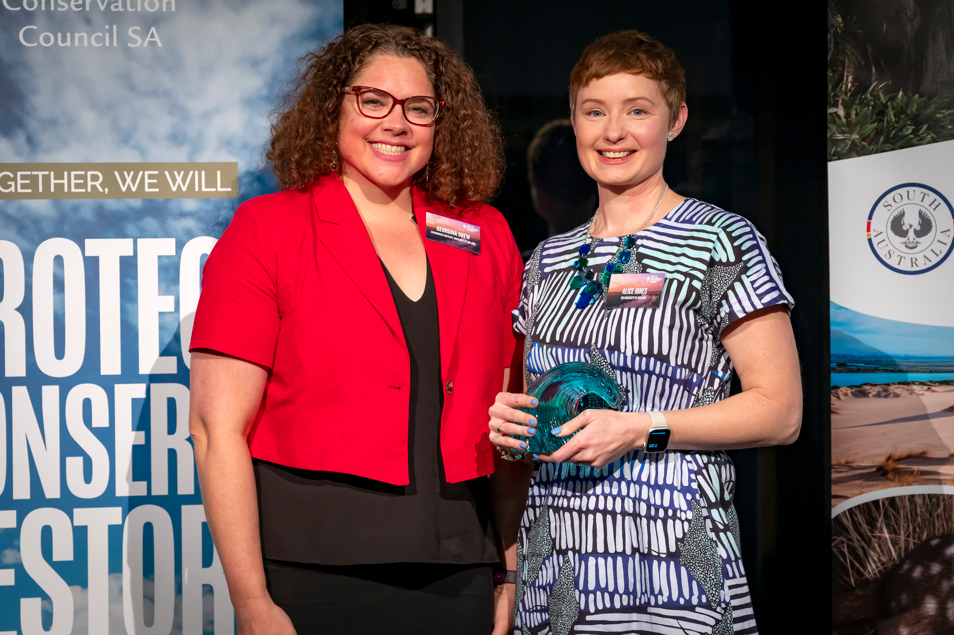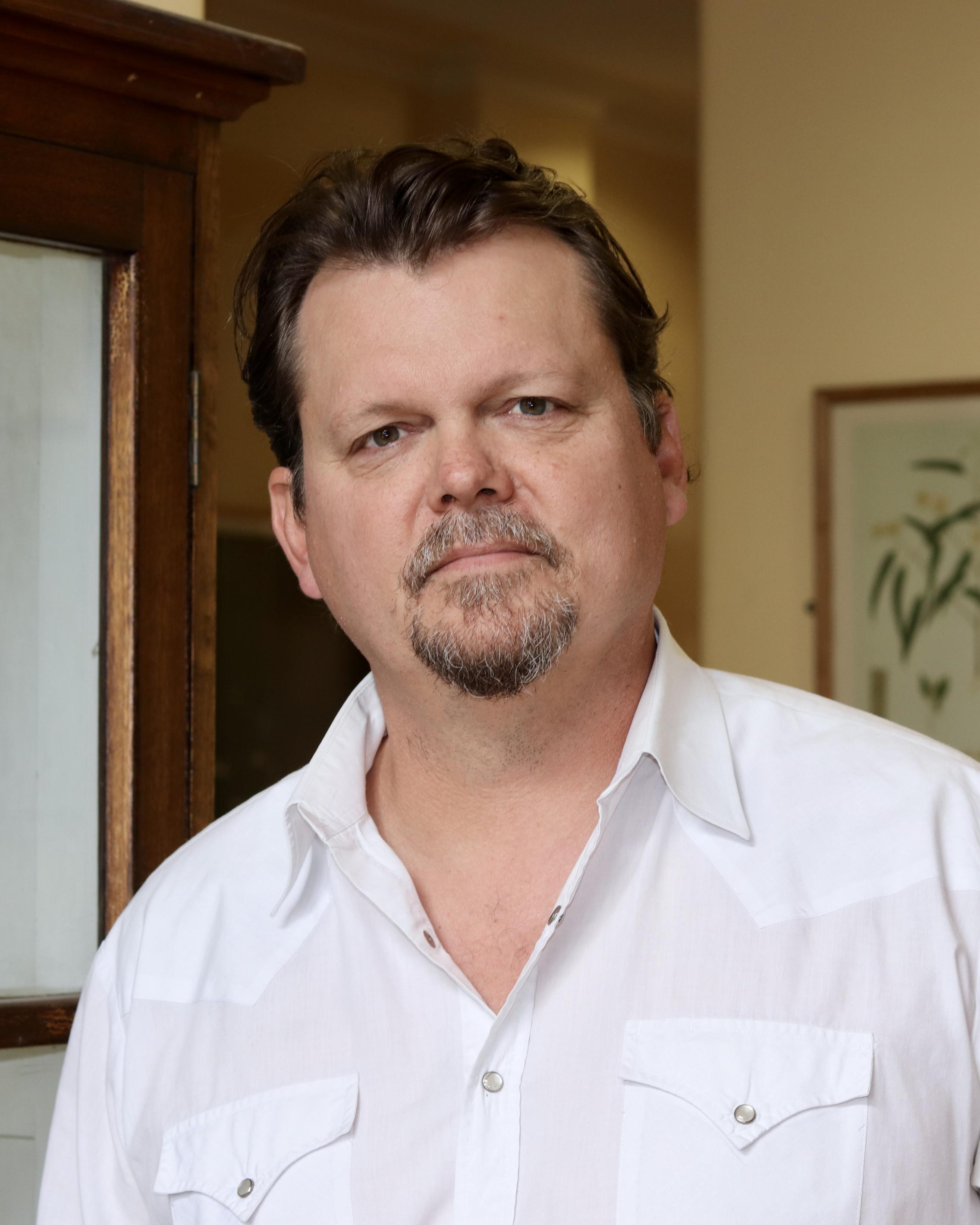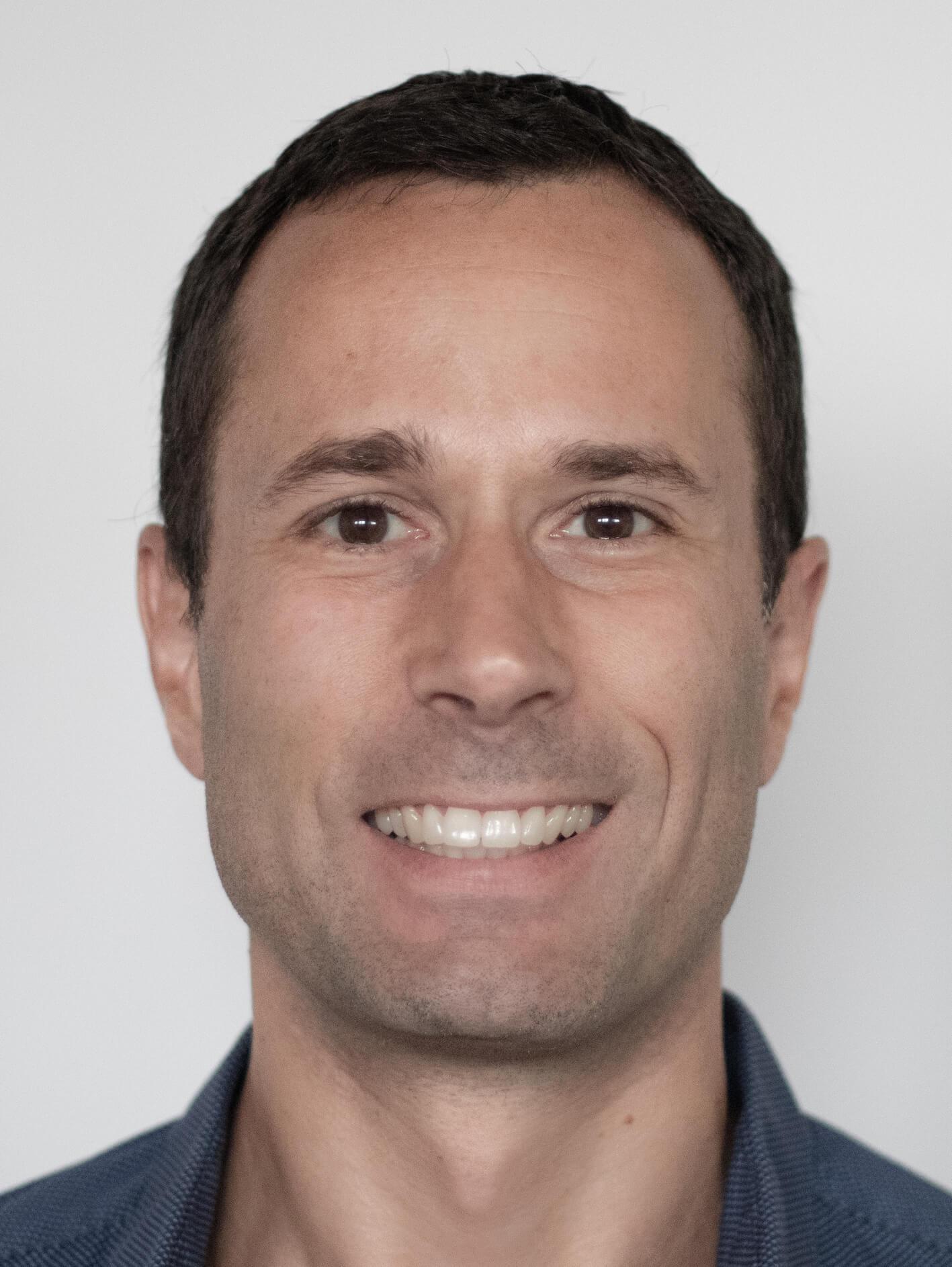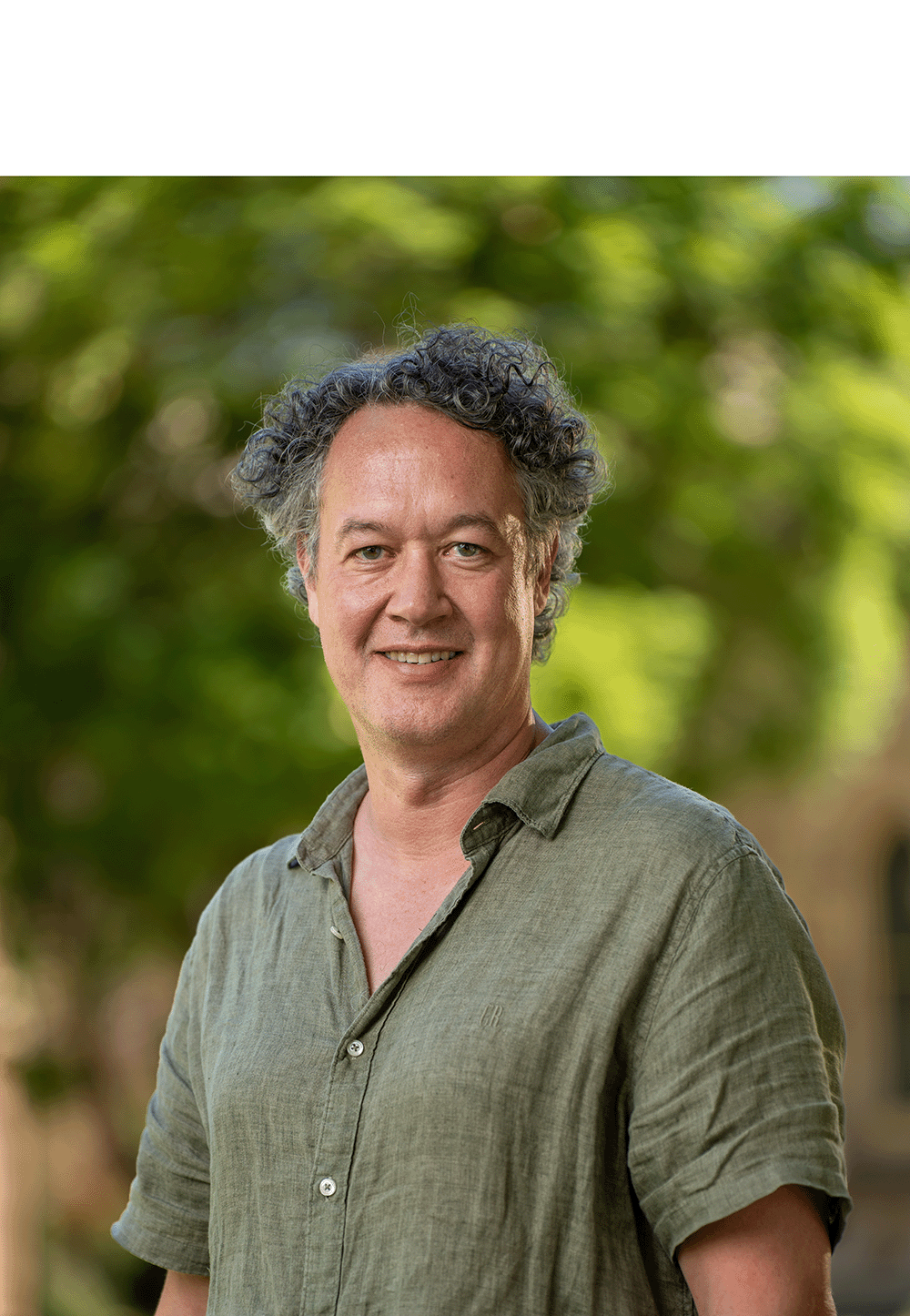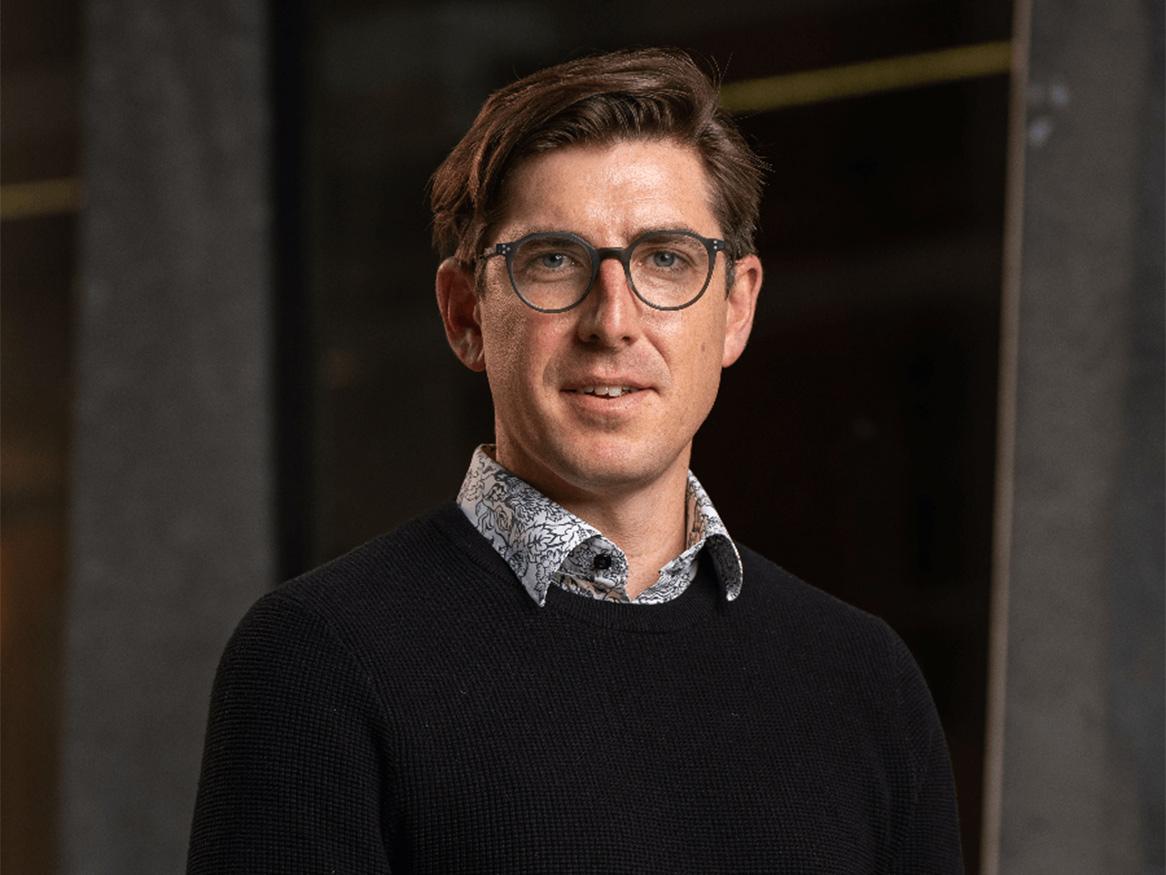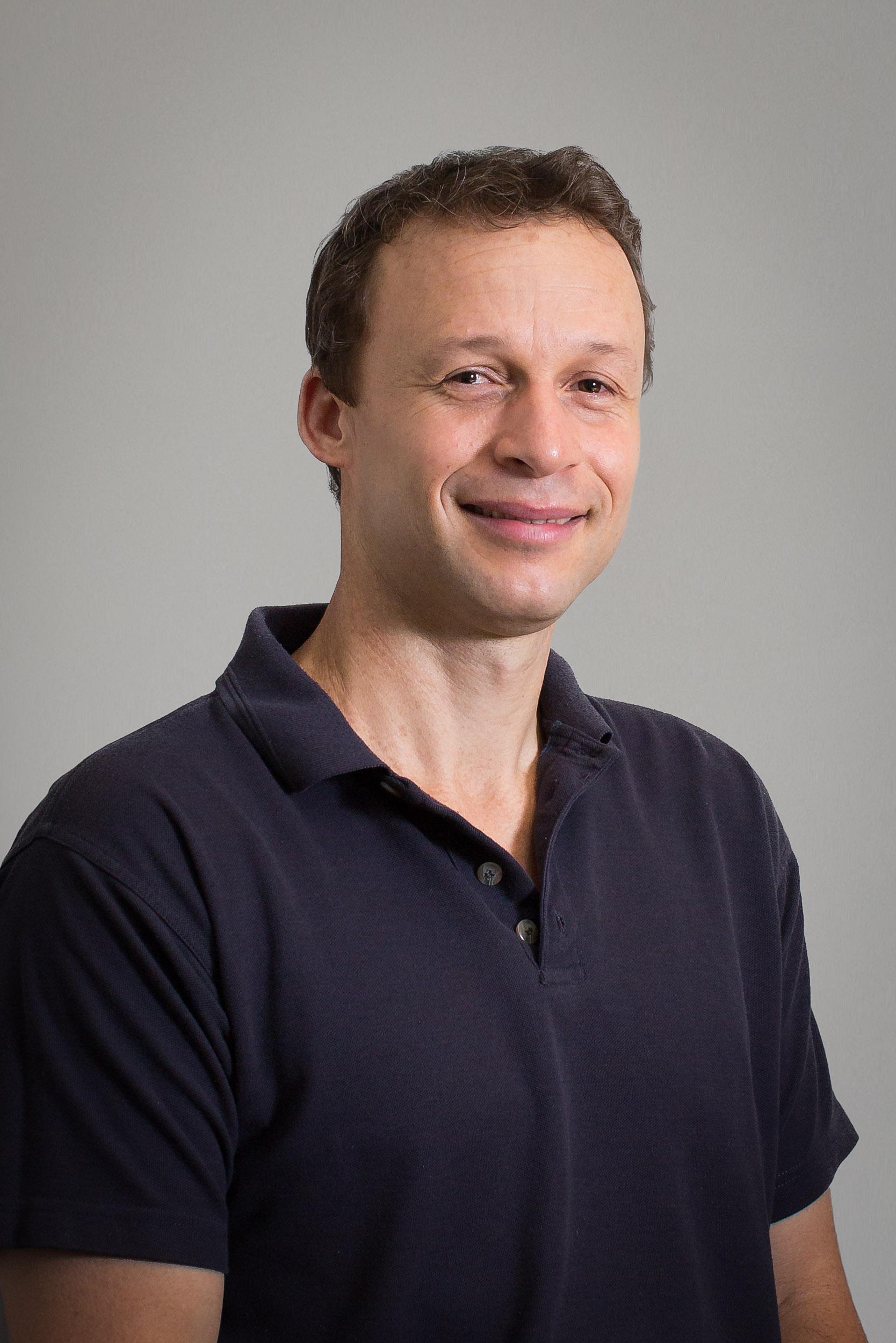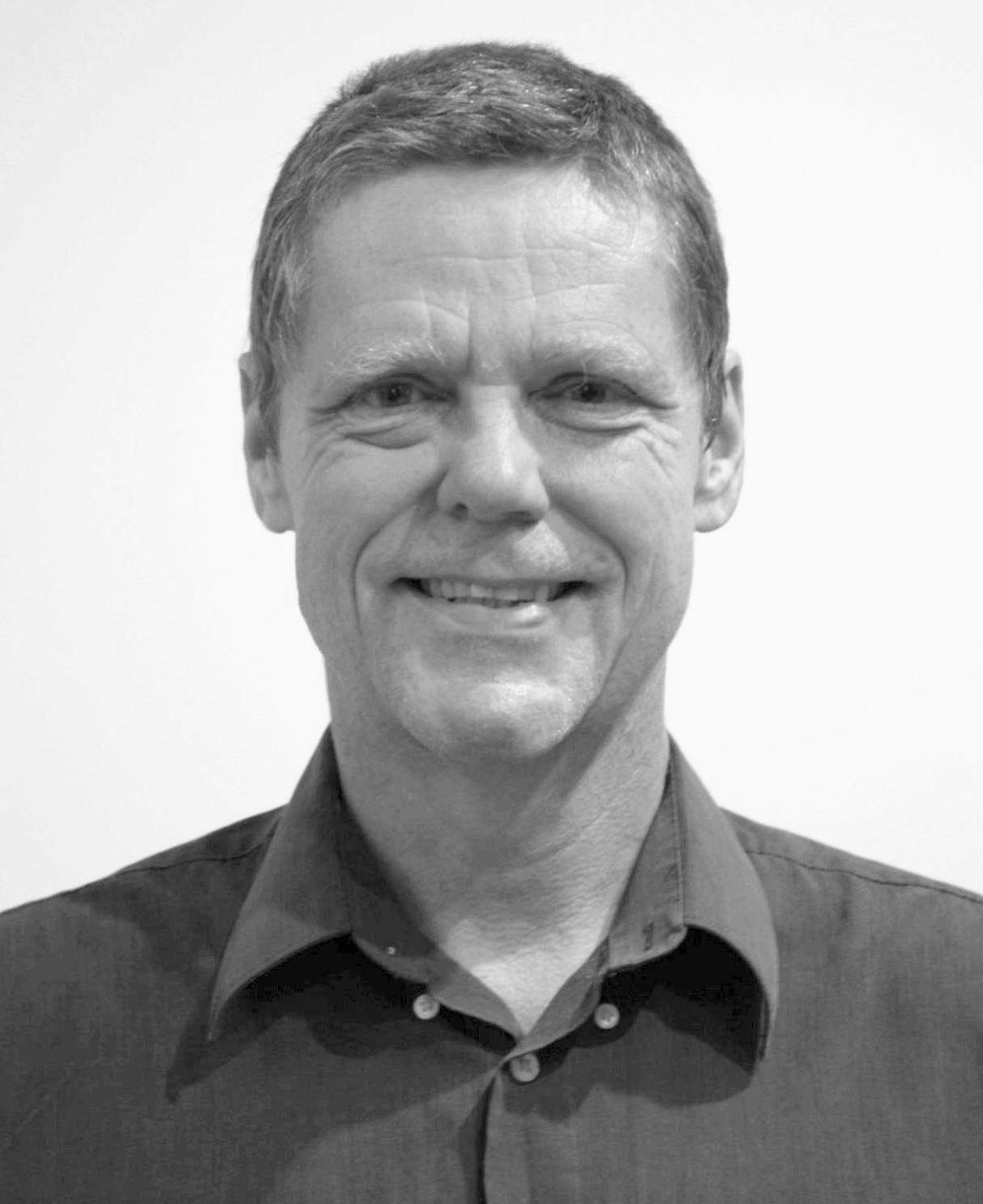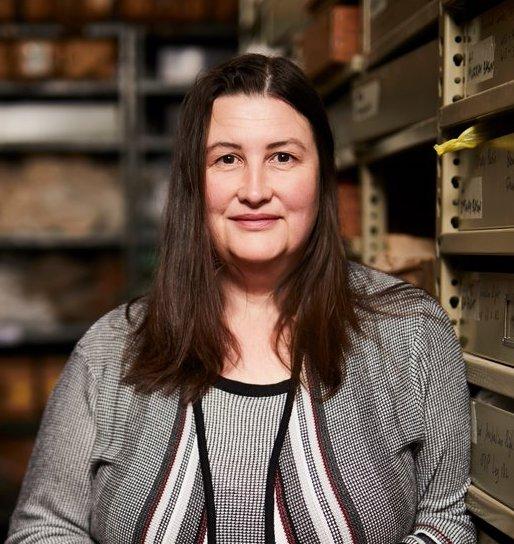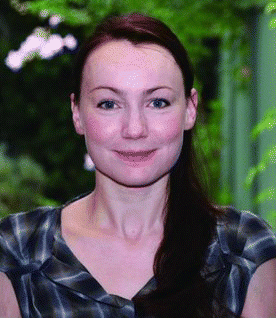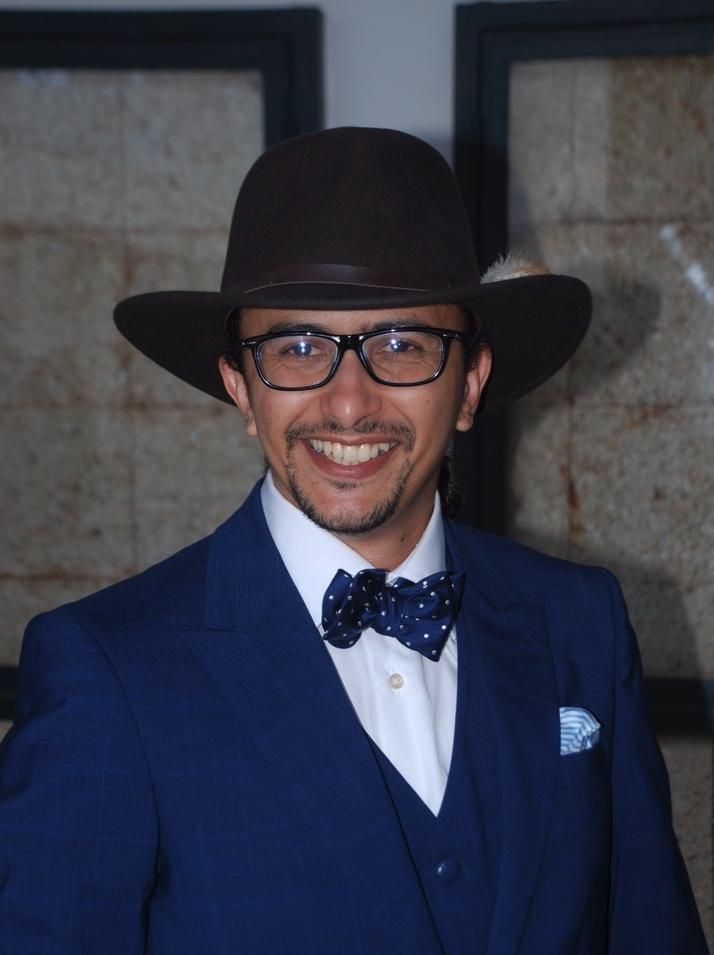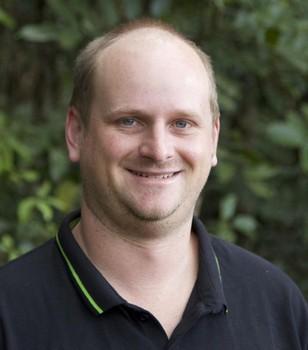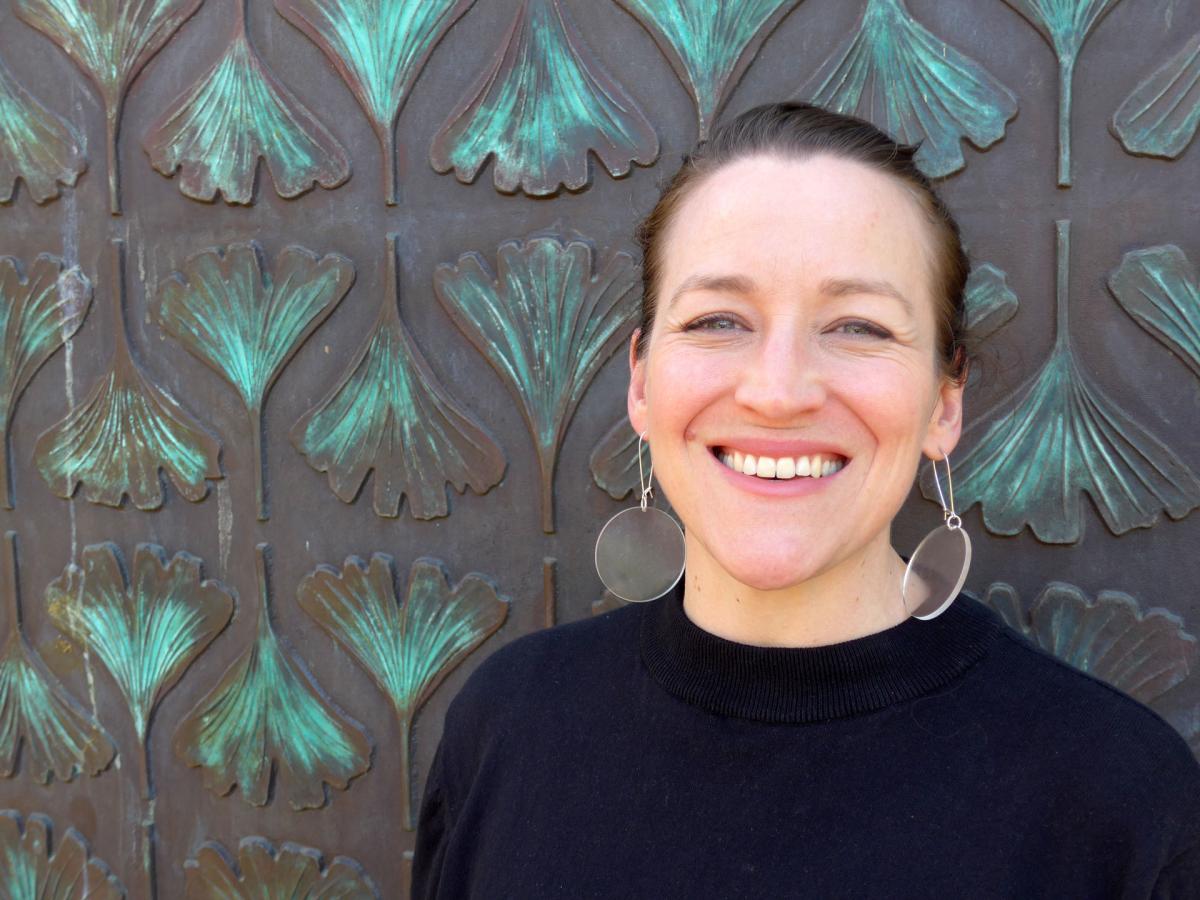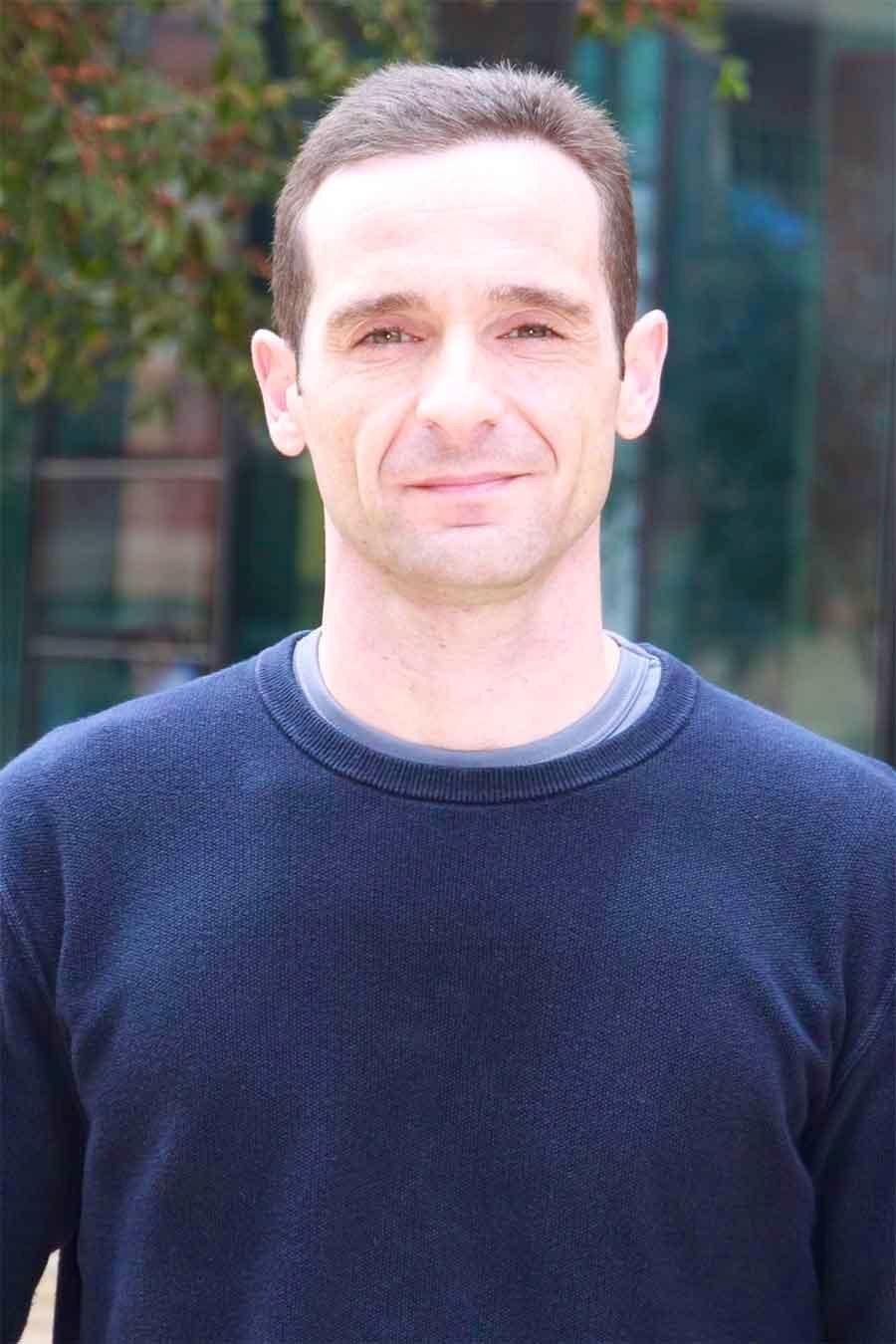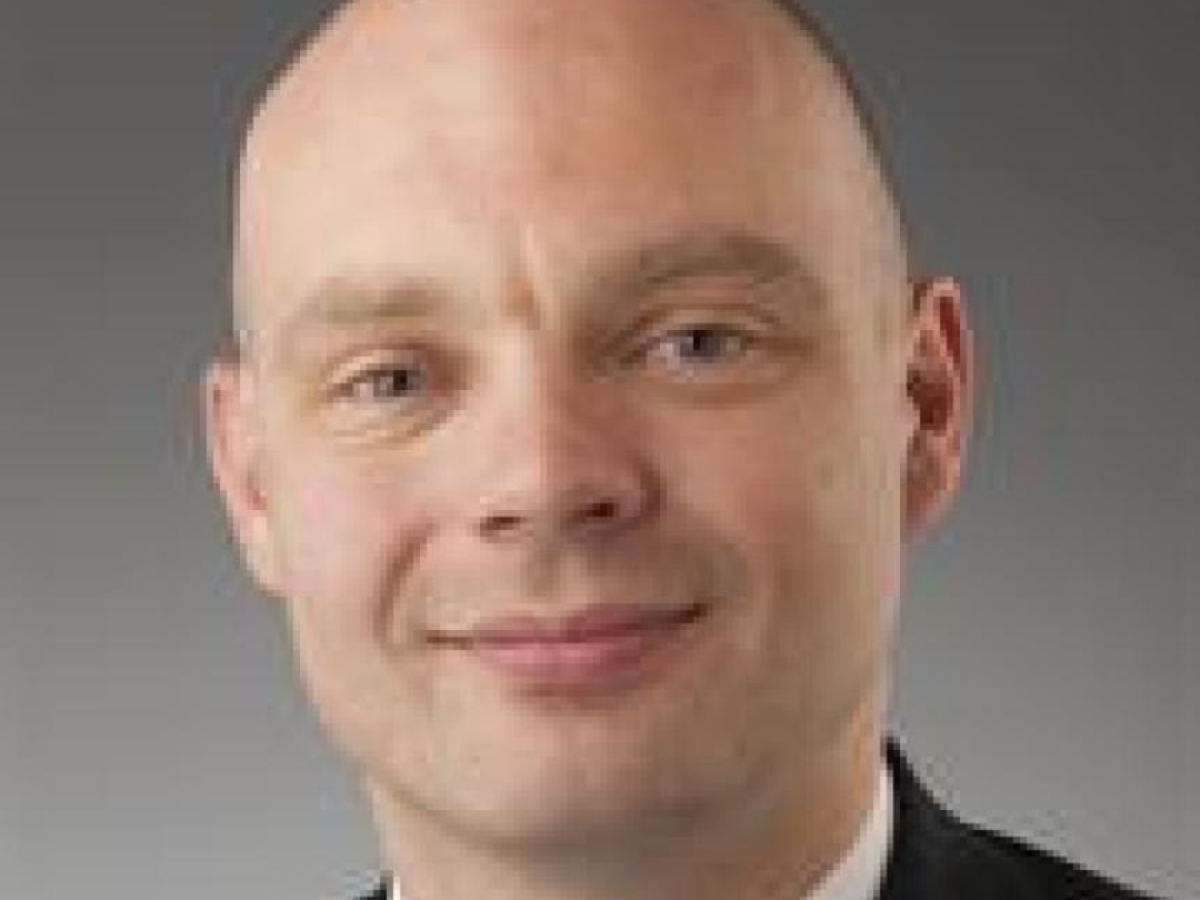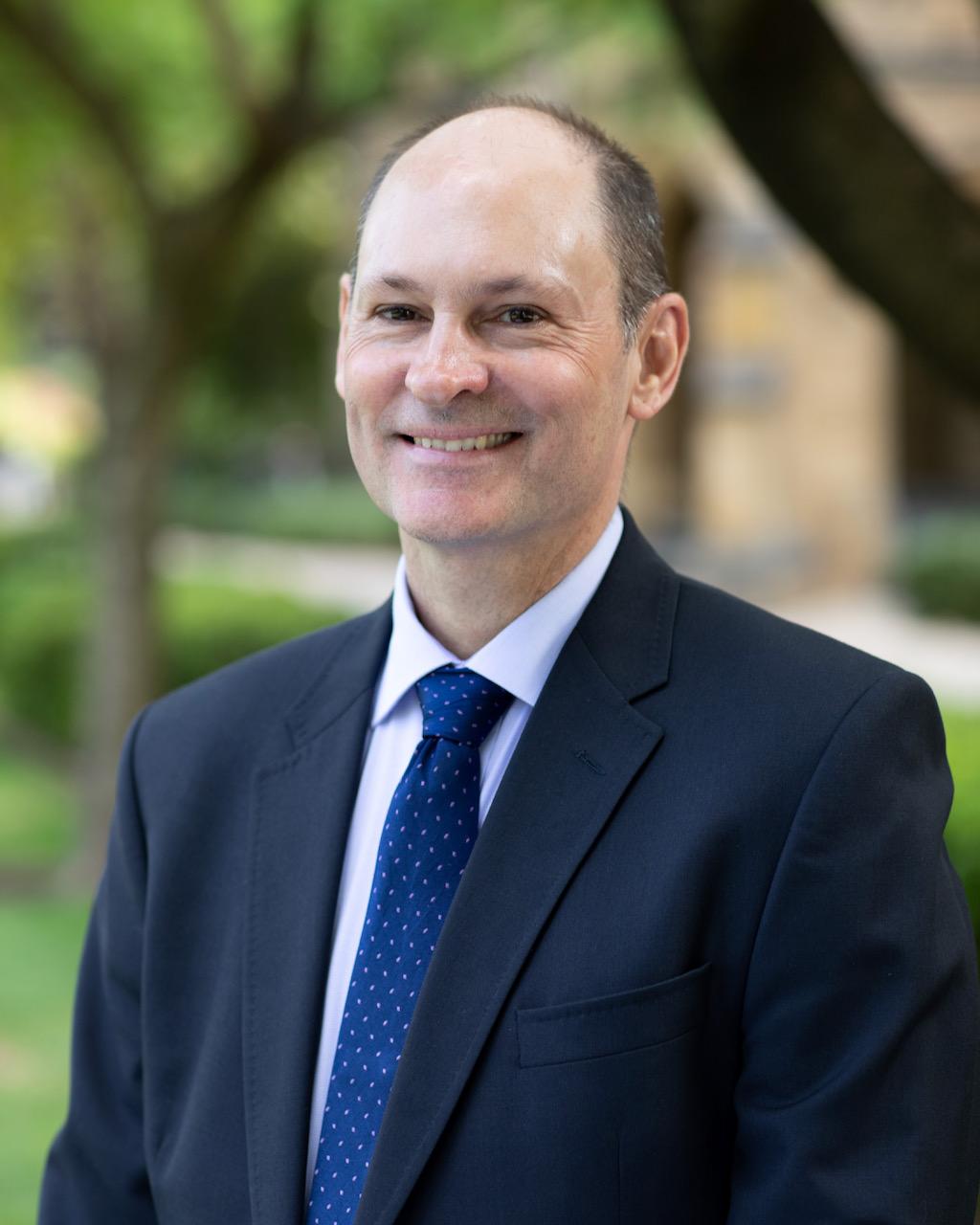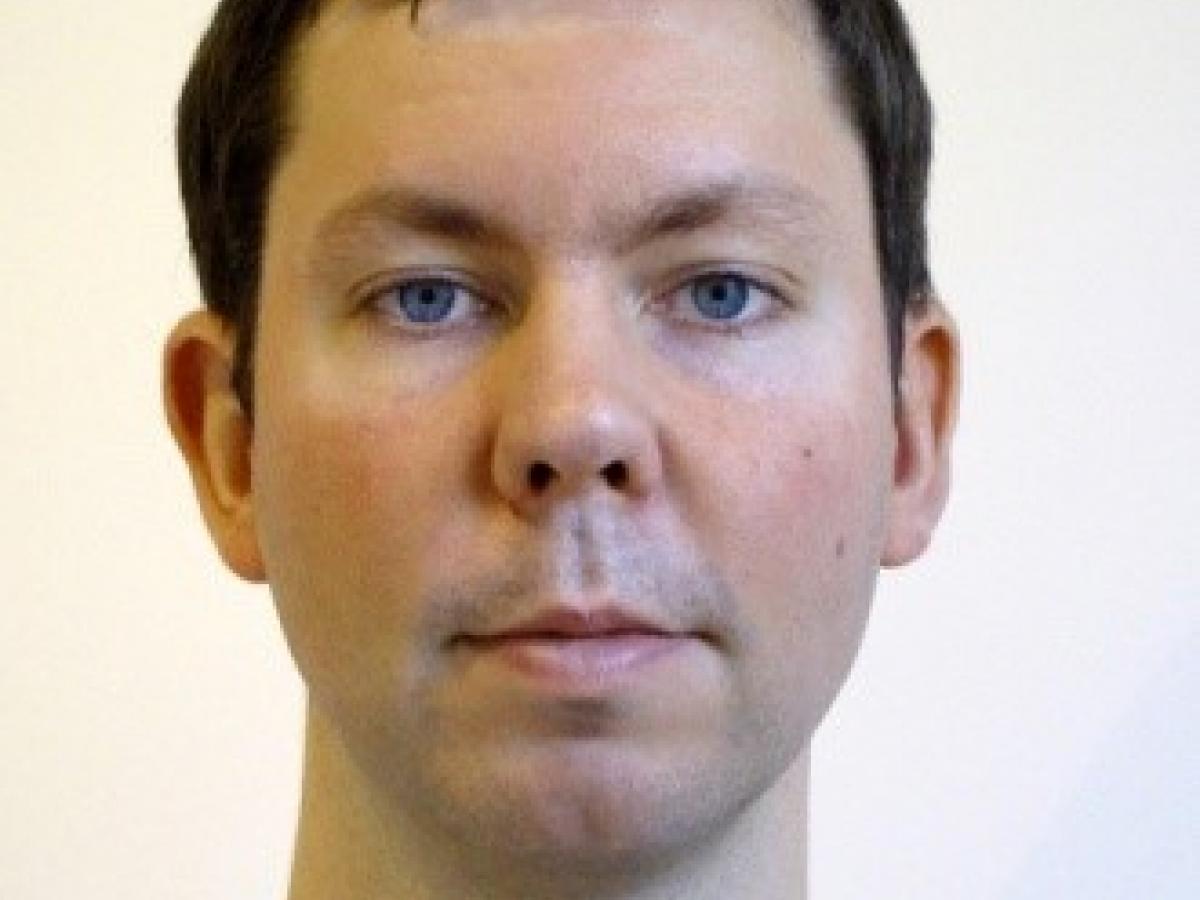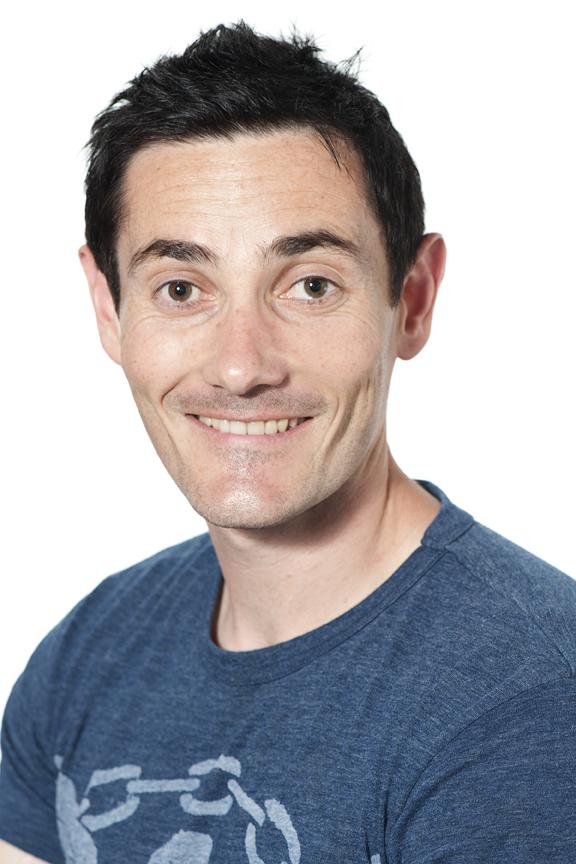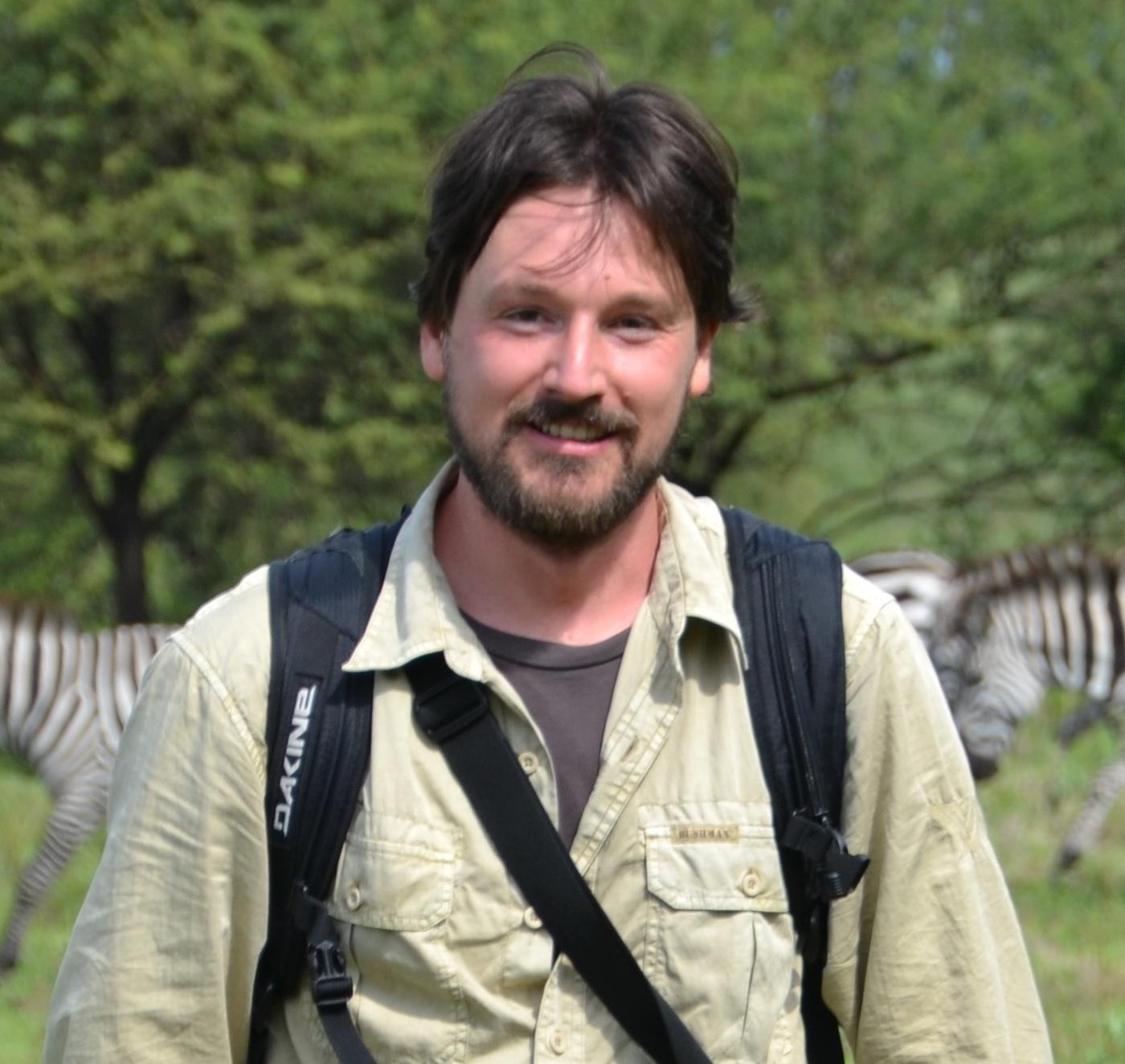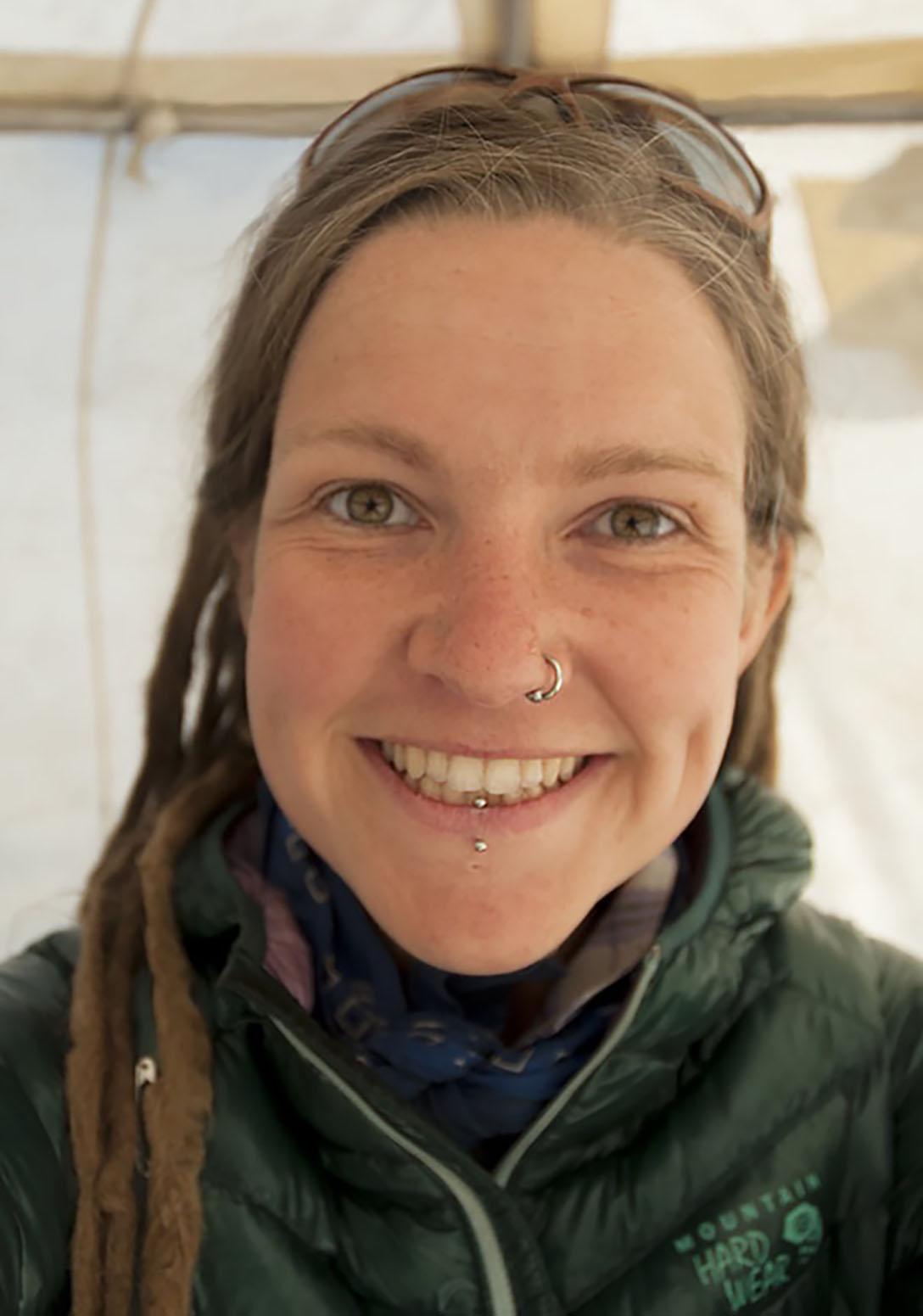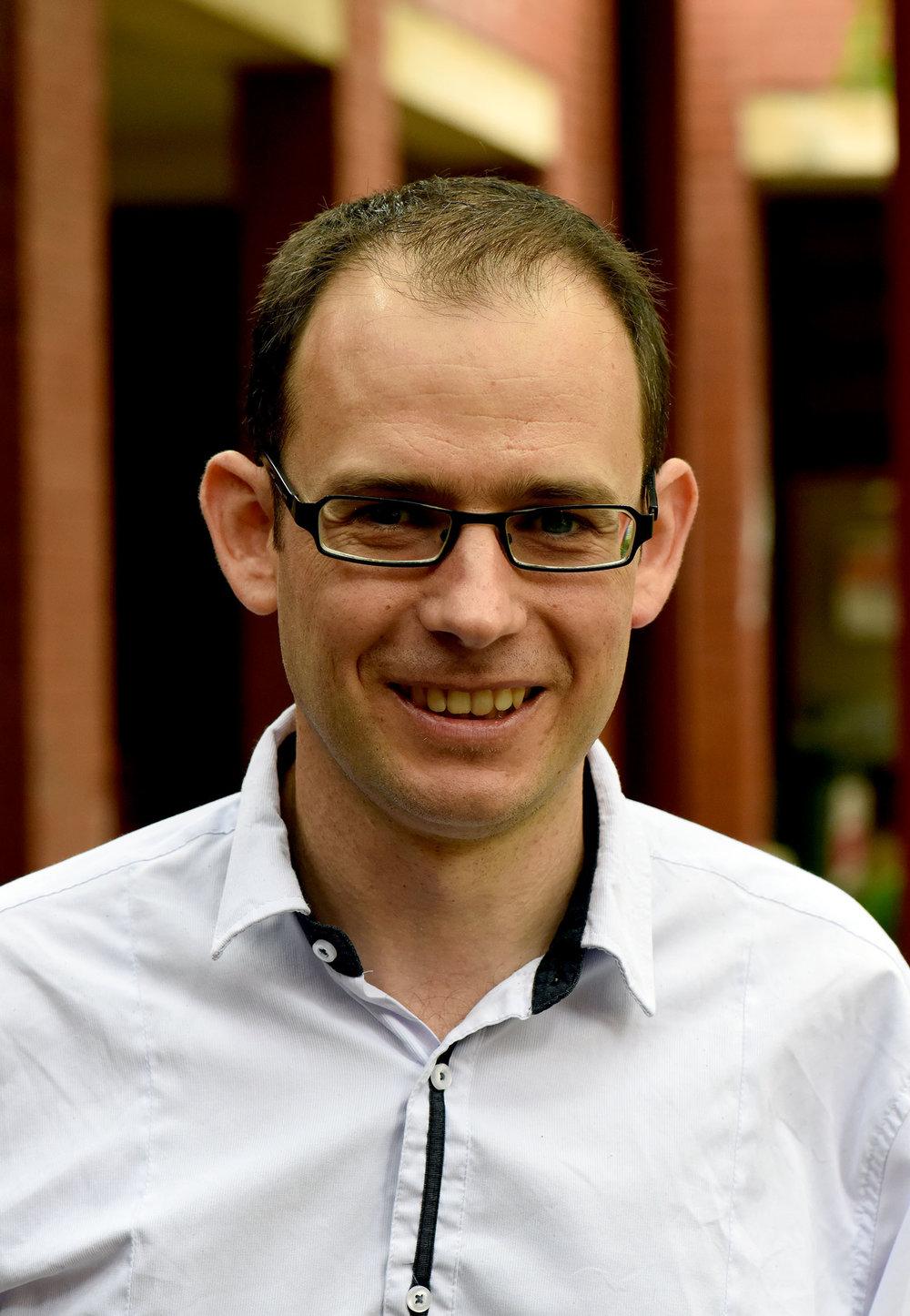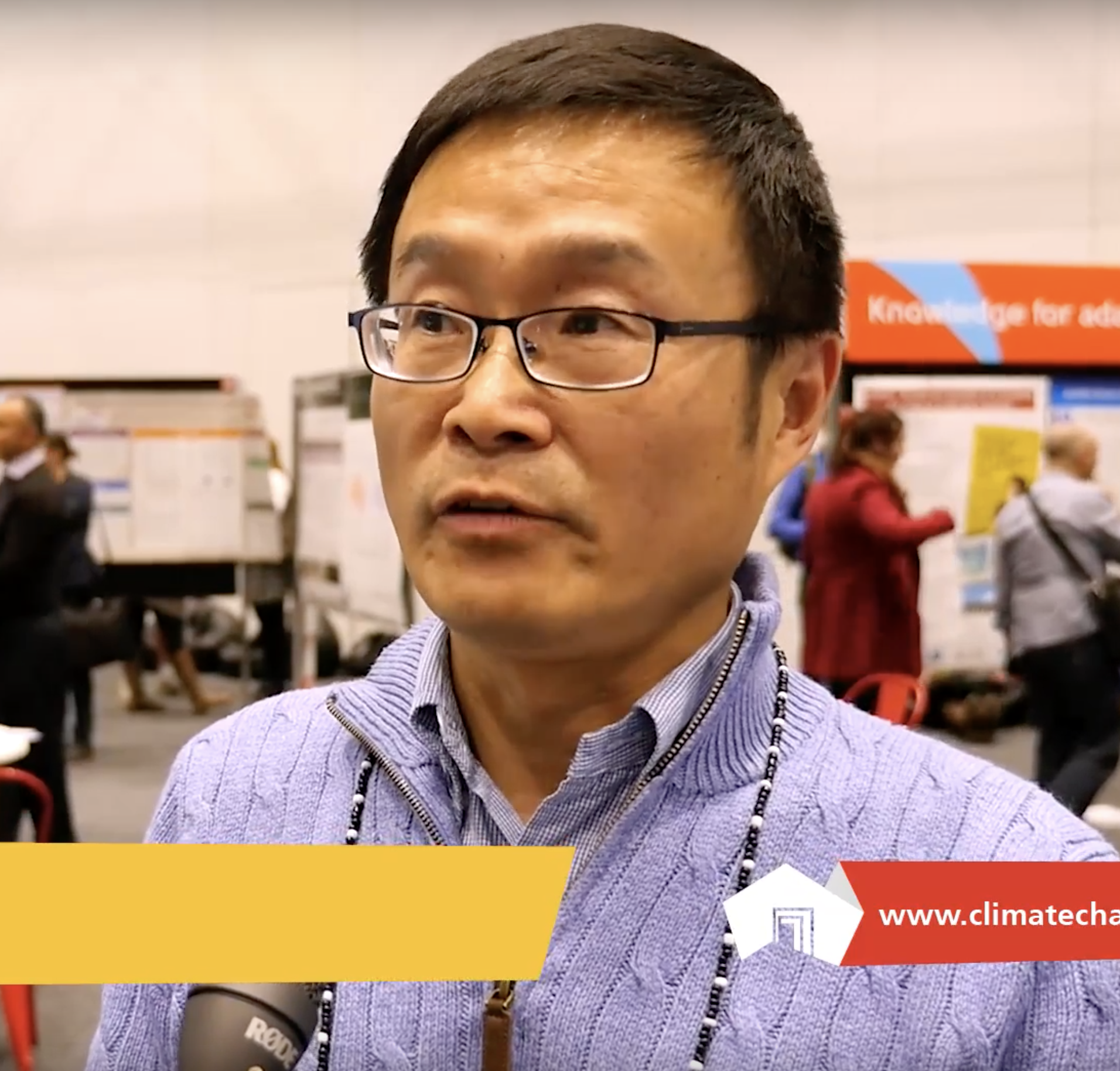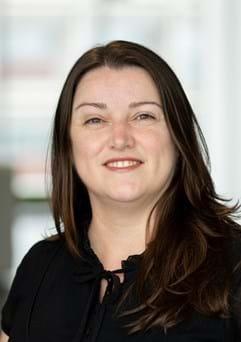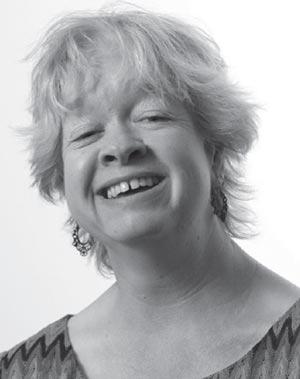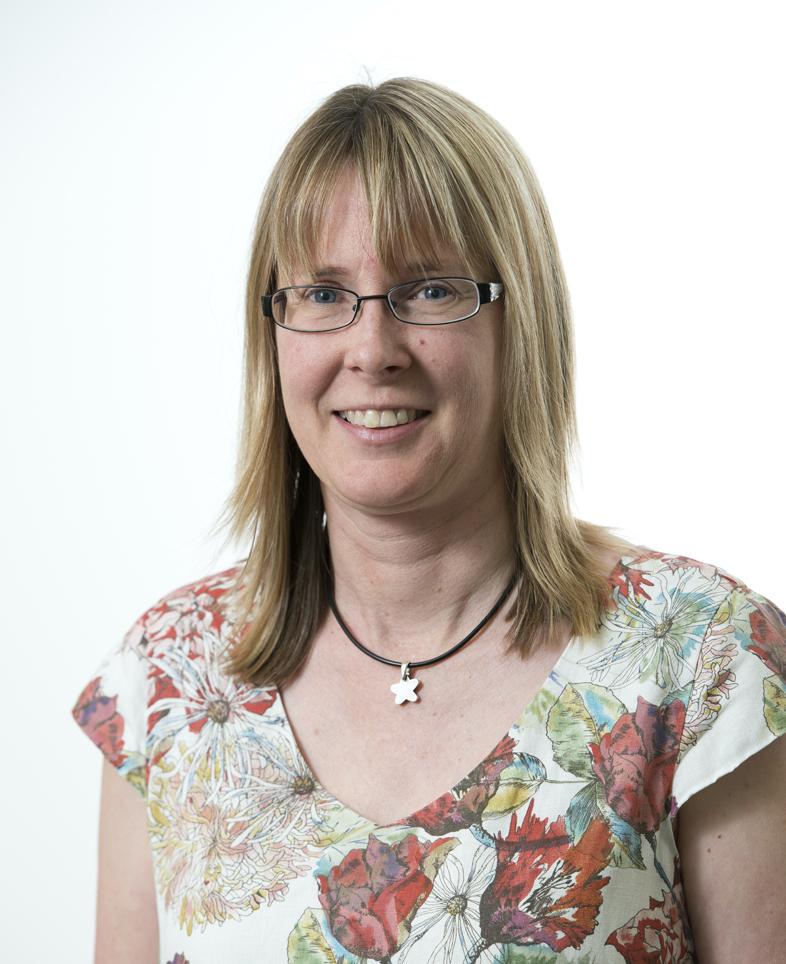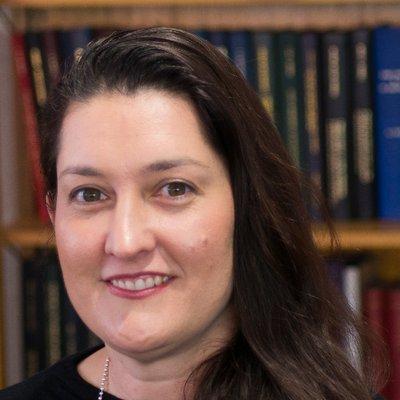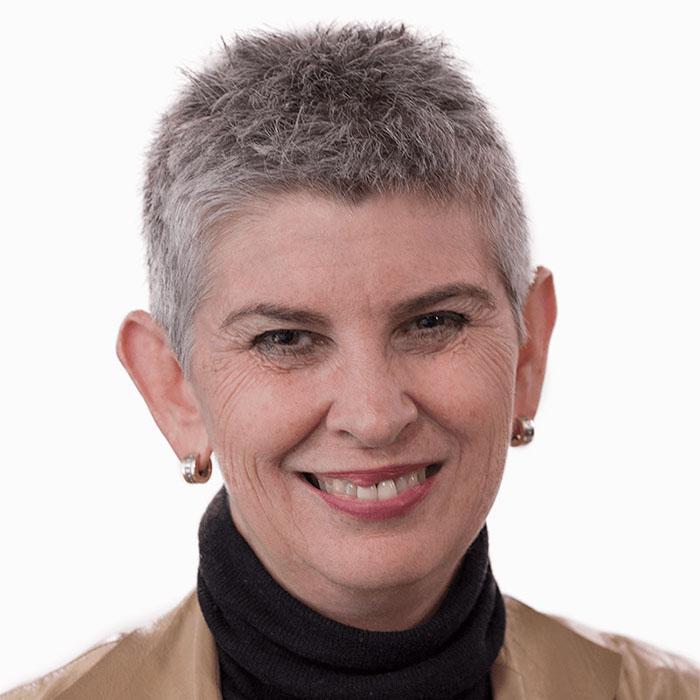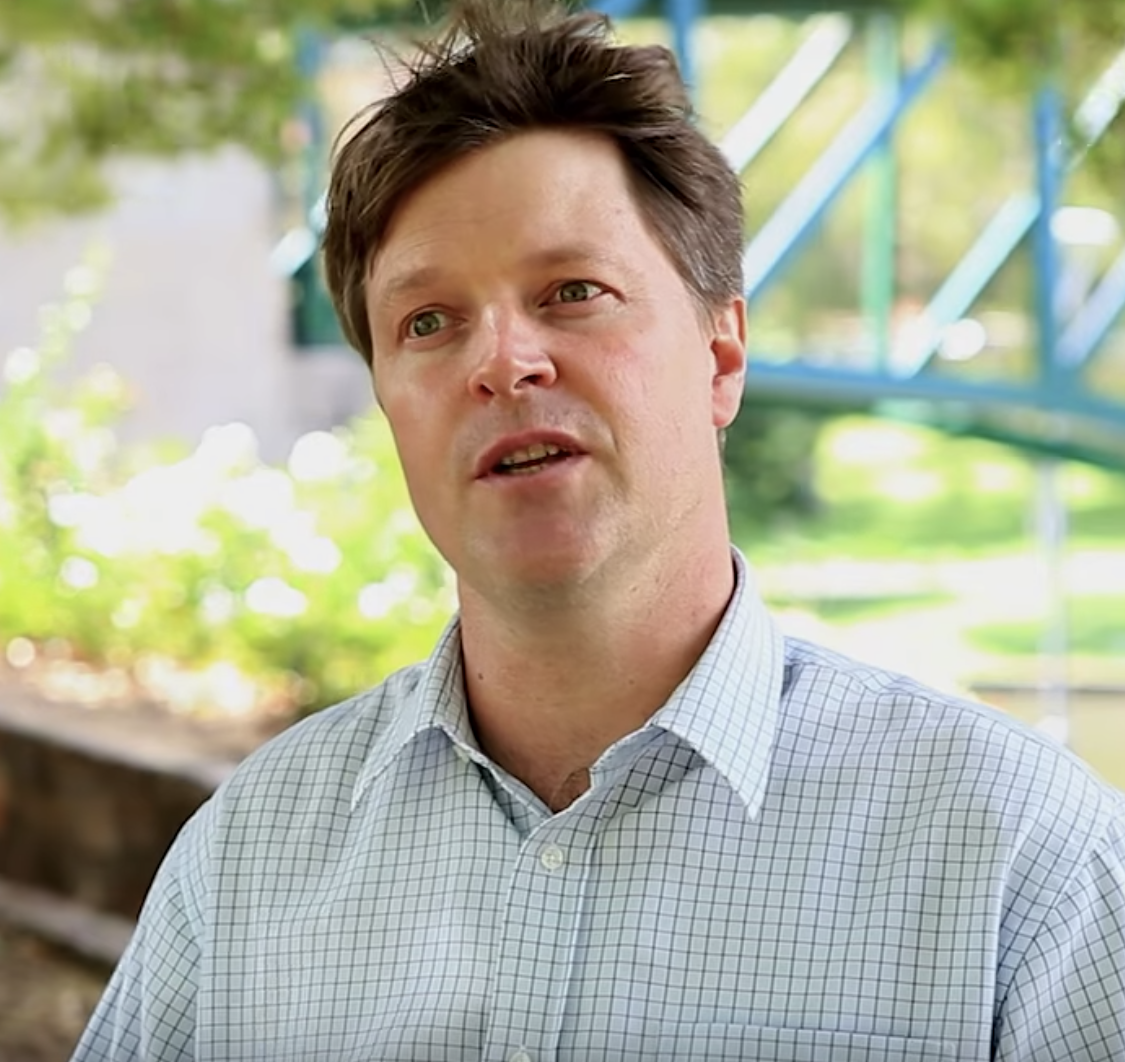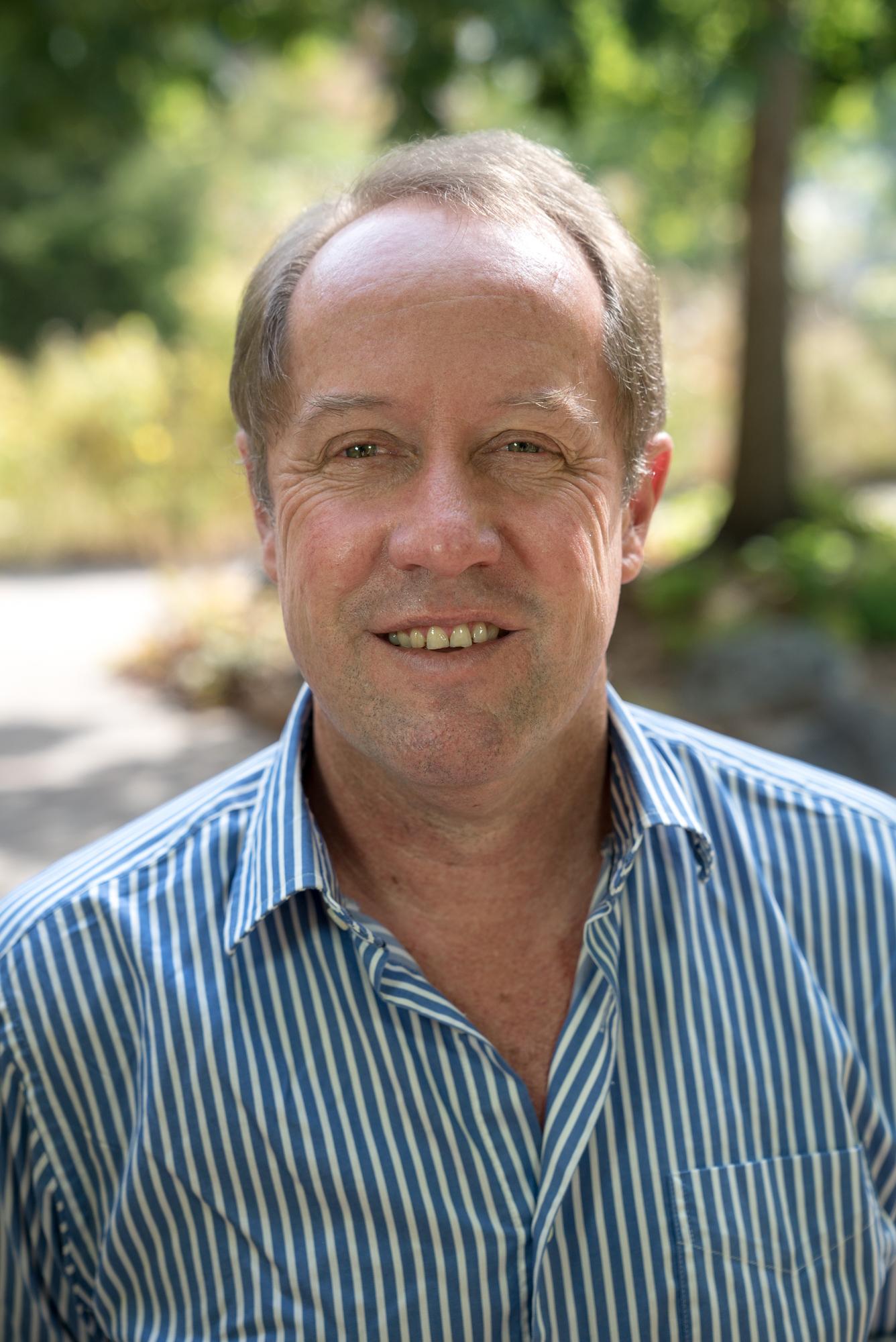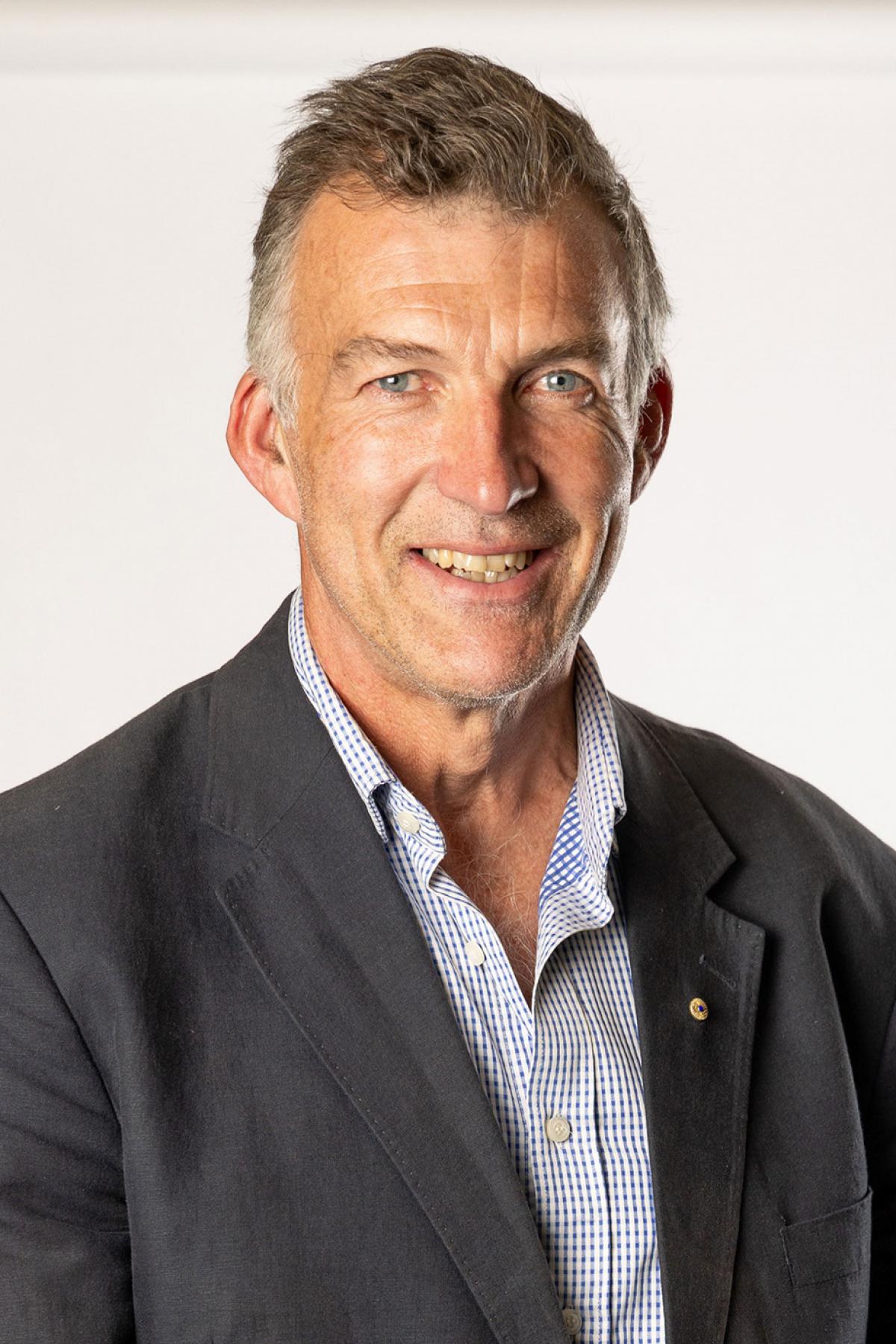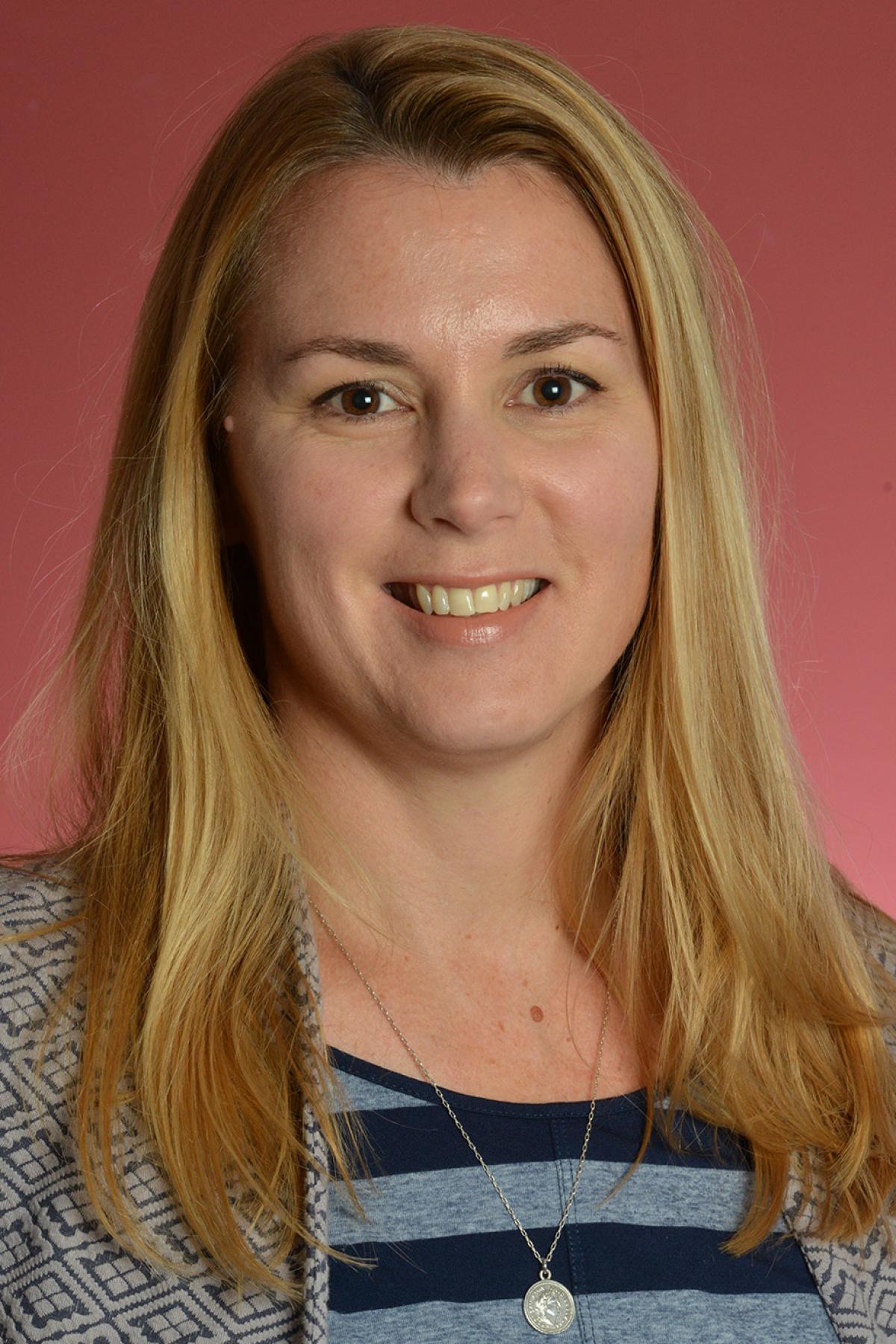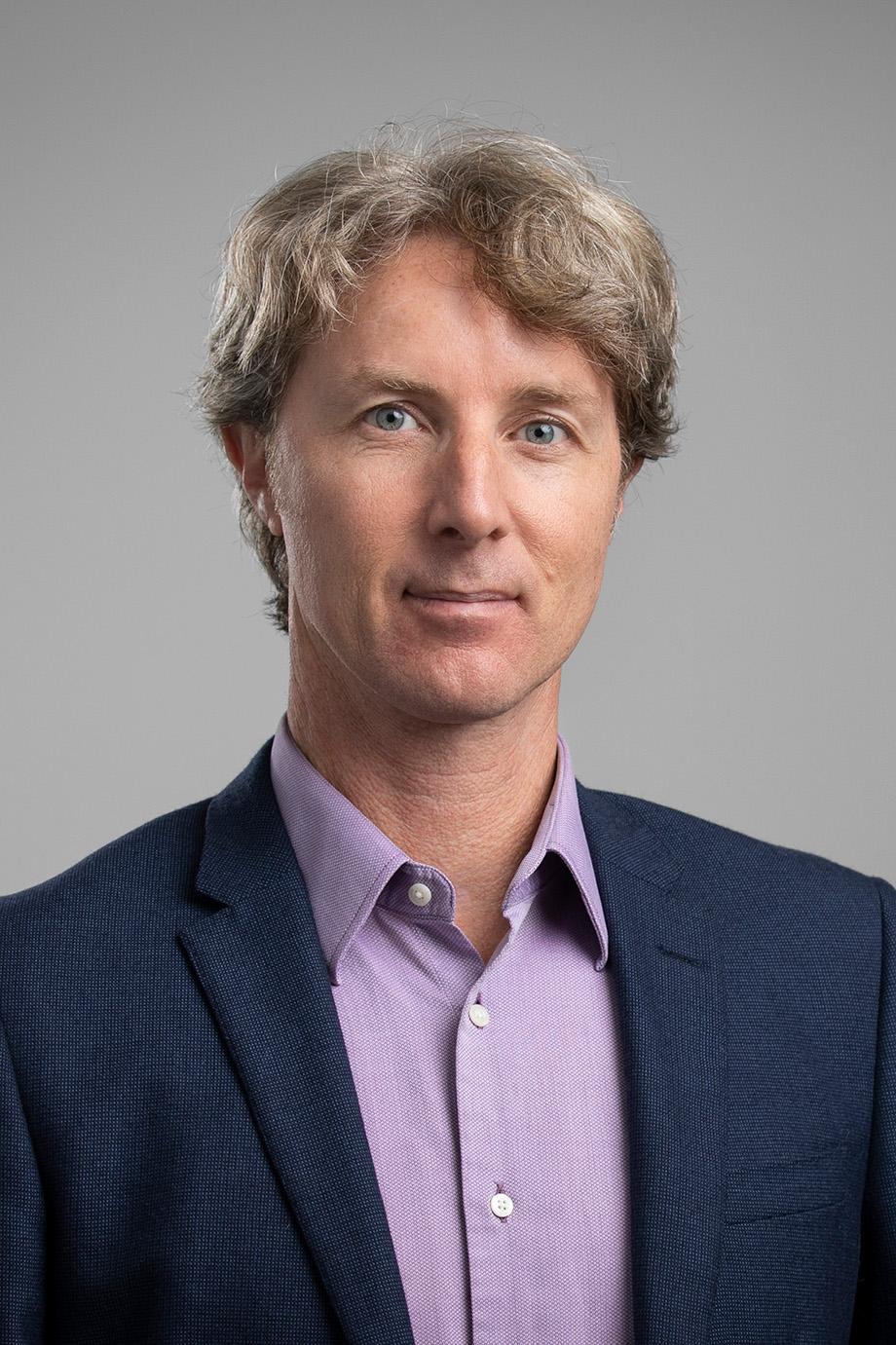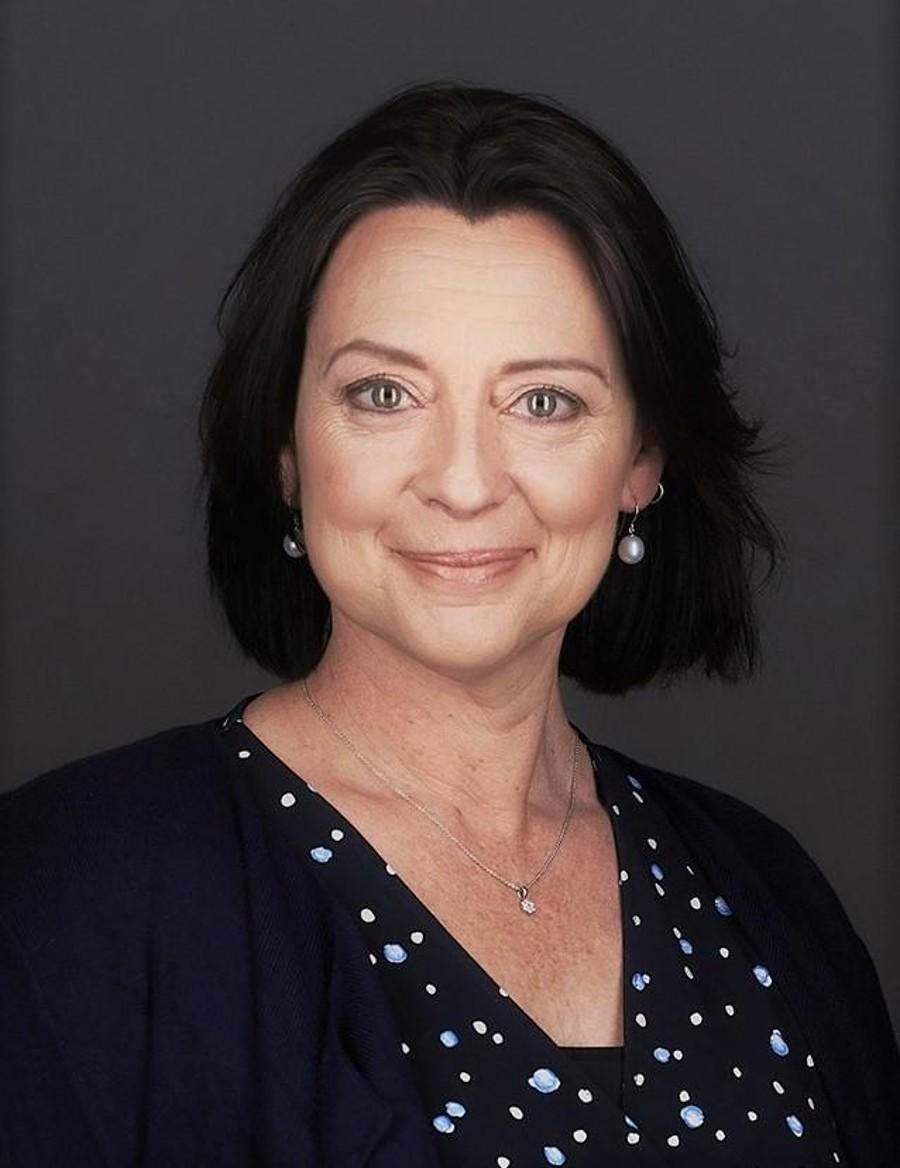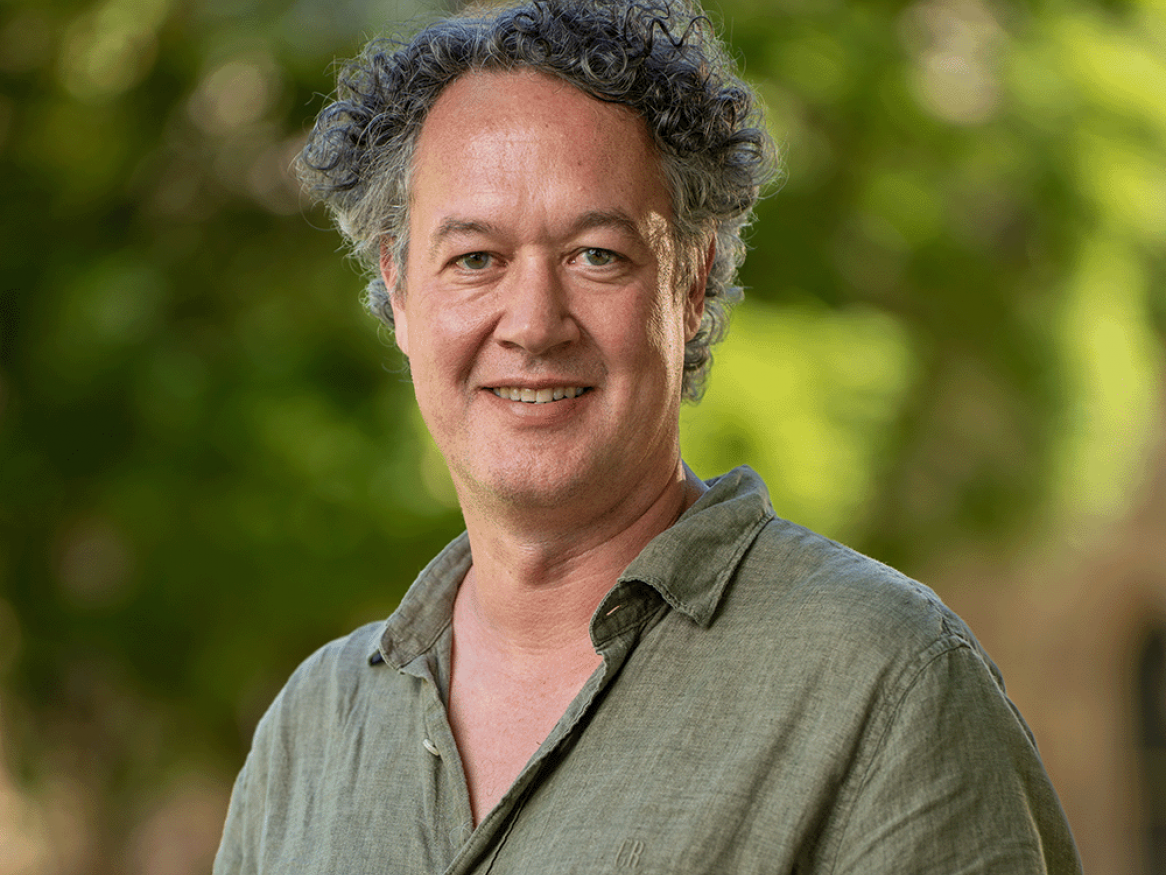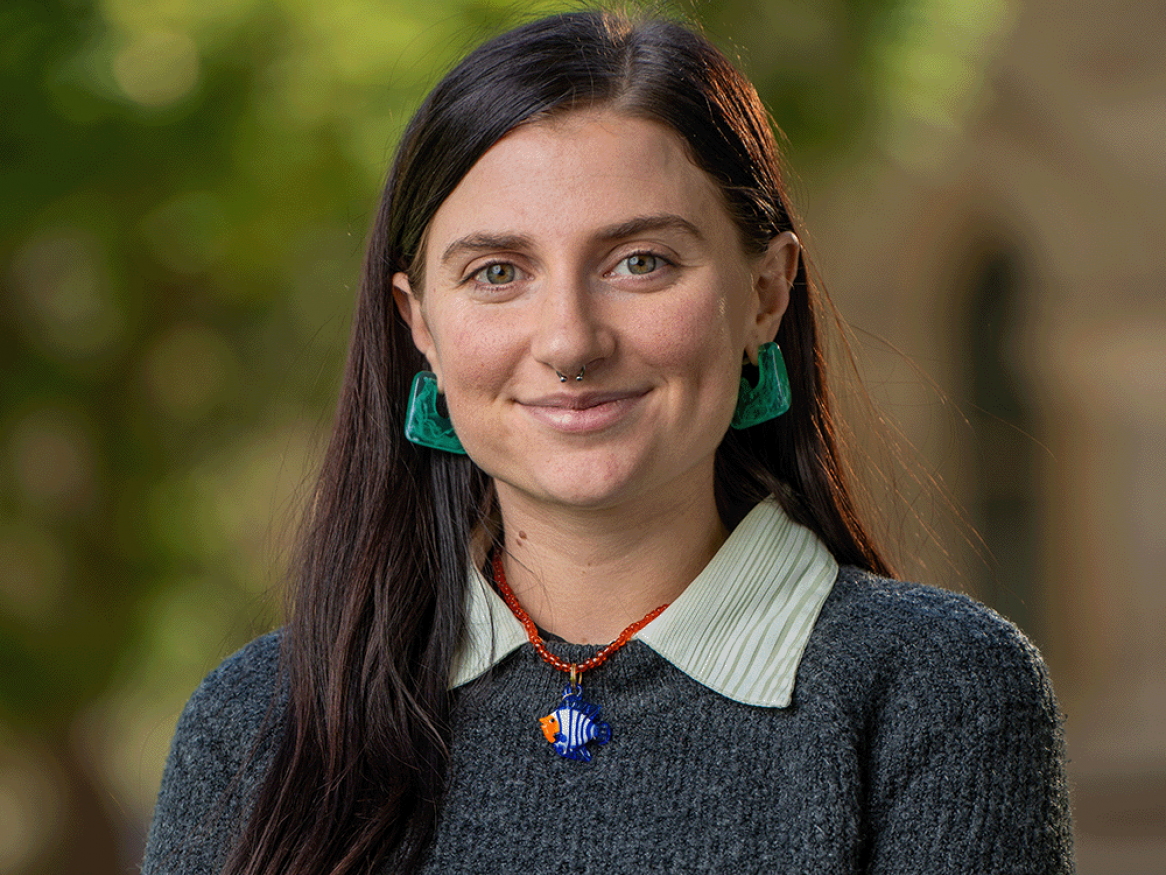Our Team
We engage a diverse range of leaders, helping us gain an understanding of our past and plan for our future.
Environment Institute Executive
Director, Environment Institute
Professor Andrew Lowe
Andrew is a dynamic and innovative research leader with over 10 years senior experience in university, government, start-up industry and community sectors. He brings high energy and instils infectious enthusiasm into teams and groups he engages with.
Deputy Director, Environment Institute
Associate Professor Damien Fordham
Research focuses on ecology and biodiversity conservation and blends biological theory with ecological application to better understand and manage biodiversity.
Deputy Director, Environment Institute
Professor Melissa Nursey-Bray
Melissa is the Coordinator of the FAME Sustainability Strategy and an ARC Future Fellow in Human Geography. Her research focuses on how communities can engage in environmental decision-making, particularly around climate change and biodiversity protection. She has worked with Indigenous groups, local governments, and fishing communities to develop adaptation strategies and explore how diverse knowledge systems can address climate impacts.
Associate Professor Georgina Drew
Research focuses on environmental anthropology and the critical anthropology of development. In particular, the cultural politics of resource management, and inclusive and culturally sensitive resource management.
Professor Bronwyn Gillanders
Research focuses on aquatic waters (freshwater, estuarine and marine) with a strong focus on fish and cephalopods, and environmental issues.
Dr Dominic McAfee
Dom's research focuses on coastal marine ecosystem restoration, combining social and ecological perspectives. He works with government, environmental groups, the aquaculture industry, and communities on projects like reef restoration and coastal vegetation management. He has a particular passion for restoring oyster reefs and supports research on intertidal and subtidal ecology.
Professor Seth Westra
Research aims to develop scientifically defensible solutions to a range of practical water resources problems in Australian and internationally. Impacts of climate change and variability on developing flood estimation methods, improving rainfall/runoff models.
Institute Manager
Dr Marina Delpin
A research knowledge broker, enabler, and facilitator, Marina is passionate about connecting people and creating opportunity within and external to research institutions to uplift capacity and capability and grow research, maximizing translation, implementation and impact.
Research Initiative Leads
-
Adelaide Business School
Professor Jodie Conduit
Head of the Marketing Discipline, Adelaide Business SchoolResearch interests lie in understanding how to engage consumers in interactions with organisations, and each other, that enable them to work together to achieve meaningful and relevant outcomes, particularly in contexts for social inclusion and environmental sustainability.
-
Adelaide Law School
Dr Bruno Arpi
His research lies at the intersection of international environmental law, polar governance, and the regulation of natural resources in areas beyond national jurisdiction. Dr Arpi is interested in how international legal regimes respond to pressing global environmental challenges such as climate change, biodiversity loss, and the geopoliticisation of polar and ocean spaces. His current work focuses on the legitimacy, effectiveness, and adaptability of international legal instruments and institutions, with a strong emphasis on the Southern Ocean, Antarctica, and the deep seabed.Research focus includes private law theory including the consequences of globalisation, especially finance and anthropogenic climate change. The legal theory and religious legal systems.
Associate Professor Peter Burdon
Research uses interdisciplinary materials from sociology, political science, economics, philosophy, history and environmental studies. Peter is a recognised leader in environmental theory and interested in earth jurisprudence, political theory and legal education.
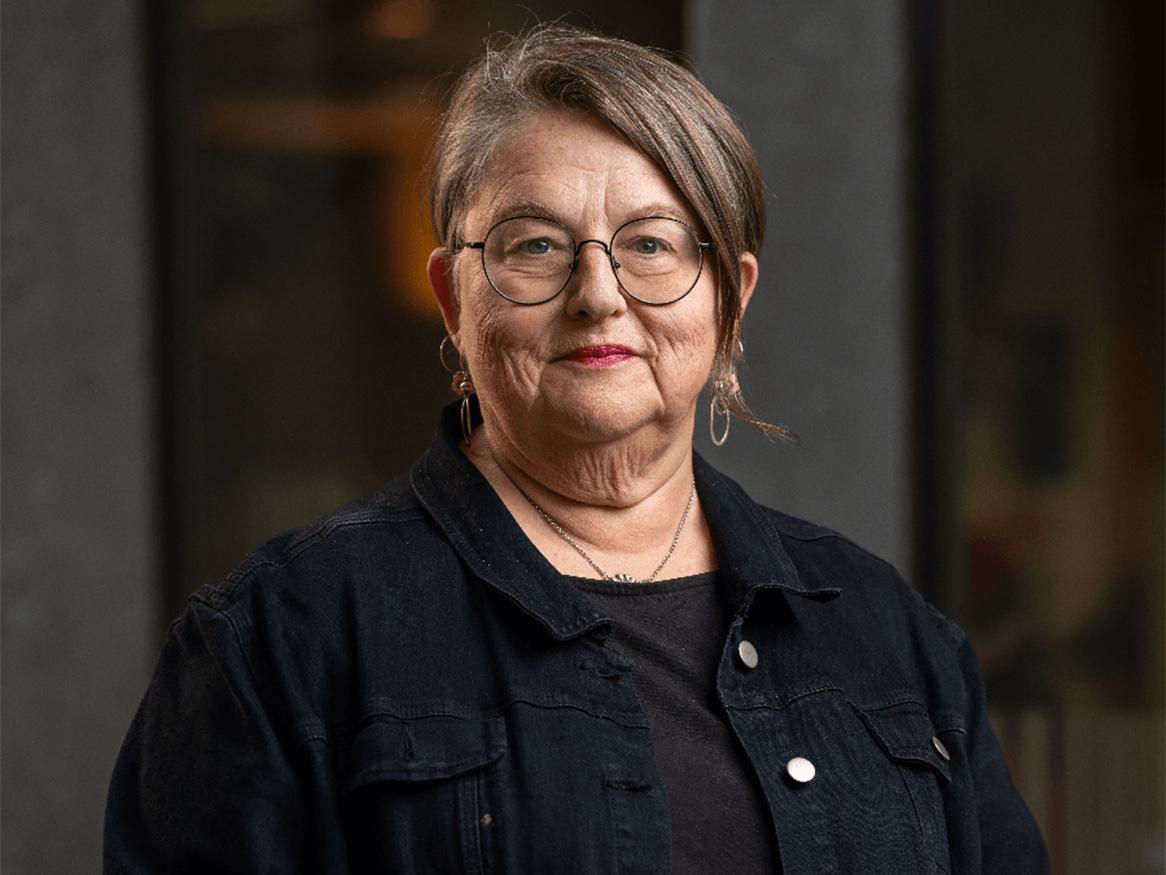
Dr Margaret Castles
Research interests are integrating conservation and ecological science with legal and policy advocacy. Would like to develop multidisciplinary approaches to support legal policy reform by combining science law and public policy in robust and persuasive promotion of environmental interests.
Research interests include land use planning law and policy, biodiversity law, native vegetation, urban trees and regulatory systems, heritage law, water law and policy.

Her research focuses on climate change adaptation in Australia, including the effects of climate change on biodiversity and on intensifying bushfire regimes, and the role of law and policy in facilitating climate adaptation. She has published widely on the challenges and opportunities for legal and policy reform in Australia with the goal of improving nature conservation in a rapidly changing world.
Associate Professor Beth Nosworthy
Particular research interests in the application of corporate governance to differing corporate forms, the specific role of the directors' duties within corporate governance more generally, and the growing emphasis on climate within the realm of environmental, social and governance reporting.
Research interests include mining and petroleum regulation, particularly in terms of environmental protection; climate change and laws for renewable energy and energy efficiency.
-
Adjunct Members of the Environment Institute
Professor David Chittleborough
Research focus on various aspects of soil and environmental science - processes of non-point source pollution, specifically the impact of soil processes and soil management on water quality; the reafforestation of wet-tropics landscapes, the biogenesis of soils and the restoration of arid soilscapes following open-cut mining.
Professor Steven Cooper (Adjunct)
Research interest includes Phylogeography of Australian fauna: the biogeographic history of organisms and factors that influence speciation. Molecular systematics and evolutionary origins of Australian arid zone fauna.
Focus is on the design and conduct of research projects in fisheries, aquatic physiology, biology and related fields, applying quantitative methods in developing and managing commonwealth fisheries. An interest in fish physiology, biology and is conducting range of research about the biology of harvested fish species and their life history.

A senior associate at Centre for International Forestry Research and World Agroforestry (CIFOR-ICRAF), in the Climate Change, Energy and Low-Carbon Development team. Research focuses on the political economy of forest governance and climate change policies. She led and coordinated global climate change research and established a strong professional networks in developing countries.
Dr Stefan Caddy-Retalic
Focussed on promoting sustainable urban landscapes, including more resilient trees, in Australia, and using living and preserved plant collections to enhance biodiversity conservation, improve quality of life and enable new science.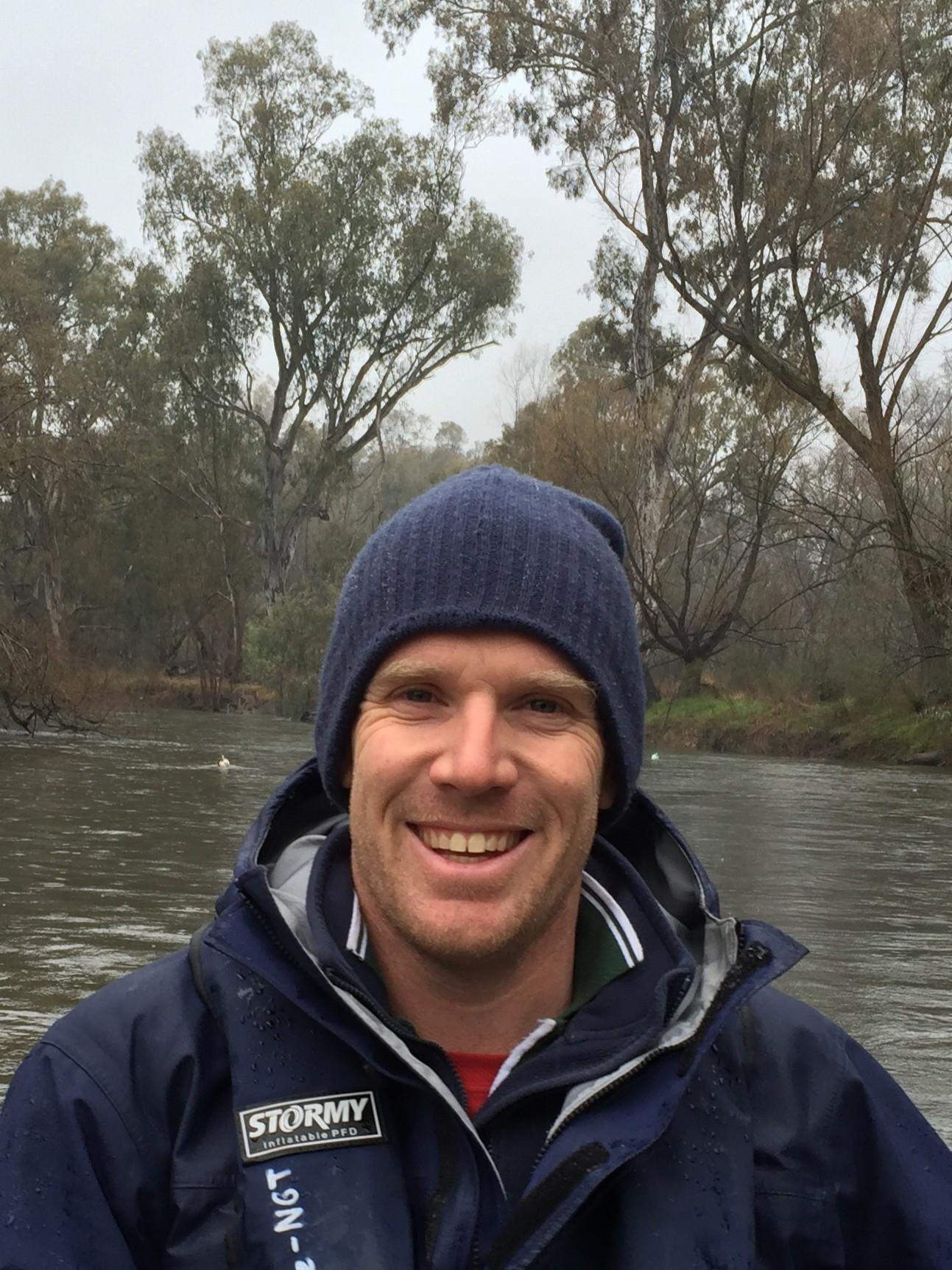
An ecologist with more than two decades experience, working broadly conserving and researching freshwater species and ecosystems across Australia and South Australia, including in the Mt Lofty Ranges and Coorong Lower Lakes Murray Mouth (CLLMM) region.
A climate scientist, who is a major contributer to climate, carbon cycle modeling and to climate data analysis. He is "one of the world's foremost experts on climate change and one of the most highly cited scientists in the discipline."
-
Centre for Global Food and Resources
Research interests include agricultural and natural resource economics, water markets and trade, irrigator decision-making, risk and uncertainty, transaction costs, institutional analysis, governance and reform
Associate Professor Patrick O'Connor
Current focus on the use of markets for efficient decision making for environmental restoration and conservation investment.
Lecturer at the Centre for Global Food and Resources, and a development economist with experience in impact evaluation, field experiments, gender analysis and farmer decision-making models. Extensive international experience with the CGIAR and ACIAR in projects in East Africa, South East Asia and the Pacific. Research aims at gaining understanding of the social and economic processes that lead to economic development.
Emeritus Professor Mike Young
Research Chair in Environmental and Water PolicyResearch interests include agriculture, ecological economics and natural resources law, environmental science and management. Also includes environmental sciences, freshwater ecology, natural resource management, natural resource management and water resource management.
-
Future Making Fellows
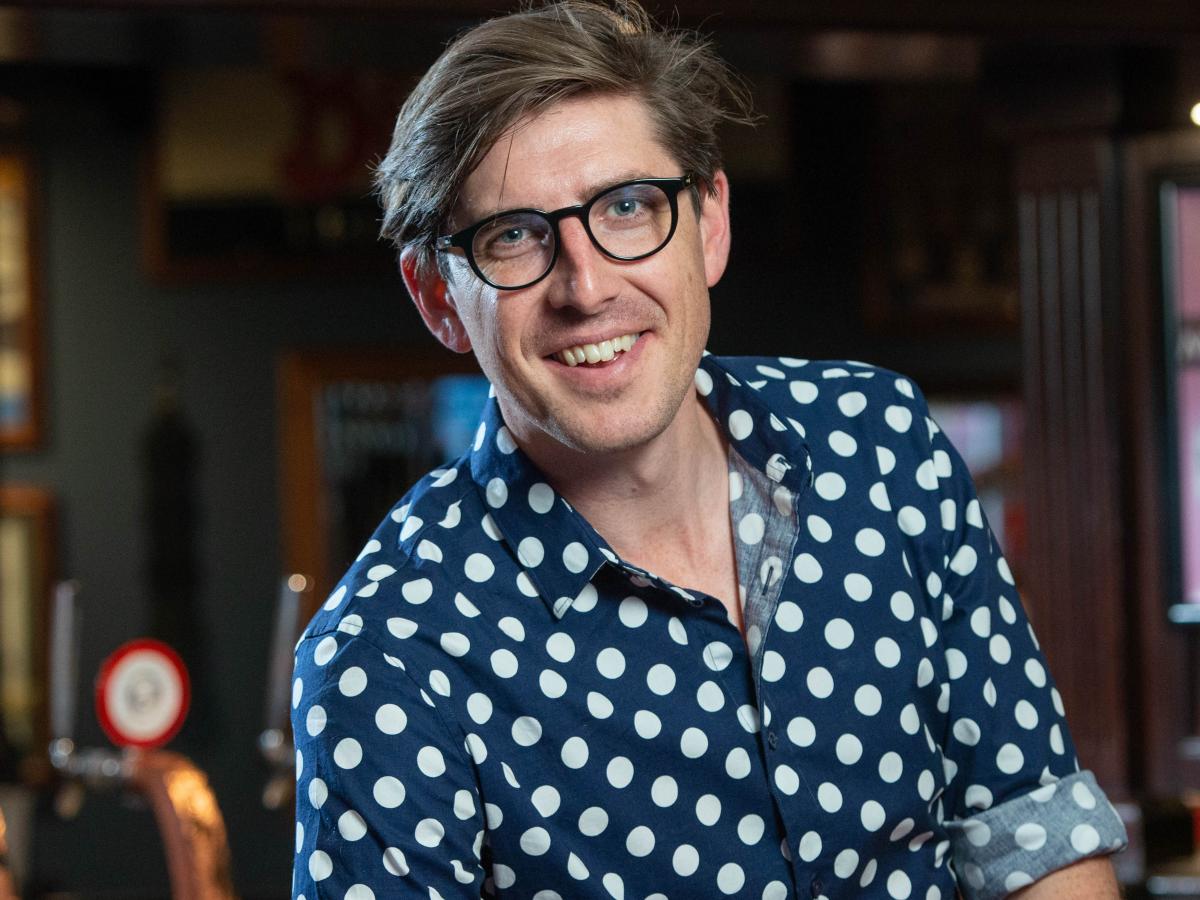
Dom's research focuses on coastal marine ecosystem restoration, combining social and ecological perspectives. He works with government, environmental groups, the aquaculture industry, and communities on projects like reef restoration and coastal vegetation management. He has a particular passion for restoring oyster reefs and supports research on intertidal and subtidal ecology.
Research focuses on the protection, management, and documentation of cultural heritage threatened by climate change and extreme weather events. She employs community archaeology approaches to involve local communities in safeguarding vulnerable heritage sites.
Research is on the challenges and opportunities that climate change represents for law and policy reform, including on topics such as ecological restoration; threatened species conservation law and translocation policy; protected area laws and management; and climate-driven species redistribution
-
School of Agriculture, Food and Wine
Research interests include improving Australian native plants for horticulture by research into propagation, cultivation, and breeding and selecting new varieties and species. Also supporting indigenous knowledge of food/medicines from plants; renewing the Urban Forest, sustainable agriculture and the environment; amenity horticulture, general horticulture; re-forestation and plant genome conservation.
Research interests include behavioural ecology and evolution of native bees, in particular related to mating, social and foraging behaviour. Contributing to taxonomy and phylogeography of native bees. Enhancing the environment for crop pollinating bees, development of native bees as greenhouse pollinators, the use of bees as vectors of biological control agents, and the conservation of native bees.

His research focuses on woody perennial biology, investigating gene regulatory processes involved in biomass formation. Using molecular genetics, he maps transcriptional networks, studies wood formation, and develops synthetic biology tools to enhance woody biomass for sustainable biomaterials and bioenergy. He aims to apply his expertise to other biomass crops to support the bioeconomy and improve climate resilience.
Dr Shervin Kabiri
Addressing complex environmental contamination challenges, particularly those posed by per- and polyfluoroalkyl substances (PFAS). Key Research Interests are fate and Transport of PFAS, FAS Remediation and Destruction, PFAS in the Food Chain, Sustainable Waste Management, and Industry-Linked Innovation. Her research aims are to contribute to scientifically robust and practical solutions for environmental contamination challenges, aligning with the Environment Institute’s mission to deliver research with real-world environmental impactAims to achieve sustainable agricultural futures using computer models and data analytics to help farmers, businesses and policy makers better manage their resources. Has worked extensively within multidisciplinary teams comprising agronomists, hydrologists, climate scientists, economists and engineers, and led the development of decision support tools integrating data and concepts from across these disciplines.

Associate Professor Luke Mosley
Associate Professor Luke Mosley’s research focuses on the processes affecting chemical species and contaminants, such as acidity, metals, and nutrients, and how to manage their impacts on water quality. His work ranges from molecular-level studies to field experiments and large-scale environmental assessments.
Dr Matthias Salomon
Research focuses on soil ecology and sustainable food production, with a particular emphasis on urban environments -
School of Allied Health Science and Practice
Research interests lie in ecohealth, particularly how exposure to green spaces can improve human health through both public health and clinical approaches.
-
School of Animal & Veterinary Science
Associate Professor Wayne Boardman
Research focus on conservation of endangered species, emerging wildlife diseases, wildlife disease ecology, health and diseases of Australian native wildlife and wildlife anaesthesia.

Associate Professor Charles Caraguel
Research interest includes improve understanding, establish evidence, and develop more effective health risk identification and management in the aquaculture industry using epidemiology of infectious and non-infectious diseases.
A conservationist and wildlife veterinarian with interests that lie in wildlife conservation, anthropogenically driven diseases and the link between ecosystem, human and animal health (One Health).
An ecological physiologist interested in how vertebrate animals function and how function evolves. Most recent research has expanded into animal welfare, particularly using physiological and behavioural indicators to study and optimise the welfare of captive wildlife and production animals.
A lecturer and registered veterinarian her current research focuses on the biology, health and diseases of South Australian populations of koalas, particularly oxalate nephrosis.
-
School of Architecture and Civil Engineering
Interested in analysing the spatial and temporal dynamics and interactions that occur in the built environment, focusing on performance-based analysis of cities, neighbourhoods, urban precincts, streets and buildings. Research spans urban ecology, remote sensing, numerical modelling and simulation, spatial data science, GIS, green infrastructure, machine learning, algorithm-based design, urban climatology and meteorology, energy efficiency, air quality, and environmental monitoring.

Urban Designer, Landscape Architect, and Landscape Archaeologist, his research and teaching bring together these three disciplines in creative ways. A strong supporter of the kind of transdisciplinary thinking necessary to tackle the large problems of our time, he makes use of high-end geospatial technologies including GIS, remote sensing, and Geodesign, which enable the integration of “big-data” into real-world applications.
Research focuses on the quantitative spatial modelling of natural hazards and potential mitigation options under uncertain future conditions. This research also aims to bridge the gap between scientific research and policy development to ensure that scientific results are more easily accessible to the broader community and policymakers.
Focus on developing improved techniques for the sustainable management of infrastructure (with a particular focus on water, energy and the water-energy nexus) and natural resources (with a particular focus on water resources and natural hazards) in an uncertain environment.
Dr Mirai Morita
Exploring how architecture can evolve into a more ecologically integrated and materially innovative discipline. Particularly interested in how buildings can go beyond static, resource-intensive structures to become dynamic, living systems that interact with and contribute to their surrounding environments.A landscape architect, artist, researcher, and educator based on Kaurna Country, Australia, focusing on building relationships and grassroots actions through practice-led research. As a co-founder of the Tributaries Collective, Dr Schut explores how interconnected water systems can inspire regeneration. Recent projects engaged communities with urban waterways in Narrm/Melbourne, while current research focuses on conserving disappearing soaks and springs on the Limestone Coast.
An advocate for the application of architectural sciences in place making practice, Dr Sharifi's research interests include urban greenery, urban microclimates, low carbon living, thermal comfort, and heat stress and health.
Research interests span from age-friendly built environment, environmental performance assessments of buildings, building performance simulation, building monitoring, human thermal comfort, to the social dimension of sustainable design.
Professor Seth Westra
Director, Water Research CentreResearch aim is to develop scientifically defensible solutions to a range of practical water resources problems. Focus on quantifying the impacts of climate change and variability on Australian and international water resources, developing flood estimation methods, improving hydrological (rainfall-runoff) models.
-
School of Biological Sciences
Research interest lies with bioacoustics, conservation, bats, species discovery and taxonomic resolution of problematic groups. Population genetics and the ecology of wildlife in Australia, Papua New Guinea, Indonesia and the Pacific.
Dr Joe Atkinson
A field botanist at heart whose research is generally centred on plant ecology. His lab studies include a range of topics under this broad banner, but is predominantly focused on restoration ecology across the whole project lifecycle from planning and prioritisation to monitoring and evaluation. His lab also work on experimental ecological projects investigating the effects of global change (eutrophication, warming, drought, CO2 rise) on plant communities and, more recently, the effects of native and feral herbivores on plants and plant strategies.Professor Andrew Austin
Director, Australian Centre for Evolutionary Biology and BiodiversityBiology, systematics and molecular phylogenetics of parasitic wasps, the evolution of host-parasitoid interactions, and the biodiversity and phylogeography of groundwater arthropods.
Associate Professor Jeremy Austin
Deputy Director, Australian Centre for Ancient DNAEvolutionary biologist working in the fields of ancient DNA, molecular ecology, conservation genetics and forensic biology.
Research interest is in the fertilisation of Australian rodents and marsupials, together with the morphology and evolution of sperm, eggs and egg coats.
Critical assessment of water quality for human and environmental health. Determination of the ecological outcomes from environmental flows.
Research includes seeking to provide a stronger understanding of patterns of climate change and their consequences for biological diversity and mechanisms of invasiveness.
Associate Professor Phill Cassey
Head, Invasion Ecology GroupCritical analytical and applied techniques to the study of applied ecology, wildlife conservation, and biosecurity risk management.
Explore new perspectives and opportunities, including how carbon emissions provide a triple trophic boost to marine ecosystems, the adaptability and adjustability of ecosystems to climate change.
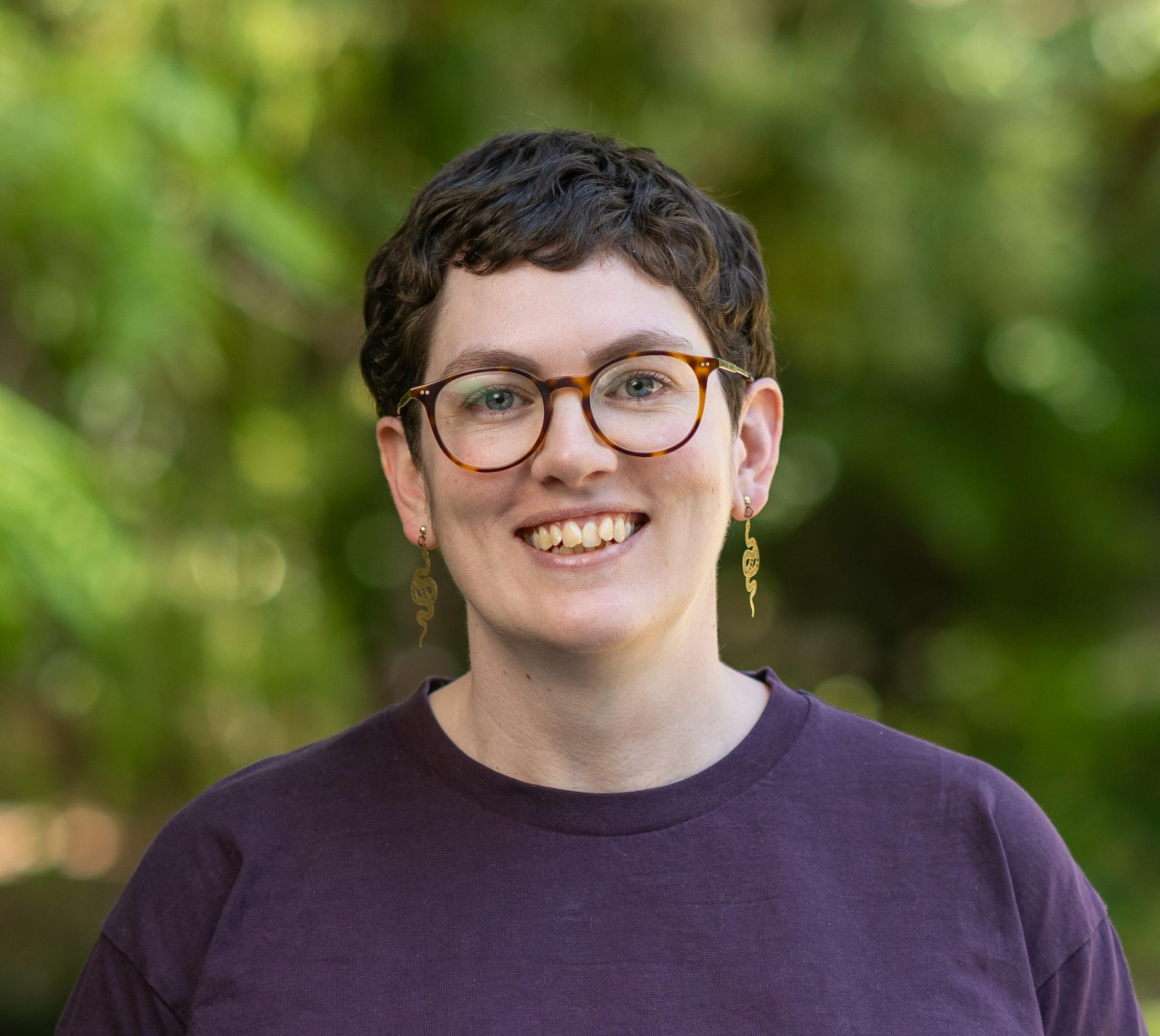
Dr Jenna Crowe-Riddell
An evolutionary biologist investigating the impacts of environmental change on the neural systems of reptiles.
Research focuses on the evolution and biogeography of the Australasian fauna. Use a range of molecular genetic methods to examine issues in the population genetics, phylogeography and phylogenetic relationships of vertebrates and selected invertebrate groups.
Research interest in learning how microorganisms interact and evolve with their hosts (especially Australian marsupials), and how these microorganisms influence host ecology and conservation success.
Research focuses on the interactions between invasive plants and soil microorganisms, and how the plant-soil microbes interactions affect the process of invasion of natural ecosystems, and hinder the restoration of degraded ones.
Research interests includes invertebrate systematics and taxonomy (particularly parasitoid wasps) and the use of citizen science for biodiversity documentation.
Focus on the interface of soil science (pedology), regolith science, mineralogy, biogeochemistry, forensic science, mineral exploration and climate change.
Associate Professor Damien Fordham
Research interests are diverse and include global change biology, biogeography, climate science, quantitative ecology and conservation biology.
Associate Professor Diego Garcia-Bellido
Palaeoecological analyses of the oldest complex marine communities, represented by the Ediacaran and Cambrian fossils of South Australia.

Professor Bronwyn Gillanders
Deputy Director, Environment Institute
Head of School of Biological SciencesAquatic waters (freshwater, estuarine and marine) with a strong focus on ecology of fish and cephalopods, and environmental issues. Bronwyn is president of the Council of World Fisheries Societies.
Research aims to understand how different animal genomes evolved, how they are organised and how this effects their function.
Dr Greg Guerin
Greg is a terrestrial plant ecologist with over 15 years post-PhD professional experience in community ecology, macroecology and ecosystem monitoring. He has described 20 new plant species, mapped centres of plant biodiversity, and modelled the impacts of climate change on Australian ecosystems.Research priorities have been to document biodiversity, and untangle evolutionary history, of groundwater dependent fauna and ecosystems to achieve practical conservation outcomes.

Botanical research in the areas of palaeobotany, plant systematics, plant ecophysiology. The application of research from these areas helps to interpret changes that have occurred to the Australian flora through evolutionary time.
Professor Sandra Hodge
Director, Australian Bioactive Compounds CentreResearch focuses on the identification and therapeutic targeting of failed clearance of apoptotic cells and bacteria in the airway, and its pro-inflammatory consequences, in severe, treatment refractory chronic lung diseases including COPD/emphysema, neutrophilic asthma, childhood bronchiectasis and chronic lung transplant rejection.
Research is focused on the effect that human activities and environmental change have on the distribution of species, populations and ecosystems - and the impact that this has on their survival.
Spatial science interests including multispectral and hyperspectral remote sensing, GIS, and ecological modelling of terrestrial and maritime environments.
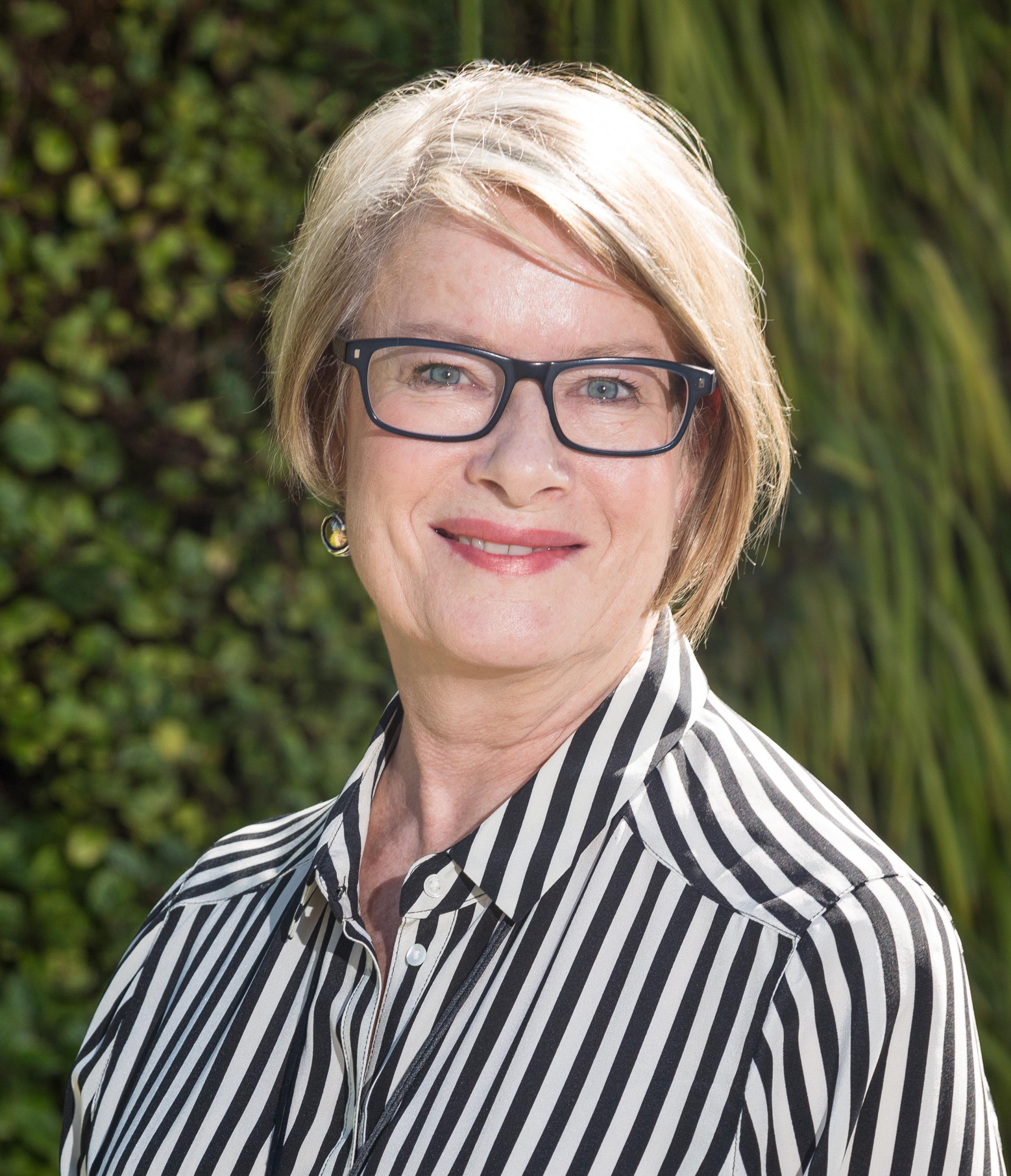
Earth observation using remote sensing (from satellites, aircraft, lab & field instruments, and now drones) to document, analyse and monitor landscape composition and variation in space and time.
Associate Professor Bastien Llamas
Interests include investigating a range of genetic and epigenetic mechanisms and host-microbiome interactions that facilitate human adaptation to diverse environmental and cultural stressors. Combine a range of advanced new analytical methods to integrate past and present indigenous genetic diversity from human populations around the world into a new pan-human reference genome.
Understanding the adaptive capacity and resilience of species is key to developing management strategies for ecosystems that face fragmentation and climate change.

Arif’s research focuses on using DNA-based methods to verify the origin of timber and plant products, supporting efforts to combat illegal logging and promote sustainable supply chains. As part of the World Forest ID Consortium, he develops forensic tools through interdisciplinary approaches, including DNA analysis and isotope ratio analysis, working with industry and conservation partners to ensure practical impact.

Dr Jess Marsh
Research focusing on the conservation biology of invertebrates, an important component of biodiversity. Jess combines taxonomy and systematics with ecology and conservation.
Studies plant connections and processes, esp biological invasions, from a multi-scale approach. Main interests are invasion ecology and biosecurity, global change, biogeography and biodiversity patterns, community ecology, functional ecology, ecological modelling and conservation biology.
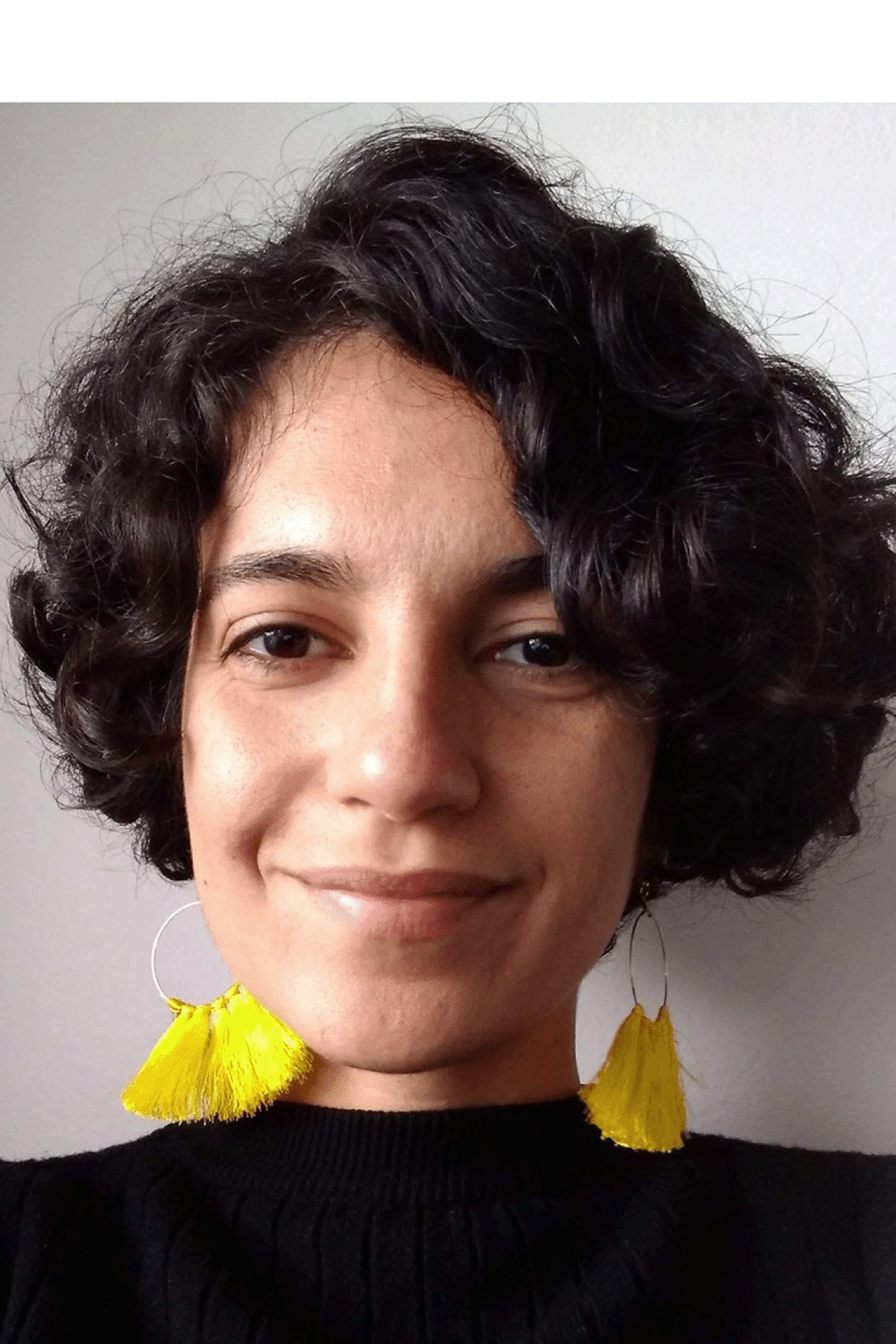
Plant ecophysiologist working in the fields of plant stress, functional ecology, and global change biology.
Marine Ecologist working on the restoration of Australia's lost oyster reefs. Taking a socio-ecological approach to restoring lost habitat to help society and nature adapt with climate change.
Research interests include the ecological impacts of climate change on marine ecosystems, ecosystem resilience to cumulative disturbance impacts, macroecology and ecosystem services (nutrition).
Marine biology and climate change effects on marine ecosystems; estuarine, seagrass, mangrove fish ecology.
Associate Professor Bertram Ostendorf
Specialise in GIS, spatial simulation modelling, and spatial decision support. Understanding causes of spatial heterogeneity of the environment at different spatial and temporal scales and how we can use this knowledge to increase economic production and integrity of our environment.
Research aims to design innovative solutions, linking world-leading science with on-ground management, to better protect South Australia’s threatened communities and species. An independent Research Fellow who's known for her commitment to think global - act local.
A mathematical ecologist with a particular focus on population biology and epidemiology for wildlife populations. Specifically using stochastic modelling to address applied ecological questions in the fields of wildlife management, fisheries, conservation biology, invasion ecology and disease ecology.
Research interests include vertebrate taphonomy and site history, Quaternary palaeoclimate and biodiversity records from caves and refining megafauna extinction records.
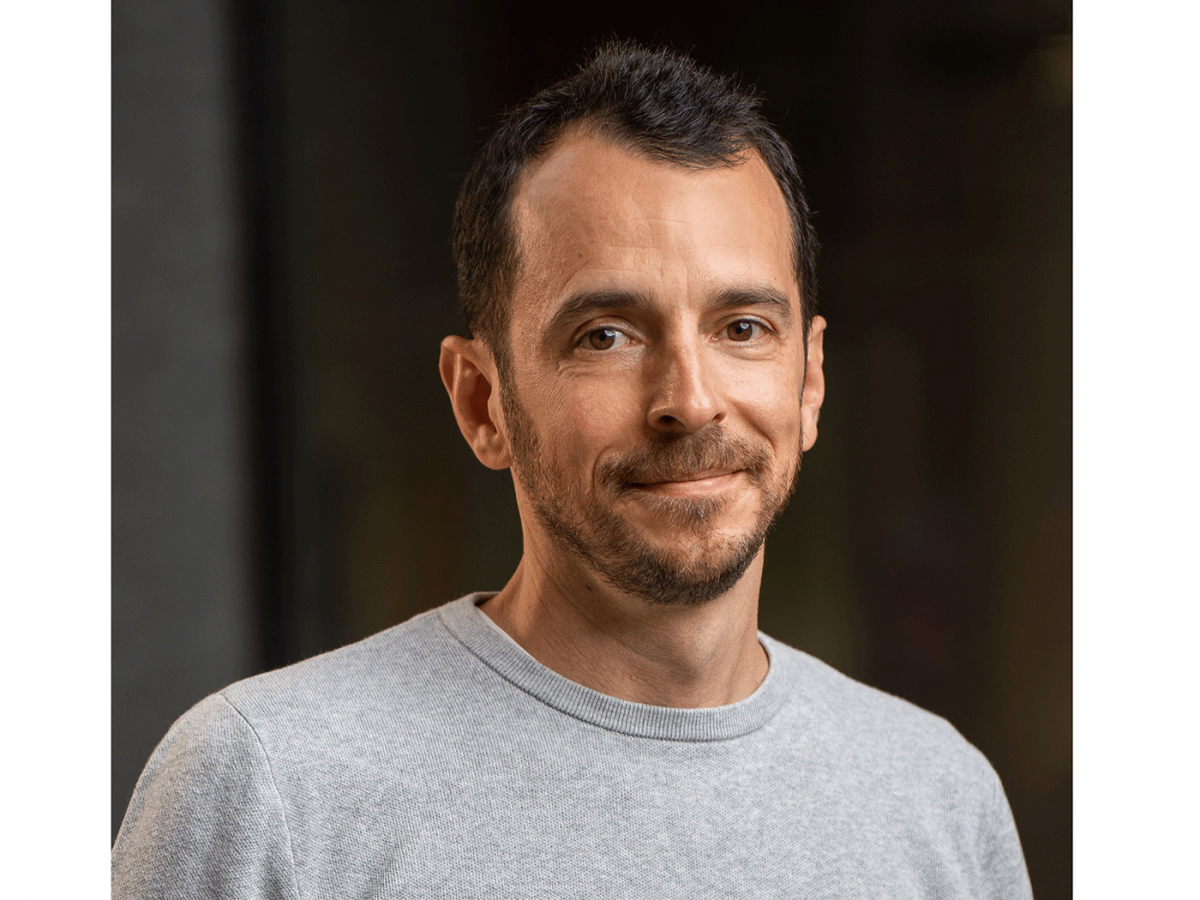
Dr Patick Reis-Santos
Marine ecologist with particular interest in fish ecology, conservation and management.
Research focuses on global change affecting ecosystem processes, how meteorological extremes affect the vegetation of Australia and the tropics. Also interested in the usage of Earth Observation (remote sensing) to examine processes in ecophysiology and ecosystem ecology.
Associate Professor Kate Sanders
Research focuses primarily on trait evolution and speciation in squamate reptiles, and the evolution of sensory systems in the transition to aquatic habitats in snakes. The research has a substantial fieldwork component focused primarily in Indonesia and Western Australia, which has led to the discovery of new species, and generated ecological and distributional data that have contributed to conservation assessments.
An evolutionary biologist focused on developing and applying comparative methods and morphometric tools to studying phenotypic trait evolution, primarily with reptiles, amphibians, mammals, beetles and molluscs.
Research includes data-mining the Online Ancient Genome Repository (OAGR), a comprehensive centralised database containing all known ancient DNA specimens, genomes, and associated metadata. Effort to improve ancient DNA bioinformatic analyses and applying novel technological methods to address outstanding evolutionary questions.
Research includes large-scale molecular phylogenetic analyses of plants, across a broad botanical and geographical range. Pioneer of spatial phylogenetics "big data" field.
Professor Michelle Waycott
Chief Botanist, State Herbarium of SANative plant population studies supporting decision making including reproductive strategies, connectivity and survivorship in coastal, marine and arid adapted plants.
Dr Fiona Whelan
Her research is focused on the structural biology of viral and bacterial nucleic acid binding proteins; Staphylococcal cell surface adhesins and two-component sensors. Dr Whelan uses methods including bioinformatics, structure prediction, molecular biology, bacterial recombinant protein expression and purification, X-ray crystallography and small angle X-ray scattering to determine the relationship between the structure and the function of target proteins.
Terrestrial ecologist, specialising in the fields of molecular ecology and palaeoecology. Applying evolutionary and environmental genomics approaches in combination with complimentary analyses (e.g. palynology, macrofossils, radiocarbon dating, stable isotope analyses) to study the composition and functioning of terrestrial ecosystems over the past 50,000 years.
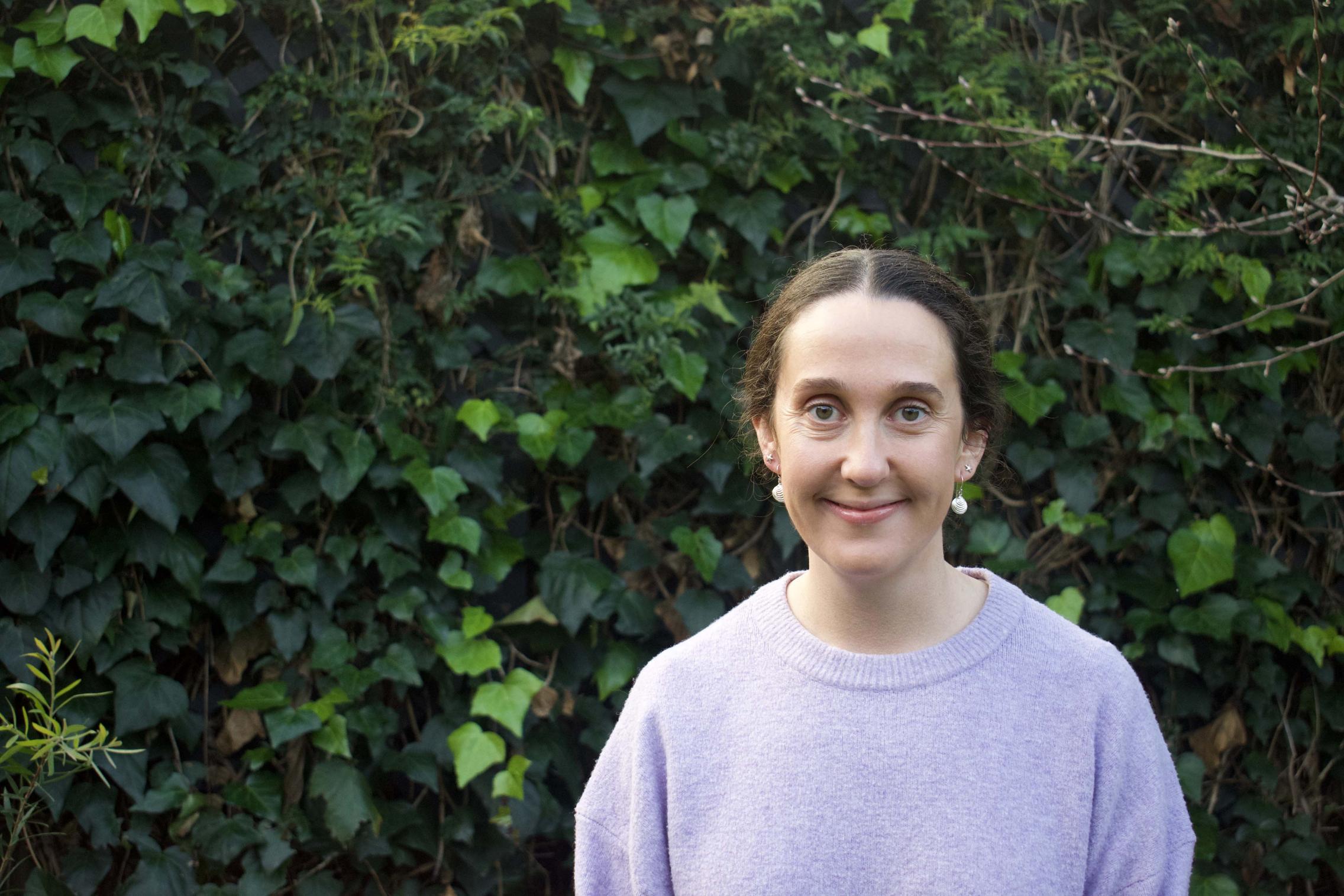
Research focuses on addressing critical environmental challenges, particularly marine plastic pollution and its impact on ecosystems and health.
-
School of Chemical Engineering and Advanced Materials

Professor Volker Hessel's research focuses on sustainable chemical engineering and bioprocessing, with an emphasis on developing green and efficient manufacturing processes. His work spans bioproduction, bioproducts, and industrial chemistry, including the design of fertilisers, agrochemicals, and medicinal compounds. He also explores organic green chemistry and sustainability practices in chemical manufacturing.
Associate Professor Abel Santos
Research includes structural engineering of nanoporous materials by electrochemical approaches, nanophotonics, optical sensing and biosensing. Smart drug delivery from nanocarriers and surface coatings for biomedical applications. Microfluidic lab-on-a-chip systems for all-in-one sensing applications.
-
School of Computer and Mathematical Sciences
An applied mathematician, with broad interests in mathematical modelling of physical systems using differential equations and statistical and mathematical analysis of data. Expertise in Antarctic sea ice and marginal ice zone dynamics, and also on the stability of Antarctic ice shelves.
-
School of Electrical and Mechanical Engineering
Dr Cris Birzer is a Chartered Mechanical Engineer and Senior Lecturer at the University of Adelaide, specialising in Sustainable Energy and Humanitarian Engineering. His research focuses on developing accessible, low-cost technologies for resource-constrained communities, with the goal of improving quality of life, increasing life expectancy, and reducing preventable deaths.
-
School of Economics and Public Policy
Professor Peter Draper
Executive Director, Institute for International TradeResearch interests include reform of the multilateral trading system, ‘levelling the playing field’ in international trade, encompassing sustainability and industrial subsidisation. Interest in the role of trade policies in economic development
Indo-Pacific trade integration dynamics and arrangements. -
School of Humanities
Research focuses on the protection, management, and documentation of cultural heritage threatened by climate change and extreme weather events. She employs community archaeology approaches to involve local communities in safeguarding vulnerable heritage sites.
Research investigates the politics and pleasures of popular media – from food media and health messages to death metal music and 'extreme' cultures. Recent work explores how media interest in food is shaping public debate, media and food industry practices, and consumer politics.
Dr. Skye's research focuses on how Aboriginal people historically managed Country and the lasting impacts of colonial mistreatment on both the land and Indigenous communities. She investigates historical records to uncover insights about pre-colonial ecosystems, aiming to restore native plants, waters, and animals. Dr. Skye collaborates with Aboriginal and environmental groups, fostering reconciliation through a shared commitment to regenerating Country.

-
School of Physics, Chemistry and Earth Sciences
Associate Professor Lee Arnold
Associate Professor Lee Arnold is a Quaternary Scientist and specialist in geochronology. His research focuses on reconstructing archaeological, palaeoecological and palaeoenvironmental histories using luminescence dating techniques, with a particular emphasis on single-grain optically stimulated (OSL) dating applications and advancements.
Data-focussed geologist whose research focusses on applying a wide range of earth science specialisations to address tectonic questions. His research involves a combination of geochronology/thermochronology with geochemistry and structural geology.
Professor Christian Doonan
Director, Centre for Advanced NanomaterialsFocus on the synthesis of novel classes of porous materials, including molecular porous materials, and new examples of more established materials, such as metal-organic frameworks (MOFs). Interested in applications of these materials in a number of areas including storage and release, molecular separations and catalysis.
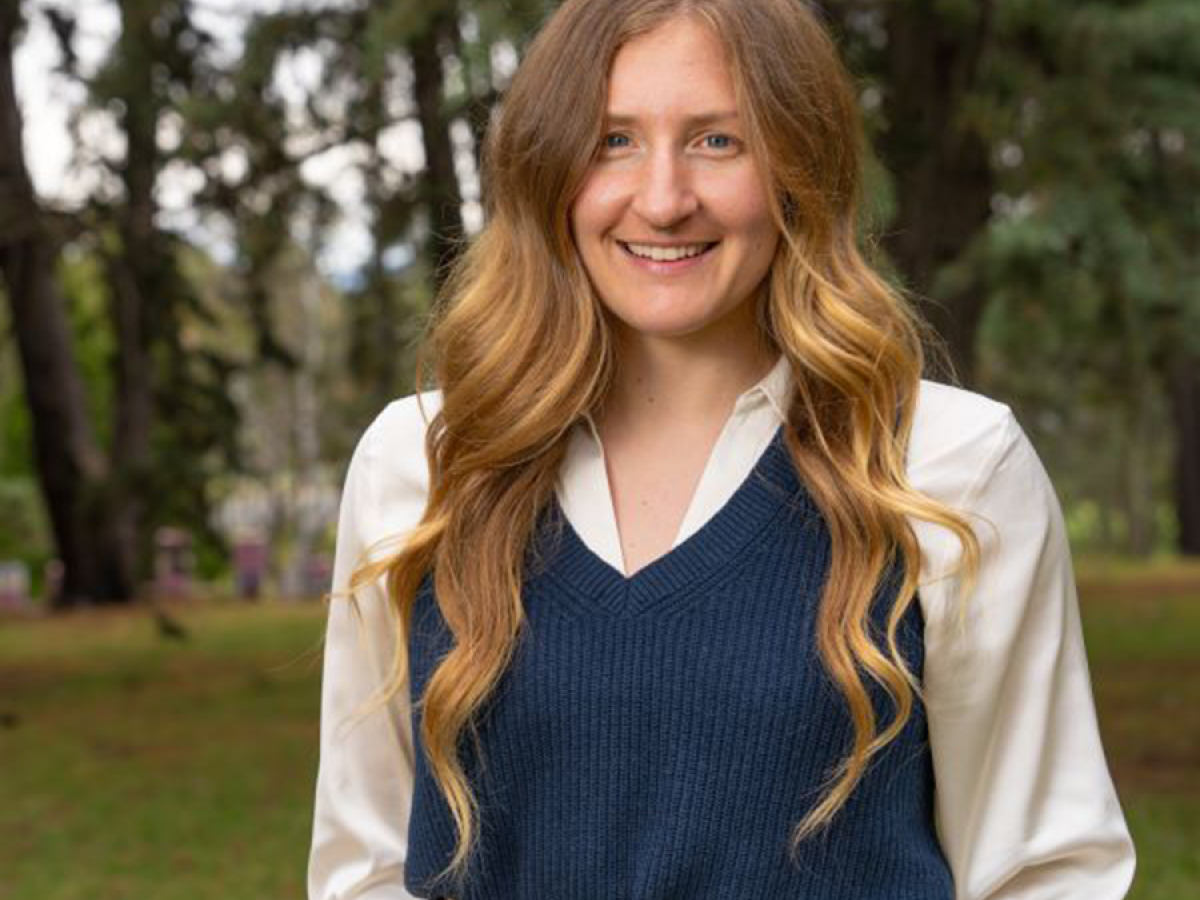
Dr Georgy Falster
Research focuses on understanding Earth's climate changes due to human activity by combining climate model simulations and natural archives like tree rings and coral. She investigates Australian drought variability, changes in tropical Pacific phenomena like El Niño, and the isotopic composition of Australian rainwater for climate and ecological applications.
Research focuses on biogeochemistry and non-traditional isotopes, and their application to solve problems relevant to earth system sciences and environmental studies.
A palaeoclimatologist and palaeoecologist with a focus on Arctic amplification of temperature. Tamara's research uses archives of the past as a natural laboratory for understanding processes that link climate to phenomena such as wildfire and Arctic temperature amplification.
A sedimentologist and geochemist interested in the interplay between Quaternary climates, humans and landscapes, with particular focus on the role of semi-arid and temperate Australia in the global carbon cycle. Develops and applies novel (trace metal) geochemical methods for the application on lake sediment archives to infer catchment erosion and landscape change.
Research focuses on applying fundamental chemistry and materials science to address environmental challenges, including pollutant destruction and renewable fuel generation. His work aims to develop sustainable solutions through innovative chemical approaches.
Focus of research is measurement of radiation dose in natural and artificial materials within the environment. Key technological developments pioneered include the development of the world’s most sensitive radiogenic luminescence imaging technology, a novel class of radiation-sensitive optical fibres and single grain analysis technology.
Focus on the synthesis of novel classes of porous materials, including molecular porous materials, and new examples of more established materials, such as metal-organic frameworks (MOFs). Interested in applications of these materials in a number of areas including storage and release, molecular separations and catalysis.
Associate Professor Jonathan Tyler
Research interest in past climates and the use of chemical tracers in sediments to develop understanding of past climate changes. Most work conducted with lake sediments, but branching out to work with marine and cave deposits.
-
School of Public Health
Contributes to the fields of environmental epidemiology, ecosystem health and infectious disease epidemiology. Wide research experience in identifying and managing environmental health problems, including the impact of climate change on population health.
Associate Professor Sharyn Gaskin
Research program explores the pathways and impacts of environmental and occupational hazards on human health and society, and leads to the development of effective interventions to control and prevent exposure to hazards.
Current research involves quantitative research methods, working closely with the Communicable Disease Control Branch. Other research interests are in infectious disease epidemiology, climate change and population health, surveillance and zoonoses.
Professor Dino Pisaniello
Director, OEH LaboratoryWide interest in occupational and environmental health, which includes exposure and risk assessment and control, intervention research and education.

Multidisciplinary researcher with expertise in Occupational Hygiene, Occupational and Environmental Health at the Adelaide Exposure Science and Health (AESH) Unit. She leads high-quality evidence-based research to explore the pathways of exposure to environmental and occupational hazards, ways to control them, and their impact on human health. Much of her research involves both laboratory analytical methods and, importantly, ‘real-world’ field-based study design, to approach a research question.
Possessing expertise in research translation and Environmental and Occupational Health policymaking, Yonatal's research focuses on understanding the influence of Social, Environmental and Occupational factors on human health and wellbeing.
Research leverages his background in analytical chemistry to explore the pathways and impacts of environmental and occupational hazards on human health and society, and leads to the development of effective interventions to control and prevent exposure to hazards.
Research seeks to improve exposure assessment to protect public health through evidence-based approaches. Specialties include public health toxicology, human health risk assessment, vapour intrusion and air quality assessment and hazardous substances regulation
Professor Philip Weinstein
Director, Australian Bioactive Compounds CentreThe relationship between biodiversity and human health (infectious/chronic disease). Examples include mosquitoes, water quality and environmental microbiomes.

Associate Professor Carmel Williams
Research focuses on healthy public policy and the social determinants of health. She works on integrating health considerations into public policy through the Health in All Policies (HiAP) approach, fostering collaboration across government sectors. Her work emphasises evidence-informed policy to improve health and wellbeing, and she collaborates extensively with the World Health Organisation and other international bodies.
-
School of Psychology
A Social Psychologist interested in research topics focused on social justice, especially environmental issues, racism and prejudice, and inequality. I utilise a range of qualitative methods in my research, including realist approaches such as content and thematic analysis, through to more constructionist approaches like discourse and critical discourse analysis.
Research interests are broadly around food and eating; sex and relationships; physical pain; and death and dying. Companion animals and their impact on human health (psychological, social and physical).
Research broadly focuses on cognitive and behavioural development and psychophysiology. Specific expertise in the areas of child sleep and cognition, sleep disorders, and memory, as well as interest in the interaction of child health, lifestyle factors and well-being.
Associate Professor Rachel Roberts
Research and teaching in the areas of child, adolescent and peri-natal clinical, health and neuropsychology, including issues of stigma and chronic illness. Of particular interest are psychological aspects of acquired brain injury and craniofacial conditions.
Associate Professor Carolyn Semmler
Research focuses on understanding how individuals who are proficient in unfamiliar face matching achieve high levels of performance and how technology might be used to enhance proficiency.
Professor Deborah Turnbull
Chair of PsychologyResearch interest include maternity services, cancer prevention and screening, mental health. Deborah is an active teacher, researcher and combines these roles with senior administration activities at the University
-
School of Social Sciences
Associate Professor Douglas Bardsley
A social geographer and agricultural scientist with a focus on environmental and agricultural risk management, links between conservation and development, whilst educating for sustainable development. Developing adaptation options in response to climate change.
Associate Professor Benito Cao
Interest in the relation between racism and national identity in Brazil, with main research focus is the intersection between Environment and Citizenship. Guest editor of a special edition of the Journal of the Indian Ocean Region (JIOR) on Environmental Challenges in the Indian Ocean Region: Environmental Citizenship and Civil Society Responses.
Associate Professor Georgina Drew
Research fields of environmental anthropology and the critical anthropology of development. Particularly interest in struggles over resource use and management in South Asia and in the Himalaya more broadly.
Focus on how to engage communities to be part of environmental decision making, particularly in the context of climate change and biodiversity protection. Worked with Indigenous, ports, local government and fishing communities on a range of projects to help environmental sustainability.
Field of population and environmental studies, with a focus on migration. Research explores the interplay of environmental, demographic, socio-economic and institutional factors in climate (environmental) change, population mobility, and adaptation.
Associate Professor John Tibby
Director, Sprigg Geobiology CentreUnderstanding past climatic and environmental variability and change by examining indicators laid down in lake sediments. Using diatoms - a type of aquatic algae - to assess stream ”health”.
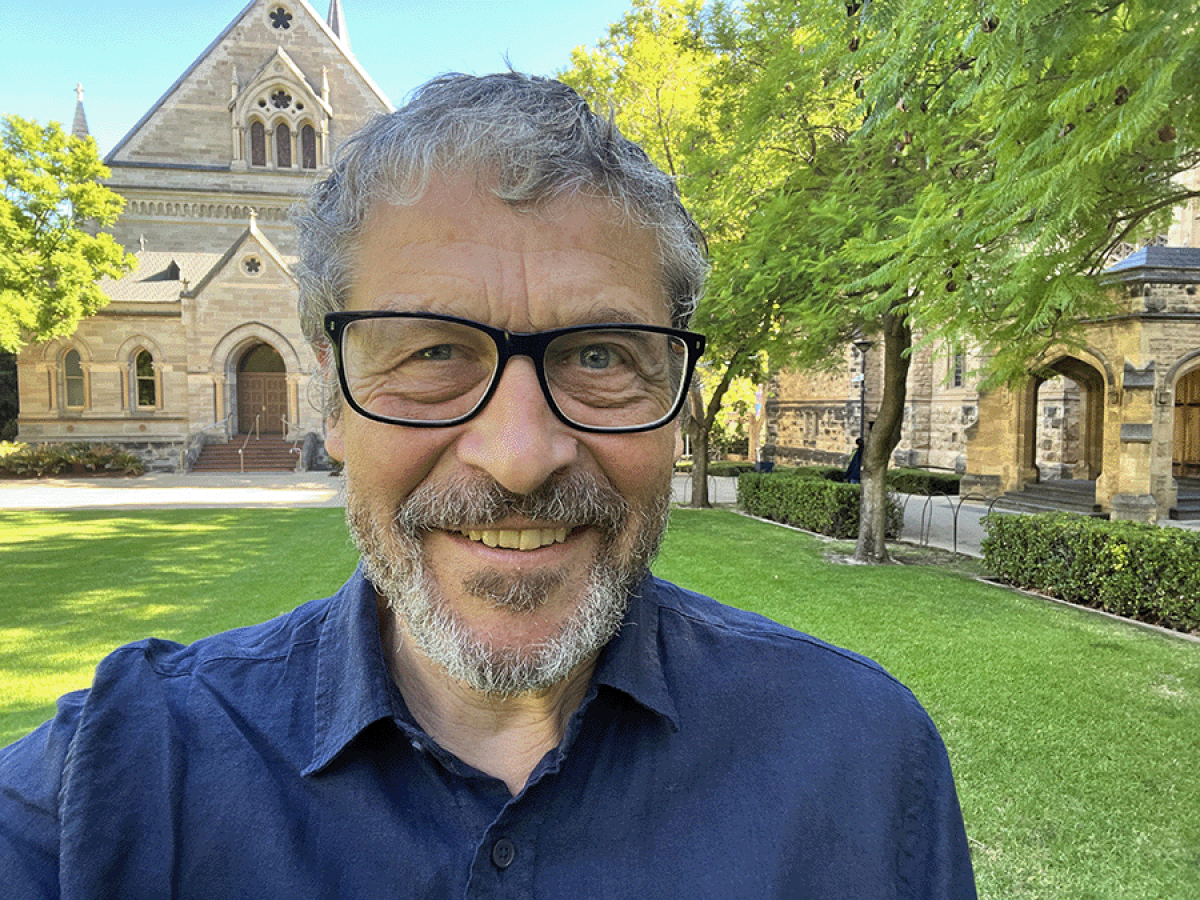
Dr Thomas Wanner
Political ecologist interested in the politics of sustainability and how power relations shape the conceptualisations and solutions to environment and development challenges. Research focusses on climate crisis and climate justice, and the education for sustainability.
Advisory board
-
Board members
Professor Hugh Possingham NAS FAA
Chair
Head, The Possingham Lab, University of QueenslandProfessor Hugh Possingham is a world-leading conservationist biologist, alumnus and has held a number of leading roles including Chief Scientist of The Nature Conservancy and is an ARC Laureate Fellow.
Sandy Carruthers
Executive Director Strategy, Science & Corporate Services, Department for Environment and Water (DEW)Experienced Executive Director working in government strategy and operations. Skilled in science innovation, partnerships, and strategy to support government outcomes. Strong background in broad environmental application of science to policy.
Professor Chris Daniels
Chair, Green Adelaide, Department for Environment and WaterProfessor Daniels is focused on conserving wildlife and connecting people with nature. He is currently Presiding member/Chair of the Green Adelaide Landscape Board. He is adjunct Professor of Biology in Clinical and Health Sciences at UniSA and adjunct Professor of Zoology at The University of Adelaide. Chris is a Governor of World Wildlife Fund, Board member of the RSPCA, SA Museum, and State of the Environment Report.
Tim Jarvis AM
Biodiversity ChampionAn environmental scientist, author, filmmaker, philanthropist and speaker, Mr Tim Jarvis AM seeks pragmatic solutions to climate change and biodiversity loss. He is vice-president at Fauna & Flora, a global ambassador and governor of WWF, ambassador to Koala Life and a board director of the Foundation for National Parks & Wildlife.
Dr Sarah Keenihan
Science Writer and EditorDr Keenihan loves to wrangle with complex information and create compelling stories, articles, social media, reports and more. She works with government, academia, industry and media clients across science, environment, health, technology and more.
Christopher Wilson
Sustainability Strategist, Regenerative Systems Innovator, Board AdvisorMr Wilson is a leading voice in the evolution of sustainability practice, with two decades of experience spanning environmental management, carbon and biodiversity markets, integrated reporting, and regenerative systems design.
Professor Laura Parry
Pro Vice-Chancellor (Research Excellence), University of AdelaideProfessor Parry is internationally renowned for her research on the therapeutic actions of the peptide hormone relaxin in women’s health and cardiovascular disease. She is an experienced research leader, award-winning educator and senior executive leader.
Environment Institute staff
Director, Environment Institute
Professor Andrew Lowe
Institute Manager
Dr. Marina Delpin
Senior Administrator
Monica Nunn
Marketing & Communications Officer
Marilia Jean Belperio
Research Impact Officer
Jennifer Ross

Newsletter & social media
Join us for a sensational mix of news, events and research at the Environment Institute. Find out about new initiatives and share with your friends what's happening.



